BAV BAVUAL UAL




What



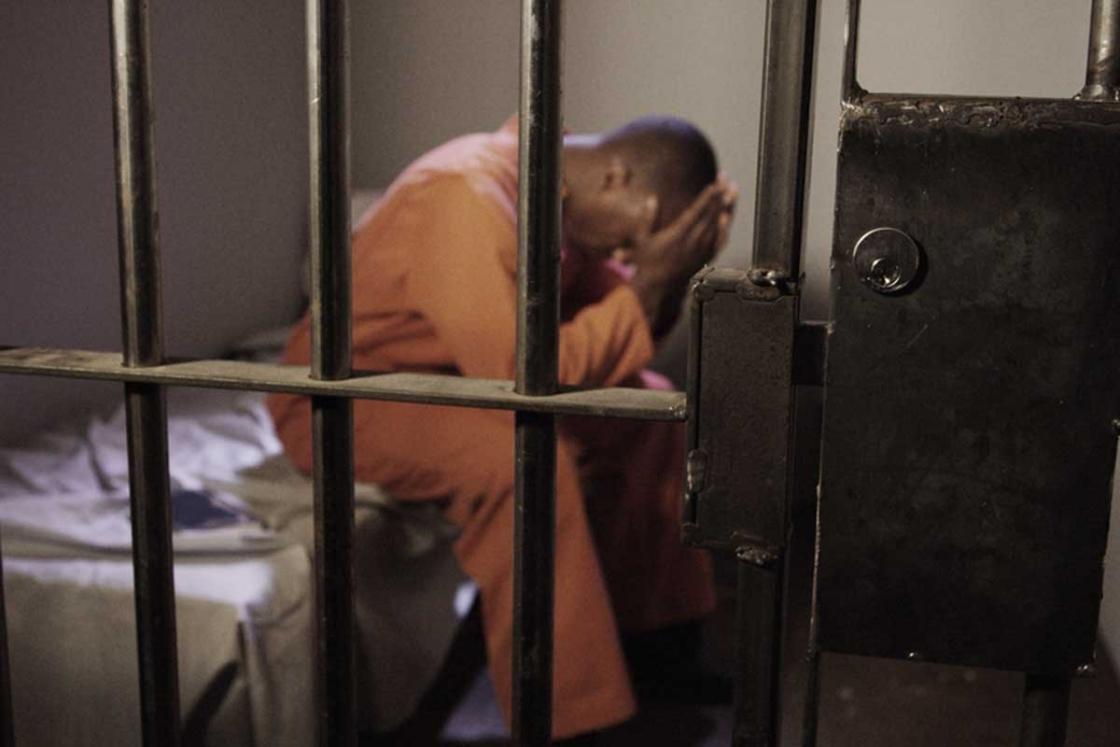



THE COVER:
Chef at Eziko Restaurant and Cooking School, Cape Town, South Africa





What







THE COVER:
Chef at Eziko Restaurant and Cooking School, Cape Town, South Africa
THE AFRICAN HERITAGE MAGAZINE
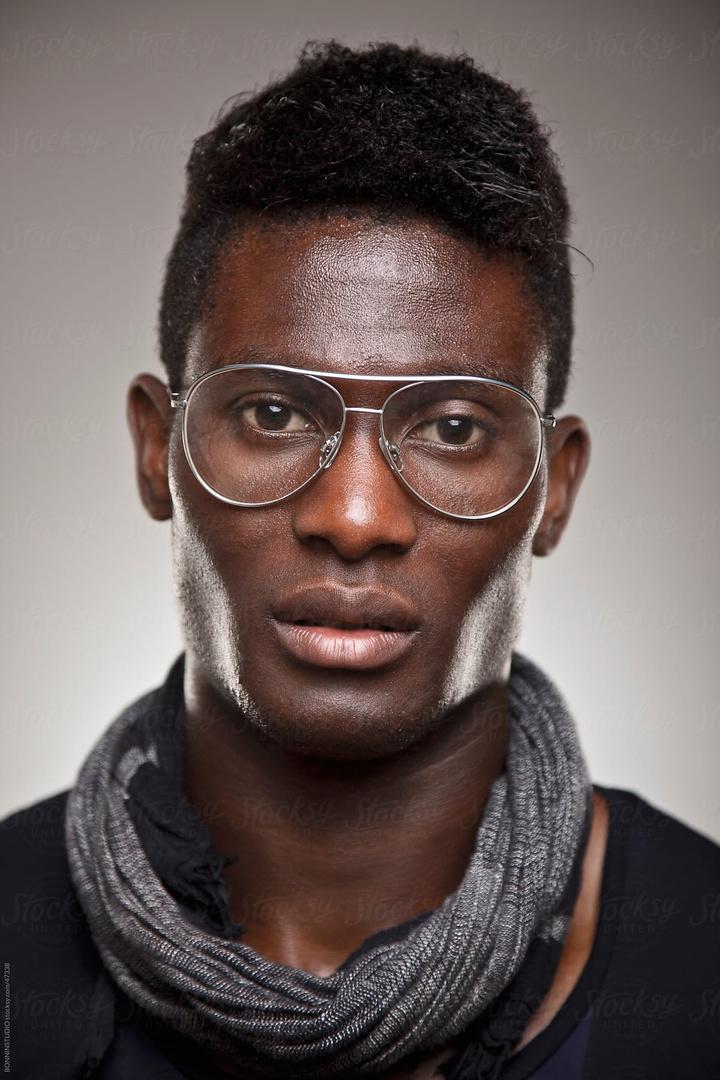
Bavual Vol. 2 Issue 3
Summer 2023
Editorial
Earl A. Birkett Editor
Rick D. Bowers Deputy Editor
Stephen G Hall, PhD, Special Editor
Associate Editor
Kristen Jones
Design & Illustrations
Debasish Sarma
Editorial Advisor
Myeshia C Babers, PhD
Marketing Multitrends International earl a birkett@gmail com
Advertising Multitrends International earl a birkett@gmail com
(201) 360-1139
Subscriptions
Visit www bavual com or contact Earl A. Birkett at eab@bavual.com
Write to: 42 Broadway, Suite 12-278 New York, NY 10004
Phone: (212) 419-5831
Email: eab@bavual com
Published Quarterly by Birkett Communications, Inc
All Rights Reserved
Earl A Birkett President
Contents copyright 2023 Birkett Communications, Inc
BAVUAL: Swahili for "power, strength, force"

No, I am not an atheist (or a Communist for quoting Marx), nor am I an agnostic. I grew up in a Protestant church environment, first the Methodists and, for a long while, the Baptists. But I bounced around, attending many churches: Presbyterian, Episcopal, African Methodist Episcopal Zion, even nondenominational Christian. Like everyone else, I sought answers to the great questions of life: Why was I born, what is my role in the Universe, and what happens to me when I die (i.e., does my soul live on)? For some, belief in one of the Big Three religions - Christianity, Judaism and Islam - or one of the less widespread ones (Buddhism, Hinduism, Taoism, and the like) is comforting in that they provide ready-made answers to perplexing questions.
Indeed, there is something soothing in knowing that there is an explanation for everything, including the meaning of life, no matter that such explanations often lead to far more questions than answers.

All religions also offer their own version of order and structuretradition if you will. It's OK to have faith in something larger than oneself, to believe that there is some sort of intelligent design to the Universe and that the unifying precept is to treat your brother and sister as you would treat yourself.
Where individual religions go wrong is to be so certain of what truth is that they arrogantly impose their "truth" upon others, whether they believe or not. Why should we have to follow an unproven tenet largely made up by flawed men over many centuries, without question? And which of the many religions is supposed to rule? More wars have been started over religious conflicts than for any other reason. Clever demagogues have always used people's belief in religion to gain power, substituting themselves for a Supreme Being that cannot be seen. This has always led to disaster.
If you are looking for answers to the Great Questions, search, then search some more. Don't settle for someone else's version of "truth." You may never find those answers, but it is far better than being fed both the answers and the questions.

America, we need to talk For quite some time now, I have noticed your decline. Until recently, it was concerning yet manageable I know that perfection is unattainable in this world. However, especially within the last decade, it has become more noticeable that your selfdestructive behavior is impossible not to notice America, you are killing yourself, and you need to stop Now
Let's begin with the environment Simply put, you are destroying it. The more conservative among you do not seem to understand the difference between weather and climate The weather is what you see when you look up, but climate refers to weather patterns that can affect life on Earth over a span of time Burning fossil fuels can over time so erode the climate
that it can lead to more intense weather and other problems: floods, hurricanes, earthquakes, poisoned air and water, unlivable heat wavesbasically the Book of Revelation come alive. Scientists tell us that the trend that produces these weather extremes must be reversed by 2029 in order to have a chance at human survival I'm telling you, for your own good, you need to cut back on the gasoline
Almost as dangerous, America, is your tendency of late toward selfishness, intolerance, cruelty and authoritarianism. All the other ails - poor health, drug dependency, a lower standard of living, violence - stem from these four weaknesses
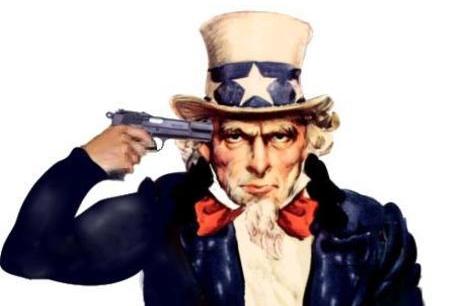
In the past, you took pride in what you called your rugged individualism, your ability to pull yourself up from your own bootstraps and make something positive happen for yourself Putting aside the fact that this attitude was always a myth, it has over time morphed into a belief that "what's mine is mine" and to hell with the rest of you. You feel entitled to all of the benefits that society bestows on you, yet you don't want to contribute to it, financially or otherwise, especially if it means that someone besides yourself benefits from it
It's bad enough that you want to isolate yourself from the rest of us, but now you want to look down on us as well. If we don't look like you, act like you, even "love" like you, you want to eradicate the rest of us from your life. How arrogant of you, Karen!
Thanks to cell phone cameras and social media, nothing is hidden anymore We see you abuse blacks, Hispanics, Jews, women, the LGBTQ+ community, immigrants, the poor and homeless, even the educated who think for themselves. We see you taking pleasure in displaying photos of a private citizen's penis to the world, turning a fire hose on a homeless person, laughing at a woman sexually attacked by a president and a Supreme Court justice, throwing a metaphorical anvil at some millennial busting his ass working five jobs just to make this month's rent, and on and on It's disgusting.
To add insult to injury, America, you want to be holier-than-thou and tell us what we should do with our own life Our life It may surprise the more conservative and authoritarian among you, but most of us want control over our body and our mind That entails whether we want to protect ourselves from a deadly virus, worship the God of our choice in the manner of our choosing, choose whether or not to adhere to the Bible or any other religious tract, love who we want to love, raise our children as we see see fit - or even to have children at all. Oh, and we get to decide whether or not to salute the flag and recite the BAVUAL 8
Pledge of Allegiance Most of us also hate hypocrisy and a system where some very privileged people get away with committing crimes while others who lack the money, power and connections do not. We also hate a system where the most is given to the few who least need or deserve it while the vast majority must suffer, largely due to misfortune of birth. Is it any wonder that disease, drug addiction and prevalence of guns is at an all-time high? That some people are so quick to shoot someone for knocking on their door to ask for directions?
America, your past is not pretty You cannot wash away slavery and oppression merely by passing a law that says you cannot teach it anymore. People know what you have done, and they have so many means to find out (such as BAVUAL). If you want the world to view you as exceptional, you must act in a way that makes you exceptional.
As any 12-step program will tell you, America, the first step is admitting to yourself that you have a problem You are drunk, Uncle Sam Drunk with ego, drunk with money and the greed that it produces, drunk with lies and falsehoods You are not the Shining City on a Hill that you imagine yourself to be, more like a heroin addict looking for his next quick fix and headed for an inevitable OD. Is this how you want to go out?

There is still time to turn it around There is still much good in you, America. It's just that somewhere along the line you lost your way You've seen better days If you want to see them again, put down the needle and the crack pipe, lose the arrogance, pick up a book and read it, and start treating all of your people with respect and decency.
America, you have a big decision to make, and little time in which to make it. Choose wisely.
The status of immigrants coming to the United States has only gotten worse, particularly along the southern border. Haitians join Ecuadorians and other Latin and South Americans seeking asylum in being turned away at the border. Though the "border crisis" much hyped by the right wing never materialized, it has not prevented the governors of Texas and Florida lusting for higher office to use immigrants as a political football, shipping them (possibly illegally) all over the country, but mainly to East and West Coast cities to humiliate Democrats.
More than ever, BAVUAL continues to advocate for gun control and repeal of the Second Amendment. Ordinary Americans do not have a right to a firearm; such a weapon is reserved for "a well-regulated militia." We are not against owning a gun for sport or self-defense, but it should definitely be more difficult to get one.
Smalls, the ex-Amazon warehouse worker turned union president, seems to have rekindled the movement for workers' rights in the U.S. that has spread to other industries, from Starbucks to UPS to SAG-AFTRA. If the country is ever successful at reducing the massive economic gulf between capital and labor, it will largely be because of this young black man.
Despite grumbling from the usual right-wing quarters that a lesbian black woman should not be bargained for release from a Russian prison before a white man (Paul Whelan) still held, it was nevertheless a wrong that was righted - and called by BAVUAL before it happened.
The Summer Issue, graced by a painting of a one-armed black veteran, was our second-most popular to date. It was a tribute to Black American Patriots, from the Revolutionary War to Iraq and Afghanistan.

The adoption of the 14th Amendment to the United States Constitution, which was passed by Congress on June 13, 1866, and ratified by 28 of the 37 states in 1868, was a monumental event in the nation’s history. As one of the three Reconstruction Amendments, it was a response to the challenges faced by the nation and by formerly enslaved people after the American Civil War.
Among other things, it addresses citizenship rights and equal protection under the law. Extending liberties and rights granted by the Bill of Rights to formerly enslaved people, it remains perhaps the most significant constitutional amendment since the Bill of Rights was passed in 1791. For this and other reasons, it was bitterly opposed, especially by Southerners. Ultimately, however, in order to regain their representation in Congress, the defeated Southern states were forced to ratify it. In the years, since, it has been one of the most litigated parts of the Constitution and forms the basis for several landmark decisions such as Brown v. Board of Education (1954), Loving v. Virginia (1967), Roe v. Wade (1973) and Bush v. Gore (2000).
Following the Civil War, Congress submitted three amendments to the states as part of its Reconstruction program to guarantee equal civil and legal rights to black citizens.
Before passing the 14th Amendment, the Senate added a clause stating that “all persons born or naturalized in the United States and subject to the jurisdiction thereof, are citizens of the United States and of the States wherein they reside.” This clause thereby granted citizenship to formerly enslaved people.
Another equally important provision was the statement that “No State shall make or enforce any law which shall abridge the privileges or immunities of citizens of the United States; nor shall any State deprive any person of life, liberty, or property, without due process of law; nor deny to any person within its jurisdiction the equal protection of the laws." In addition to these important provisions, the amendment included issues such as public debt, how former rebels and insurrectionists should be treated, and other constitutional law concepts. The House approved the final version.
Notably, the rights enumerated in the 14th Amendment now applied to both federal and state governments—in theory.
Unfortunately, although the amendment offered great hope after the Civil War, not only did it fail to fully extend the Bill of Rights to the states, it also failed to protect the rights of black citizens for long, especially in the South, where racist local and

state governments systematically denied their black citizens equal rights and due process of law. Due to continuing white prejudice against blacks, the 1896 Plessy v. Ferguson Supreme Court decision that accepted the idea of “separate but equal,” and the refusal or reluctance of the nation’s leadership to enforce the amendment, black citizens’ rights were denied by various means, including the so-called Jim Crow laws and segregation in the South.
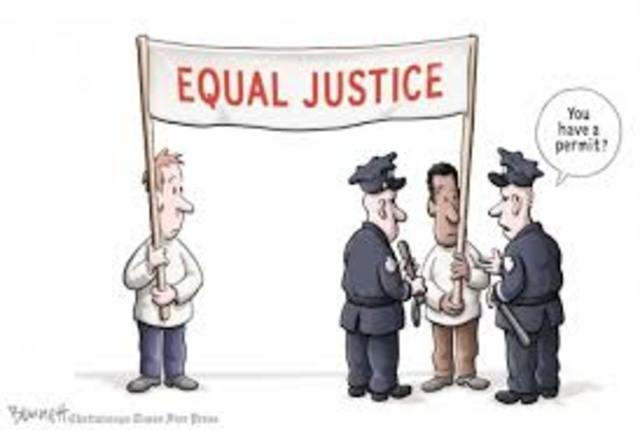
As a result, black and white citizens have been forced to struggle for nearly two centuries to make the intention of the 14th Amendment a reality. They have petitioned, protested and filed cases in court; Congress has passed more laws; and the executive branch has attempted to enforce the law to protect citizens’ rights. Although these efforts have never been able to fully empower the amendment, they did, however, lead to some success in the mid-20th century. From time to time, the amendment has been instrumental in antidiscrimination cases and has safeguarded citizens' rights to equal protection under the law.
Since 14th Amendment violations deprive citizens of their rights and affect the very core of their status as members of society, such violations have often been and continue to be at the heart of many legal battles.
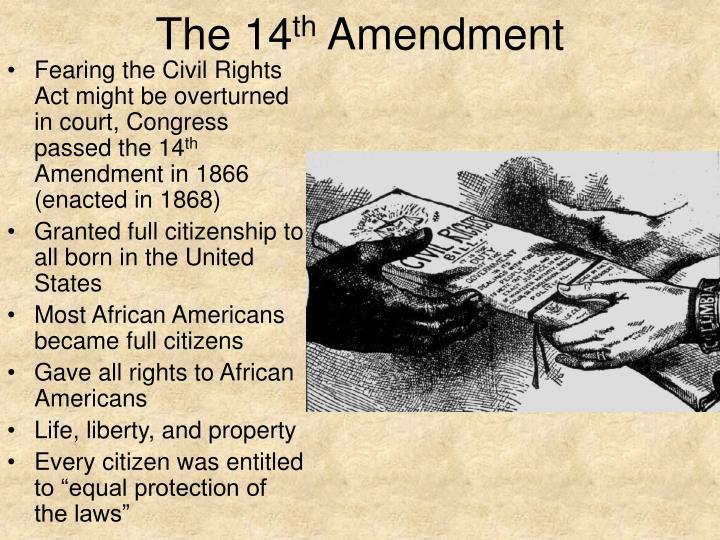
Even in the modern era, the 14th Amendment continues to provoke controversy. In 2023, for example, President Joe Biden looked at utilizing the 14th Amendment to settle the newest debt crisis affecting the nation. Debate over whether the amendment could be used unilaterally to avoid a default eventually picked up steam amid negotiations between the White House and House Republicans. Proponents of the theory argued that the phrase in the 14th Amendment that says the public debt “shall not be questioned” meant that if Congress did not act, the president could unilaterally continue to issue debt. Some Democrats and White House officials had advocated for Biden to use the amendment to work around Republican demands for spending cuts in exchange for raising the debt ceiling. Biden, however, was publicly adamant that while he was exploring the idea, such an attempt would likely get tied up in court and not be a viable solution to avoid default before the U.S. Treasury ran out of money in early June 2023.
In addition to this example, some people today believe that Section 3 of the amendment, which addresses the punishment of those who "have engaged in insurrection or rebellion against the [United States], or given aid or comfort to the enemies thereof,” should also be applied to those who were involved in the Jan. 6, 2021, insurrection at the U.S. Capitol. They argue that the amendment bars these insurrectionists from holding office, and they want to use it to expel some members of the U.S. Congress from office and ban former President Donald Trump from running for office again.
One of the best-known and most-quoted sections of the amendment was written by Congressman John Bingham. It reads, “No State shall make or enforce any law which shall abridge the privileges or immunities of citizens of the United States; nor shall any State deprive any person of life, liberty, or property, without due process of law; nor deny to any person within its jurisdiction the equal protection of the laws.” With these words, Bingham sought to ensure that each individual state was duty bound to uphold the citizens’ constitutional rights.
Unfortunately, as previously noted, this amendment has never been fully enforced, and, in fact, parts of it have recently come under attack again. Although the amendment was adopted to clarify citizenship rights, equal protection, apportionment, and the nation’s debt, questions still arise about the supposed “fairness” that is received by many of the people who call the U.S. home.
Ultimately, the 14th Amendment was a critical milestone in the quest for equality and justice in the nation, and although it has faced much opposition and many attacks, it still provides important guiding principles for ensuring a fairer and more inclusive society for all.
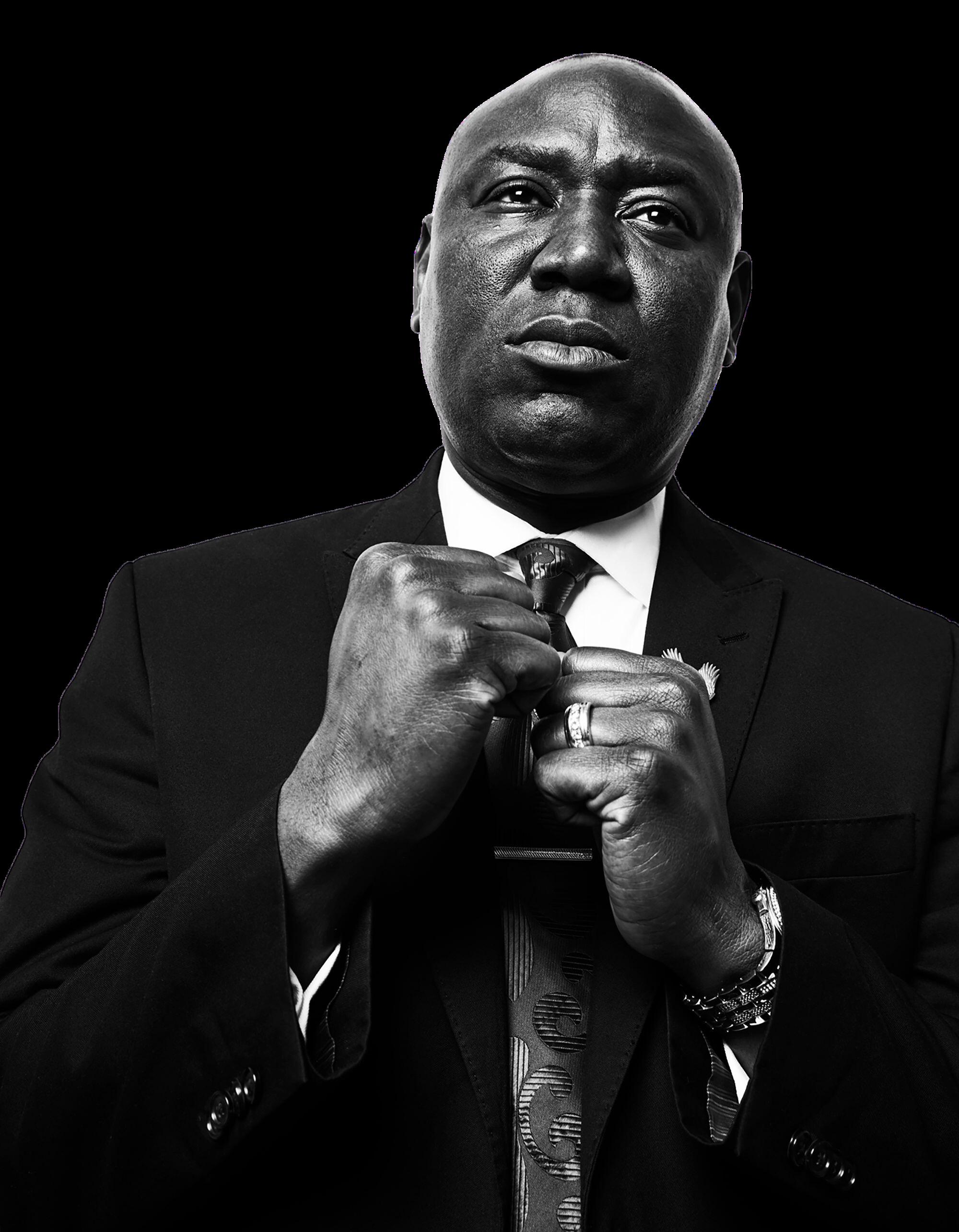 By Patricia Rizzo
By Patricia Rizzo
CivilrightsattorneyBen Crumphasexperienceinlaw forover25yearsandhaswon morethan200casesrelating topolicebrutality.
Crumphasbeencalled "BlackAmerica's AttorneyGeneral."
InJanuary2023, Crumpannouncedhe wouldrepresentthe familyofTyreNichols, whodiedonJanuary 10,threedaysaftera trafficstop,whenfive Memphis,Tennessee, policeofficerstriedto arrestNicholsfor allegedreckless driving Duringthe incident,Nicholswas beatenbytheofficers, andhewastakento thehospitalafterhe reportedhehad shortnessofbreath.
Crump is the founder of the Tallahassee, Florida-based law firm Ben Crump Law, and is only licensed to practice law in the state of Florida
Who is Ben Crump?
Benjamin Lloyd Crump, 52, is an American attorney who specializes in civil rights and personal injury cases. He is the founder and president of Ben Crump Law in Florida, with over 10 associates in his legal staff representing the firm and clients.
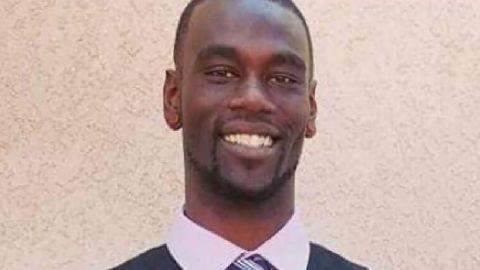
Crump attended Florida State University and received his bachelor's degree in criminal justice in 1992, and his Juris Doctor in 1995. He has been practicing law for nearly 25 years.
How many cases has he won?
Crump has won over 200 cases relating to police brutality, with his firm earning a third of each settlement.
He says he turns down a dozen requests for every case he takes, only choosing the ones that will “shock the conscience” of the American people.
“I’m not stunned that this is happening in 2020,” says Crump during an evening phone interview with the Washington Post from his office. “It takes extraordinary effort in America for black people to get simple justice.
“I feel like I’m running out of time,” he added.
Crump has been sought after by many who feel they have suffered injustice in the eyes of the law, demanding righteousness in their cases.
“We can’t depend on the justice department. It’s become up to the people who have been on the front line,” he said.
Crump's reference was geared towards local prosecutors, state and city officials, and activists who have been key elements of change within the justice system.
Who has he represented?
Crump has represented low-profile cases as well as notable ones, one being the Trayvon Martin death in 2012.



The acquittal of George Zimmerman in relation to the death of Martin sparked the Black Lives Matter movement to be founded by Patrisse Khan-Cullors, Alicia Garza, and Opal Tometi.
The movement was founded to dismantle white supremacy in the US and build local power to intervene in black communities and prevent violence.
Gaining momentum after that case, Crump was asked by the family of Michael Brown to represent their case, especially as there were similarities between Brown and Martin’s death.
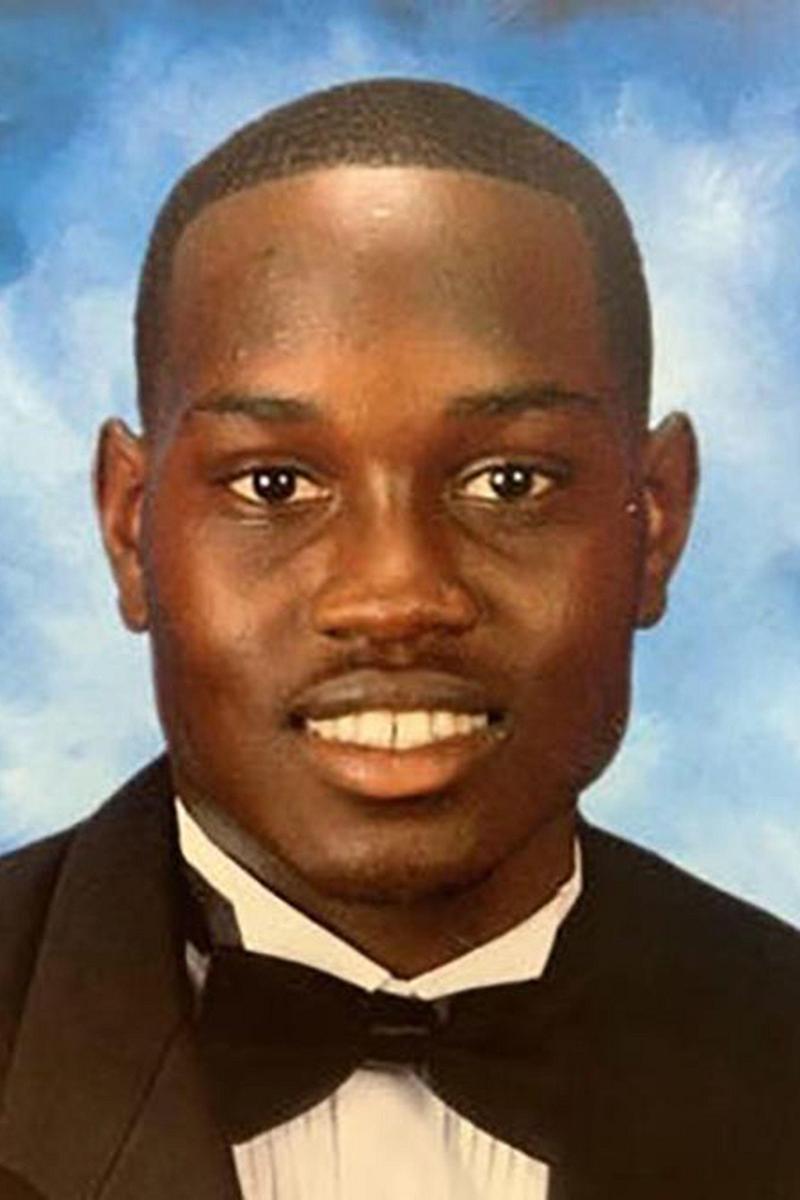
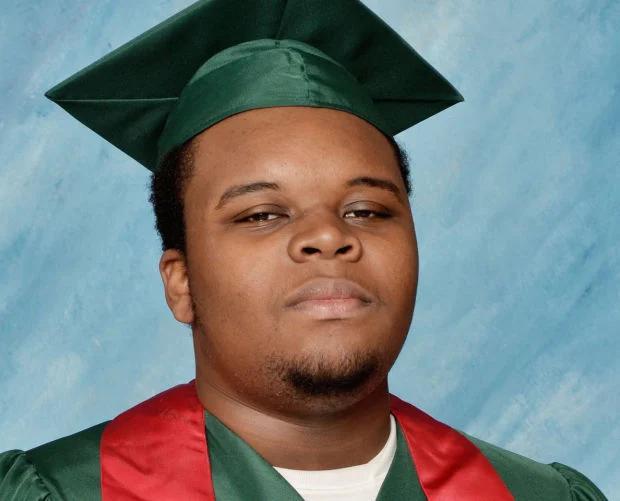
Brown was fatally shot by Ferguson police officer Darren Wilson in 2014. Wilson was eventually not charged by St. Louis prosecutor, Wesley Bell, as they found he acted in self-defense.
As of 2023, Crump has been actively involved in representing the families of George Floyd, Jacob Blake, Ahmaud Arbery, Breonna Taylor, and Tyre Nichols. Their cases which involved police brutality stirred national outcry, massive protests, and indignation among black communities.
Members of Floyd's family, Reverend Al Sharpton and Crump took a knee outside a Minneapolis courthouse for eight minutes and 46 seconds before entering the building for the beginning of Derek Chauvin's trial.
On May 25, 2020, Officer Chauvin pressed his knee into Floyd's neck, which resulted in him gasping for air for nearly nine minutes before dying. Chauvin was charged with second-degree murder, third-degree murder, and second-degree manslaughter in Floyd’s death.
"We are taking a knee for eight minutes and 46 seconds, and we want you to think of during that time, why Chauvin didn't, in that time get his knee up?" Sharpton said in a news conference the morning of March 29, 2021, while marking each minute out loud as it passed.
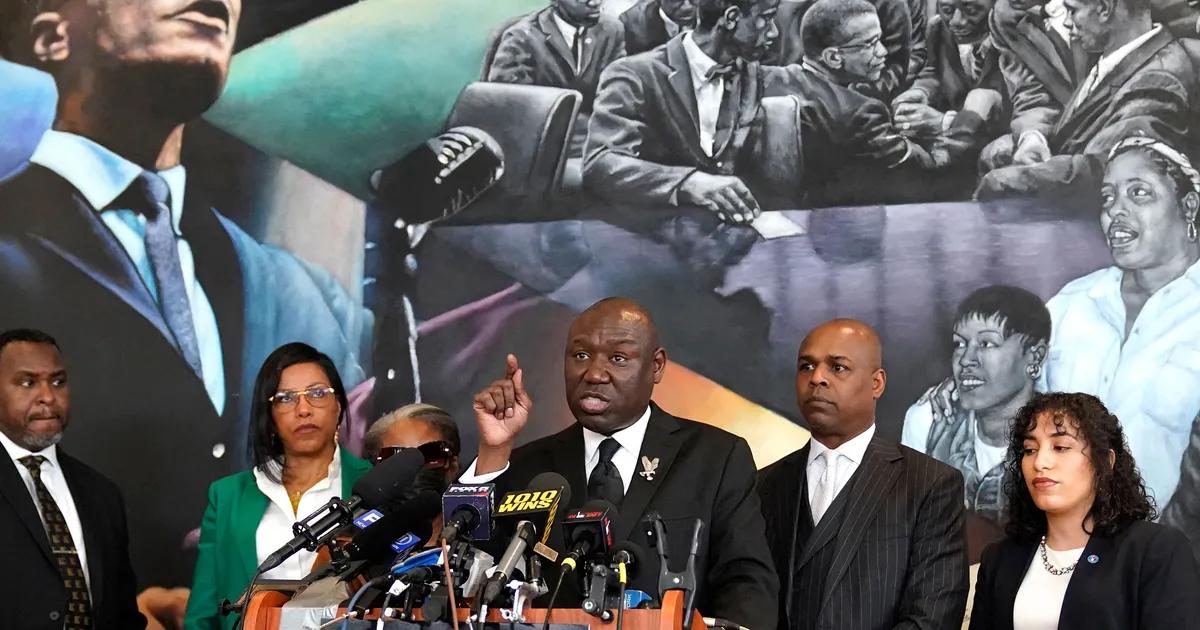
In a news conference before the moment of silence, Crump spoke on what he believes Floyd's trial means for the family and the US.
"Today starts a landmark trial that will be a referendum on how far America has come in its quest for equality and justice for all," Crump said.
"George Floyd galvanized cities all across America and all across the world when that video, that video of torture was viewed millions and millions of times
"So, America, this is the moment, this is the moment to show the rest of the world that you are the standard bearer when it comes to liberty and justice for all.
Adding: "The whole world is watching "
On November 8, 2021, TMZ reported that Crump will be representing some of the victims of the Travis Scott Astroworld festival tragedy that claimed the lives of eight people.
What else has Ben Crump done?
In addition to the civil rights cases, Crump has represented those affected by Johnson & Johnson’s baby powder ovarian cancer crisis, and those poisoned by the Flint, Michigan water
He has also hosted a documentary series on TV One called Evidence Of Innocence. The show focused on people who served at least a decade behind bars after being wrongfully convicted of a crime.
“If we don’t seize this moment to make real systematic reforms in policing in America, it will be squandered,” Crump says
“If we don’t do something, I predict that, in the next 30 days, another person is going to be killed by the police and there will be another hashtag created ”
Reprinted from The DailyBeast.com,
As news spread across the Central African Republic (CAR) on Saturday that thousands of mercenaries from Russia’s Wagner Group had started to march to Moscow in a mutiny led by their boss Yevgeny Prigozhin, cabinet members in the restive African nation became very uncomfortable and started to phone each other with concern, according to a senior government official who spoke to The Daily Beast.
The CAR government has a very close relationship with the Wagner Group, which has built a spider's web of military and economic relationships over the past five years in a number of African countries, including Libya, Sudan and Mali.
In CAR alone, Russia has—over the last five years— sent weapons and hundreds of military advisers and Wagner mercenaries as an extension of the government’s security forces. The Wagner fighters have been intimidating locals and targeting citizens opposed to the private military company’s presence, while also exploiting the country’s mineral resources.
But Prigozhin’s decision to seemingly turn on his former ally, Russian president Vladimir Putin, set off panic among those who benefit from Wagner’s activities in Africa.


“Yes, there are Wagner mercenaries [in CAR] and everyone is worried that the face-off between Putin and Prigozhin would bring an end to their operations in our country,” said an adviser to CAR President Faustin-Archange Touadéra in a private conversation with The Daily Beast via telephone. “The Russians play a very important role in the security architecture of our country and if they are forced to pull out completely, things could become messy.”
The longer the mutiny lasted, the more worried CAR officials were, according to the government adviser. As reports emerged that Prigozhin and his troops had captured Rostov-on-Don—a southern Russian city that has served as a critical logistics hub supporting Putin's ongoing war in Ukraine—and were continuing to march towards Moscow, CAR government officials became scared that Russia could descend into a civil war, which could affect the support the African nation gets from the Kremlin through Wagner.

"Everyone feared that if war broke out in Russia, the Russians [in CAR] would not only be forced to return home, but our political, military and business relationship with Russia would be halted," he said. "The last thing the government [in CAR] wants to see at the moment is the exit of Russia from the country."
When news broke late Saturday that Belarusian President Alexander Lukashenko had reached a deal with Prigozhin to call off the coup and take refuge in Belarus, government officials in CAR were anxious to know what would become of Wagner's operations in the country, a senior military official told The Daily Beast in another private telephone conversation. “Cabinet members were calling both [CAR] military officers and Russian military instructors [present in CAR] to find out if they had received any information about Russia's role in the country going forward,” said the official who works at the CAR army headquarters in the capital, Bangui. “But nobody, not even the Russian instructors here [in CAR], has got any information relating to that.”
Wagner's influence in governance in CAR is huge. At some point, a former Russian military intelligence officer, Valery Zakharov, served as the national security adviser to the president, and a shell company known as Diamville not only forces CAR's poor miners and collectors to turn over their gems or sell them only to the Wagner-owned company, but also plays a key role in mining regulations in the country.
The coup attempt in Russia may have been aborted, albeit temporarily, but the brazen nature of the assault against the Russian state could have major repercussions for Wagner's operations in Africa. And, as the uncertainty continues, those who benefit from the group's presence in the continent remain anxious.
"Have you heard anything about where Yevgeny Prigozhin is?" the CAR government adviser, sounding apprehensive, called The Daily Beast Sunday morning to inquire. "We just don't know what's going on."

There has been much attention given to democratic backsliding in Africa in recent years. According to Freedom House, 31 African countries have seen their democracy scores decline over the past 5 years. Less well appreciated is the role that external authoritarian actors have played in facilitating this deterioration. Russia stands out in this regard. Among other aims, undermining democracy has been a strategic objective of Russia’s Africa policy for the past two decades. Authoritarian governments lacking domestic checks and balances provide permissive environments for enabling Russian influence on the continent. Normalizing authoritarianism abroad, meanwhile, validates Russia’s nondemocratic governance practices at home.
Russia’s disruption of democratic processes occurs through both official channels (such as blocking UN resolutions condemning African regimes’ human rights abuses or fraudulent electoral claims) and irregular means (such as disinformation campaigns targeting democratic proponents, election interference, the deployment of Wagner paramilitary forces, or illicit arms for resources deals). As the nature of these irregular interventions is intentionally opaque, the depth of Russian intervention is often unclear. Nonetheless, the breadth of Russia’s efforts to undermine democracy in Africa is remarkable, having actively deployed at least one of these tools in 23 African countries spanning the continent.
The effect of these interventions is to thwart the aspirations of the three-quarters of African citizens who want to see democracy flourish in their countries, thereby weakening African voices, sovereignty, and selfdetermination.
Highlights
Russian interference to undercut democracy in Africa occurs across a range of methods with disinformation (17 countries targeted), electoral interference (15), and support for extraconstitutional claims on power (14) being most common.
Russia’s methods of democratic interference in Africa tend to be reinforcing. Disinformation campaigns are nearly always accompanied by efforts to interfere in
elections to keep Moscow-friendly regimes in power, to support their extended tenures in office beyond constitutionally mandated term limits, or to validate coups.
Russia primarily targets African countries with relatively weak democratic institutions. The median Freedom House freedom score (on a scale of 0-100) for African countries in which Russia is actively undermining democracy is a 28. This compares to a median score of 51 (nearly double) for African countries that Russia is not recognized as undermining.
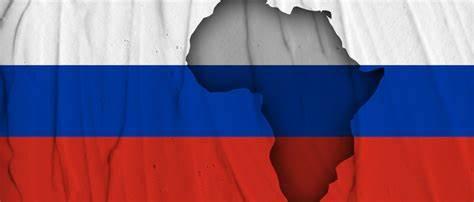
In African countries where Russia is most active (i.e., engaging in four or five of the identified undermining elements), the median freedom score is just 19. Russia is, thus, helping prevent political rights, civil liberties, and checks and balances on the executive branch from gaining traction in some of the continent’s most enduring authoritarian systems. As a result, despite massive popular protests for democracy in places like Algeria, Guinea, Sudan, Uganda, and Zimbabwe, exclusionary regimes persist.
The notable exception to this pattern of targeting countries with weak democratic institutions is South Africa, which is recognized as having some of the strongest checks and balances on the continent. This reflects the opening Russia perceives it can exploit to co-opt South African leaders and gain further influence.
11 of the 23 African countries where Russia is actively undermining democracy are in conflict. This represents three-fourths of all African countries in conflict. Many of these conflicts are internal, resulting from the unwillingness of ruling parties to share power. Russia’s thwarting of democracy in these countries is effectively prolonging these conflicts by blocking mediated political solutions. Russian support to the military government in Sudan, for example, helped derail the planned democratic transition there, precipitating the ensuing conflict. Non-coincidentally, 7 out of the 10 African countries with the highest levels of forced population displacements have been targets of Russian interventions to undercut democracy.
By the Africa Center for Strategic Studies June 21, 2023
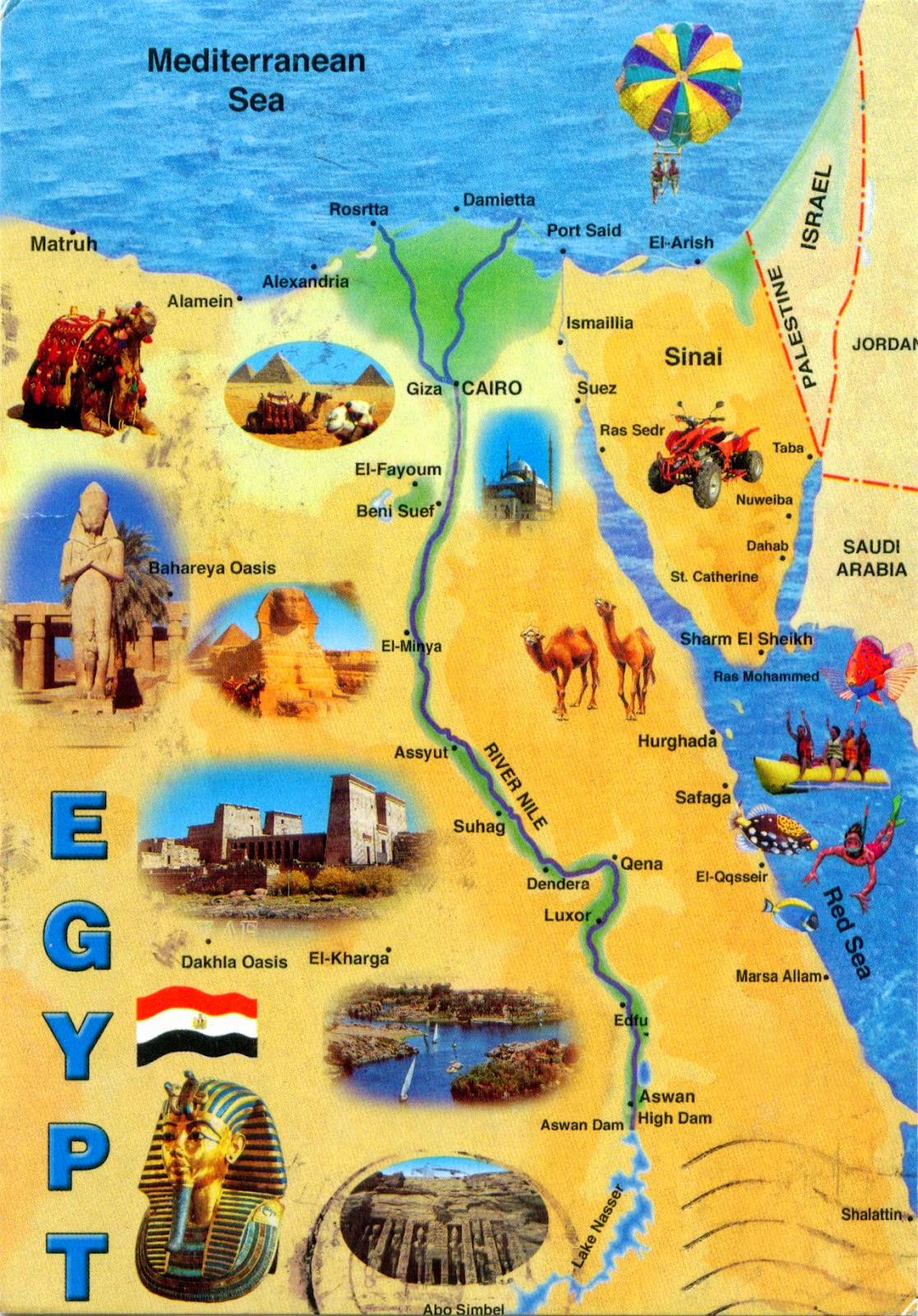

Is Egypt in Africa? This is a thorny question that is always a puzzle for many, and there is still confusion over the years. The Northern African country is almost on a continent tug of war.
Is it in Africa or Asia? Here is the truth about it all.
Is Egypt Considered a Part of Africa?
Egypt is what we call a transcontinental country. It sits in both Africa and Asia. However, the most significant part of Egypt is in Africa, which is why most consider it Africa. The other small piece of Egypt is in Asia.
Egypt is one of the world’s oldest nations. The Mediterranean Sea separates Egypt from Europe. Palestrina, the Gulf of Aqaba, and the Red Sea separate Egypt, Saudi Arabia, and Jordan from the east. Egypt is also bordered on the south by Sudan and the west by Libya.
So when answering [if] Egypt is in Africa, bear in mind that it straddles Africa and Asia.
Egypt is both in Africa and Asia. It finds itself in the middle of the East and West Suez canal. There are only three other countries in the world that find themselves in such a unique positioning.
While many continue exploring the subject on is Egypt in Africa, just know that it is and is a member of the African Union. It joined in 1963. Due to the other part of Egypt being in Asia, they are also a member of the Arab league.
In the case of Middle Eastern countries, people frequently refer to those closest to Africa (Egypt) as African. At the same time, those closest to Asia (like Oman, Iran, Iraq, etc.) are Asian. They are, however, collectively known as the Middle East.
Egypt’s Asian portion was once a desert where the seminomadic Bedouin tribe lived. According to legend, this is the land where Moses and the entire Hebrew nation wandered for 40 years.
The Asian region of Egypt is sparsely populated, with the canal on one side and a barrier on the other. This first fuels the debate seeking answers to is Egypt in Africa?
Some argue that it is in Europe. The Europe theory is because ancient European kingdoms dominated and settled in Egypt for many years. To make this clear for all, Egypt is not in Europe. Ancient Egypt was part of the Nile valley civilization. The civilisation evolved from the upper Nile in Africa to northeast Africa.
People may not see Egyptians as Afro ethnic, which probably makes them feel like they can not claim the African title. Some do not relate to Africa, and so deny the identification. But Africa claims them and is proud to have Egypt as one of them. With geography usually winning the argument, we can not discount the Asian ties. The sub-Saharan landscape of Egypt’s west and south has long been difficult to traverse. Still, the Sinai Peninsula provided a more direct route to Asia. This allowed more trade and commerce to move across land and better relations with Asian and Middle Eastern countries. It had a more significant influence on Egypt’s culture, customs, food, and way of life than in Africa.
Egypt had closer links with the Indian subcontinent and Europe. Thanks to its 1,522-mile coastline and access to the Mediterranean and Red seas, this influenced Egypt. When they created the Suez Canal, Egypt and the rest of Asia and the Middle East became even closer. This as a result of increased commerce and cultural interaction. As a result, Egypt remains part of Africa physically. Still, it may be called Asian or even Middle Eastern in all other respects. This is, however, a question of opinion rather than fact.
By See Africa Today May 22, 2022Egypt’s affiliation with its African surroundings goes beyond the traditional geographical and historical dimensions, as this affiliation has been a major component of Egyptian identity throughout the ages. It is a pivotal element in shaping the cultural features of the Egyptian personality, an identity that was formed from a mixture of the Arabic language and Islamic, Coptic, Mediterranean, and African backgrounds.
Egypt has never been cut off from the African continent during the various periods of its history. However, the last few years have been characterised by an increase in its activity there, not only in the Nile Basin region, but also in the heart of the continent through the African Union (AU), which Egypt has chaired since February 2019. Egypt’s presidential diplomacy has also brought about a renaissance in African relations.
Egyptian support for human development efforts in the various countries of the African continent has become ever more evident and reflects Egypt’s awareness of its African identity. This has taken place through the dispatching of thousands of Egyptian experts, the reception of thousands of African citizens for training in Egypt, and the diversity of fields and interests of the Technical Fund for Cooperation with Africa of the Egyptian Ministry of Foreign Affairs. The latter has worked on judicial cooperation, police cooperation, educational programmes, medical aid, food aid, and courses for African diplomats.
Egypt is working in parallel to deepen relations with the African continent through various agreements and projects and the implementation of many infrastructure and logistics programmes in the heart of the continent. The national carrier EgyptAir has signed a memorandum of understanding to establish a Ghanaian national airline with joint investment that will provide services to more than 80 countries around the world, for example.
To avoid the high economic price incurred by countries due to restrictions on border relations and the movement of people across borders, as well as to encourage projects in the field of water resources and irrigation, Cairo is working on the construction of a hydroelectric dam in Tanzania. The Arab Contractors Company is also implementing projects in 23 African countries through a huge investment package estimated at $1.5 billion, and there is also an electrical interconnection project between Africa and Europe being sponsored by Egypt.
Egypt has signed 19 military agreements with African countries, underlining the fact that Cairo is distinguished by the presence of a large number of African military personnel who receive training at the Nasser Academy in the capital every year. Egyptian diplomatic initiatives over the last two years reflect Egypt’s openness to Africa within the framework of the intensification of parallel plans on several levels.
On the educational level, Egypt is opening the door to giving more scholarships and offering various grants in its universities and institutes to African students. There are currently more than 10,000 African students on government scholarships in Egypt, in addition to others studying at their own expense.
Economically, the African Continental Free Trade Area (AfCFTA) will create sustainable opportunities and open the door to mutual benefits between Egypt and the African countries. Cairo is also an active member of the Common Market for Eastern and Southern Africa (COMESA). This is the largest economic grouping on the African continent and allows for the exchange of goods and services without customs duties or administrative obstacles.
Diplomatic initiatives on the continent over the past two years have paralleled what happened in previous decades since Cairo established major assets in Africa during the rule of former president Gamal Abdel-Nasser and the fruits of these
continued to be reaped during the subsequent rule of former presidents Al-Sadat and Mubarak.

There are now more and more opportunities in Africa after decades of comparative retreat. These include economic cooperation and the exchange of experiences and actions to protect water security.
Cairo should pay more attention to shifting cooperation from the hierarchical level led by diplomatic summits to intensifying the Egyptian role in social, cultural, and media areas in order to achieve a sustainable presence in Africa. The media should play more of a role in encouraging businessmen to exploit opportunities for cooperation and introduce Egyptian products to African markets. Especially in the light of the US and Russian rush to work on the continent, this would make Egypt a centre for cooperation by these powers with Africa in order to achieve mutual benefits.
Among the aspects of Egypt’s AU presidency has been the launch of the operational phase of the African Free Trade Zone, the signing of 13 memoranda of understanding and agreements worth $3 billion in the activities of the Africa Forum, and the doubling of the activities of the Egyptian Agency for Partnership for Development in Africa.
The intensity of these developments in EgyptianAfrican relations has shown that Egypt’s moves are not based on Egyptian strategic interests alone, but instead are based on a broader and deeper framework intended to fight negative perceptions as a new starting point in relations towards the continent. This breakthrough has been based on deepening the country’s African identity, advancing integration among the countries of the continent, erasing any negative or exclusionary images of African Arabs, and providing direct connections to building a common awareness of the continent’s issues and challenges.
Many efforts have been made to bring together Egyptian and African young people, including the Africa Summer School that will prepare young leaders from Egypt and Africa and change any persisting stereotypes. It will help to introduce African institutions and cultures in Egypt and promote effective communication between the peoples of the continent.
The vision and objectives of the Africa School are based on three levels: Egypt’s Vision 2030 at the national level; Africa’s Agenda 2063 at the continental level; and the 2030 UN Sustainable Development Goals at the international level. These make the School a pioneering experiment in the framework of cultural exchange and the deepening of identity between Egypt and the African countries.
Africa today is not the Africa of yesterday. Our circumstances, situations, problems, and challenges have many similarities and common concerns. The peoples of the African continent are looking for peace and a decent life. Africans are ready to open their doors to cooperation and to a fair division of legitimate gains between them and investors from outside.
Africa is a continent that is able to absorb huge investments. Our roots in the African continent are deep, and our history with it is an honourable one. Egypt has a great role to play in the heart of Africa. Our task now should be to return to these roots and to play the role that we used to play throughout our ancient, mediaeval, and modern history of helping and supporting the countries of the African continent as much as we can.
We have visions and experiences that can add to this continent, which is what Egypt seeks in helping to make its development a tangible reality.
Ahmad Abdel-Tawwab Sharafeldin Tuesday 22 Feb 2022In July 2007 I was commissioned by CNN to produce a feature story on Egyptian identity. The four-minute piece was to air on CNN’s Inside Africa, a weekly show that takes pride in showing viewers the ‘real’ Africa in all its diversity, rich heritage, and culture. My producer in Atlanta, Georgia, at the time was Cynthia Nelson, an African-American. She asked me to devote my four-minute piece to whether Egyptians really consider themselves Africans.
I hired a camera crew and set out on my mission, thinking I would only prove the obvious: Wasn’t Egypt in North Africa? Therefore, Egyptians are Africans. But it wasn’t simply a matter of geographical location - the issue turned out to be much more complex than that. I did not know it at the time but I was to be most astonished at what I would soon discover.
I spent the next couple of days interviewing hundreds of Egyptians – not just academics and researchers but also laymen and women in different districts in Cairo — asking how they view themselves. My question raised a few eyebrows among people on the streets, the majority of whom replied "I’m a Muslim Arab, of course” or “an Arab Muslim.” They shrugged their shoulders and looked perplexed as they responded for wasn’t it an already-known fact that Egyptians are Arabs and that Egypt has a majority Muslim population? A few of the interviewees said that they “were descendants of the Pharoahs” but surprisingly, none in the sample interviewed thought of themselves as Africans.
Their responses led me to contemplate the conceptual Sahara divide. For centuries, the Sahara Desert has been viewed as a vast impenetrable barrier dividing our continent into two distinct areas: Northern “white” and sub-Saharan “black” Africa. The countries south of the Sahara have long been considered authentically “African” while those to the north have been perceived as Mediterranean, Middle Eastern or Islamic. While most anthropologists refute this perception of Africa as “inaccurate”, it has nevertheless, influenced the way people think about the continent and our region in particular. Apparently, it has also impacted the way Egyptians view themselves.
Many Egyptians are oblivious to their “African-ness", failing to identify themselves as Africans. When confronted with the reality of their African roots, some Egyptians are stunned, others reluctant to acknowledge the fact. Though I hate to admit it, we are a racist people. African refugees living in Egypt often complain of discrimination and verbal and physical harassment on the streets. Egyptians look down on darker-skinned sub-Saharans as their “inferiors,” they claim. Historian Jill Kamel confirms this, explaining that it may be attributed to the fact that across generations, Egypt’s elite community was made up mostly of lighter-skinned Egyptians whereas the underprivileged Egyptians were those toiling under the hot sun to earn their bread. “Egyptians have thus come to associate fair skin with elitism,” she said.
The nationalist pan-Arabism ideology promoted by the late President Gamal Abdel Nasser in the fifties and sixties led his supporters (the Nasserists) to take pride in their Arab identity. The notion of pan- Arabism gained wider acceptance in the seventies when, in the wake of the Gulf oil boom, millions of Egyptians traveled to oil-rich Gulf states to earn their livelihoods. They adopted many of the habits of the host countries, bringing home a new conservatism which was reflected in their style of dress and mannerisms. Author and writer Galal Amin discusses the impact of Wahhabism, a rigid form of Islam practiced in Saudi Arabia, on Egyptian culture at length in his book Whatever Happened to the Egyptians, a two-part series that chronicles the changes brought about by the mass exodus to the Gulf in the seventies.
While the signs of increasing piety may indeed be the result of peer pressure, a political statement against the West’s policies vis-a-vis the Middle East or even economic, the fact remains that the signs of ‘Islamisation’ of the society are increasing.
Excerpt from Shahira Amin on DailyNewsEgypt com, September 6, 2012


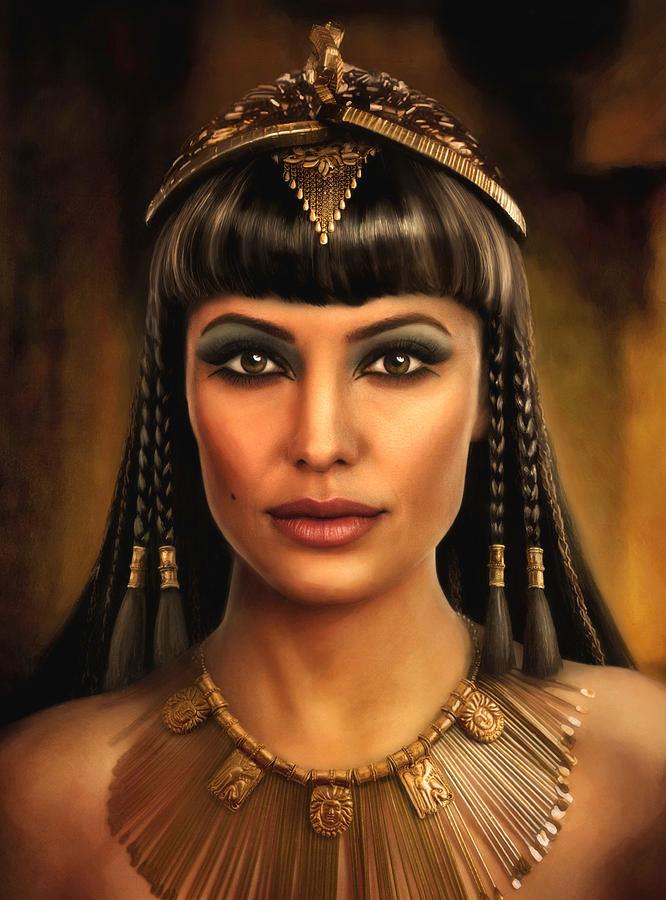
The heritage of Cleopatra — the famous queen of ancient Egypt — has been the subject of debate for quite some time. Was Cleopatra black or was she Greek?
Born in 69 B.C., Cleopatra ruled Egypt from 51 B.C. until her death in 30 B.C. Some say she was of solely Macedonian Greek descent, whereas others argue that she was part Egyptian, making her of African descent as well.
The hard truth is, we don’t know for sure what her heritage really was. That’s according to Shelley P. Haley, a professor of classics at Hamilton College, who says that Cleopatra’s bloodline has some information missing. Her father, Ptolemy XII Auletes, was descended from Ptolemy I Soter, a Macedonian Greek general who fought alongside Alexander the Great. But Cleopatra’s mother’s identity has not been confirmed.
“We don’t know her exact racial heritage. We don’t know who Cleopatra’s mother was. There’s been a lot of research to prove that her mother was Egyptian, but we can’t know for sure,” Professor Haley says in Queen Cleopatra.
Dr. Sally-Ann Ashton, the author of Cleopatra and Egypt, says that Cleopatra’s grandmother’s identity is also unknown. “Cleopatra’s father was given a nickname which was illegitimate. So people recognize that his mother had probably been somebody who was at the royal court,” Dr. Ashton says.
The Egyptian Ministry of Tourism and Antiquities insists that Cleopatra was of Macedonian descent. (Macedonia was a kingdom located in modern-day Greece.)
“The Secretary General of the Supreme Council of Archaeology [Dr. Mustafa Waziri] confirms that Queen Cleopatra was light-skinned and [had] Hellenic features (Greek),” the Ministry wrote on its Facebook page on April 27. “Queen Cleopatra’s works and statues are the best evidence of her true features and Macedonian origins.” Dr. Waziri strongly disagrees with Netflix’s Queen Cleopatra, arguing that “the appearance of the heroine in this body is a falsification of Egyptian history and a blatant historical misconception.”
But Netflix never claimed to know the truth about the age-old “was Cleopatra black?” question. In fact, the producers of the Netflix series say that the decision to cast actress Adele James as Cleopatra in the docuseries was a “creative choice” that acknowledges the debate around the subject of the ancient queen’s heritage.
“The creative choice to cast an actor of mixed heritage to play Cleopatra is a nod to the centuries-long conversation about the ruler’s race. During the time of her reign, Egypt’s population was multicultural and multiracial. Cleopatra’s race was unlikely to be documented, and the identities of her mother and paternal grandparents weren’t known. Some speculate she was a native Egyptian woman, while others say she was Greek,” Netflix writes on its Tudum website. “The aim of African Queens has always been to uncover the hidden histories of powerful women from the past and what made them leaders that we still talk about today,” the producers of the series added.
“Working with leading historians and experts including Shelley Haley (Professor of Classics and African Studies, Hamilton College) and Dr. Sally-Ann Ashton (Cleopatra scholar), we explore Cleopatra’s story as a queen, strategist, ruler of formidable intellect as well as a woman whose heritage is the subject of great debate. Her ethnicity is not the focus of Queen Cleopatra, but we did intentionally decide to depict her of mixed ethnicity to reflect theories about Cleopatra’s possible Egyptian ancestry and the multicultural nature of ancient Egypt.”
For now, it seems that historians will have to agree to disagree. But some historians are leaning toward her having native Egyptian blood. “If you look at her depictions, she looks different depending on who it is that’s depicting her,” Debora Heard, a Ph.D. candidate in anthropology specializing in Nubian archaeology & Egyptian studies, says in the docuseries.
“Given that Cleopatra represents herself as an Egyptian, it seems very strange that we insist on depicting her as wholly European,” Dr. Ashton added. Professor Haley echoed this opinion. “Cleopatra feels very close to the Egyptian people. Cleopatra learned the Egyptian language. She practiced the Egyptian religion. She wants to be remembered as Egyptian,” she says in the docuseries.
“My grandmother was the inspiration for me. I would come home and I would tell her about what I was learning. ‘Oh, we’re learning about the Greeks and oh, we’re learning about the Romans, and today we learned about Cleopatra!’” Haley added. “And I remember, clear as day, her saying to me, ‘Shelley, I don’t care what they tell you in school — Cleopatra was black.'”

Flying cars (at last)
Green energy
Unified regions
A progressive Eden
Forecasting the future - whether it be the Book of Daniel or Revelation, a quatrain from Nostradamus, a tarot card, or a soothsayer's crystal ball - will always find a receptive audience. BAVUAL jumps into the fray by speculating on what the world might look like in 10 years. It is fantasy wish-fulfillment, based on what our ideal would be. We realize, however, that history is never a straight line to nirvana and that there are many twists and turns along the way. As a true student of Hegel's theory of thesis and antithesis in history, BAVUAL presents the utopian view of 2033 in this issue. In the Fall Issue, we will present the antithesis: the dystopian view of '33. Enjoy.


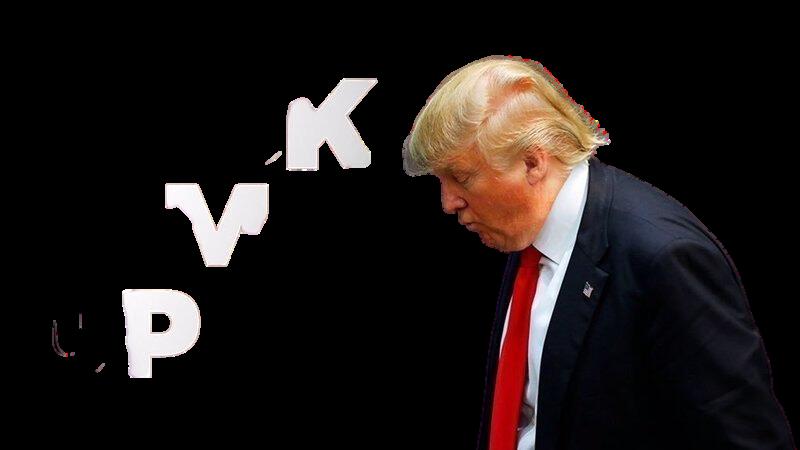
Lawmakers Prosecuted Federal and state felony indictments come down for former President Donald Trump and the 12 senators and 147 representatives who were ringleaders in the plot to reject the results of the Electoral College showing Joe Biden as the clear winner.

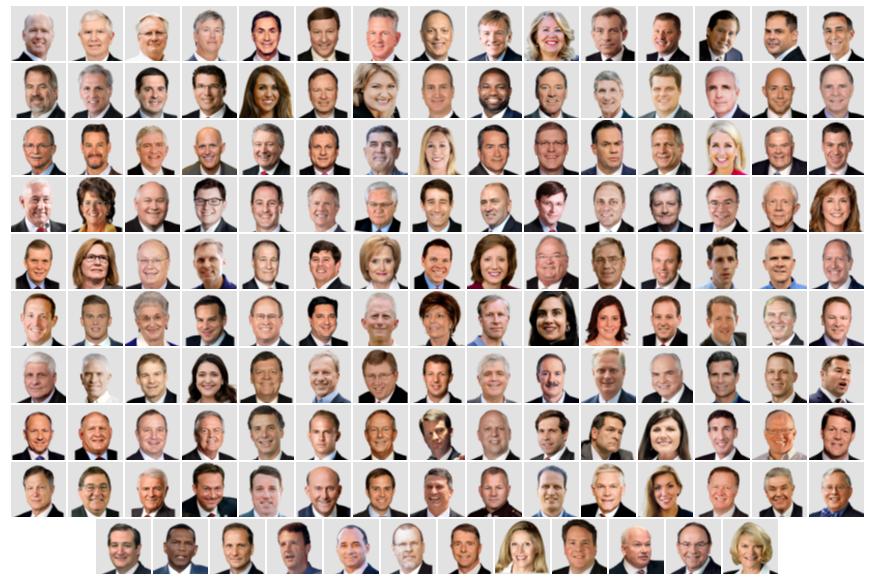
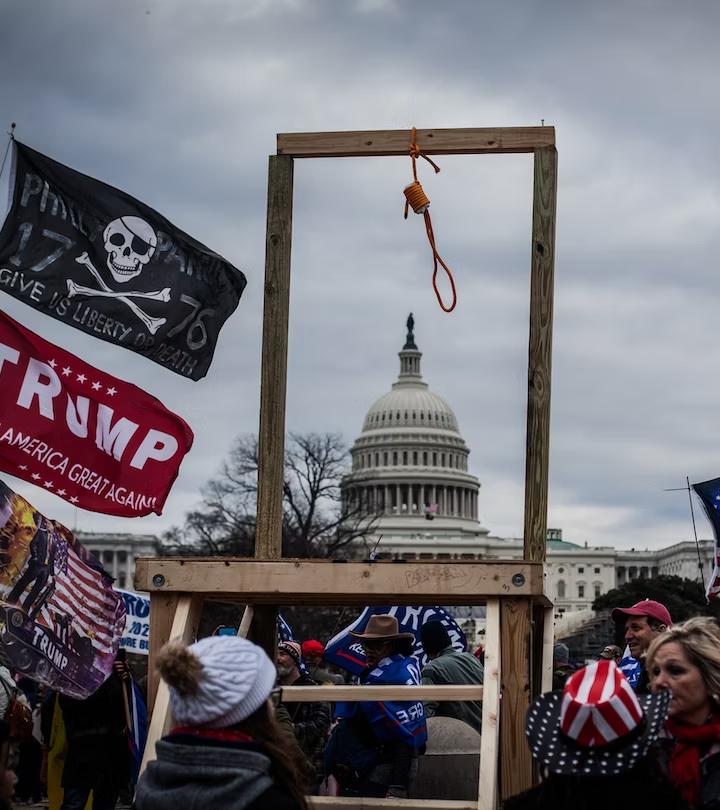
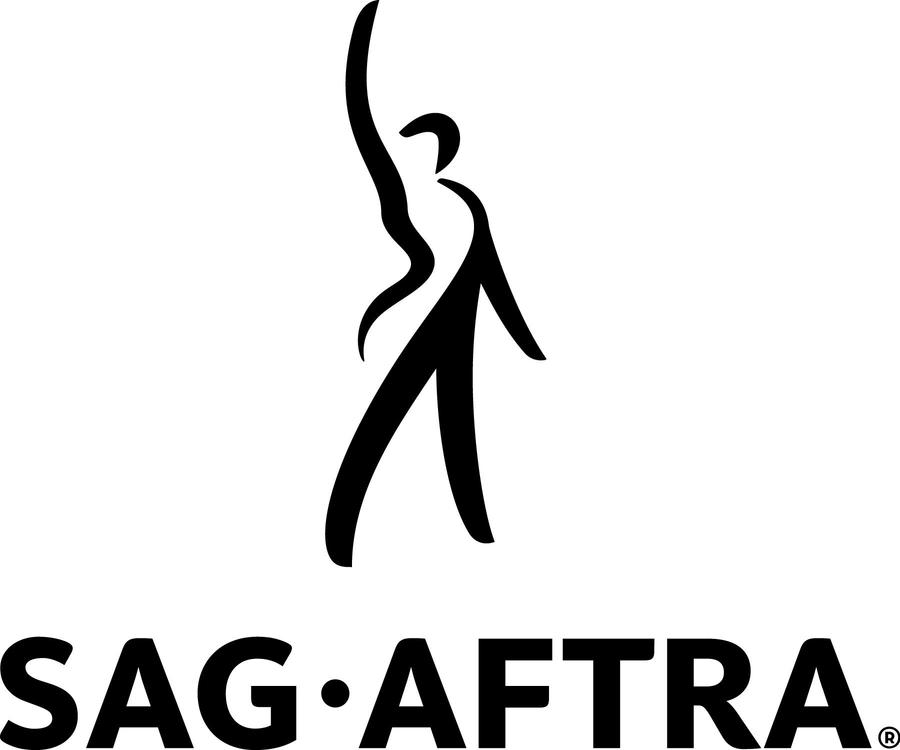
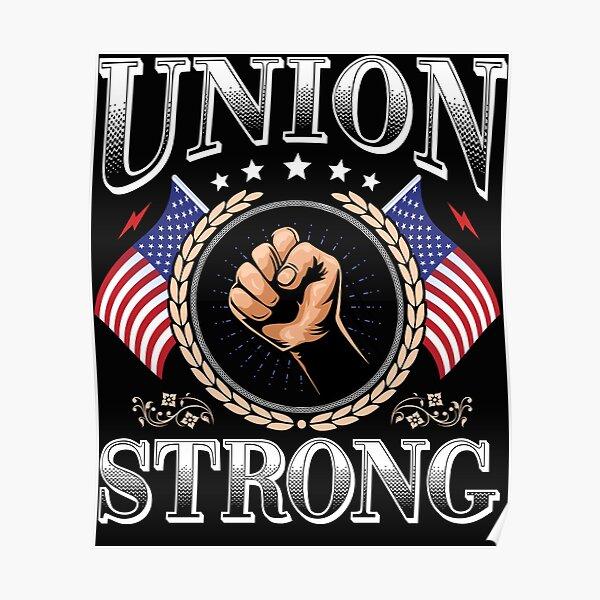
Inspired by Amazon's Christian Smalls' successful attempt to unionize that company, a massive union movement begins, successfully exacting gains that greatly benefit worker pay and conditions.



American voters, turned off by the Republicans' surrender to the MAGA movement and its autocratic agenda and divisive culture wars, hand a landslide victory to the Democratic Party, which sweeps both houses of Congress and hands the Biden Administration a second term. The Democrats were also aided by policies that have led to the strongest economy in more than 50 years.

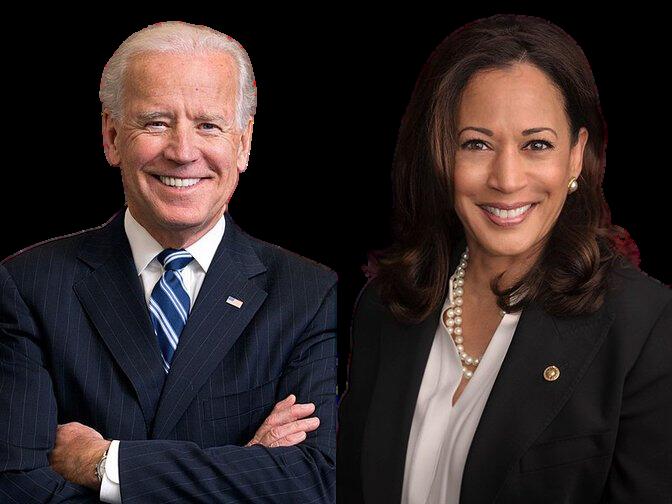
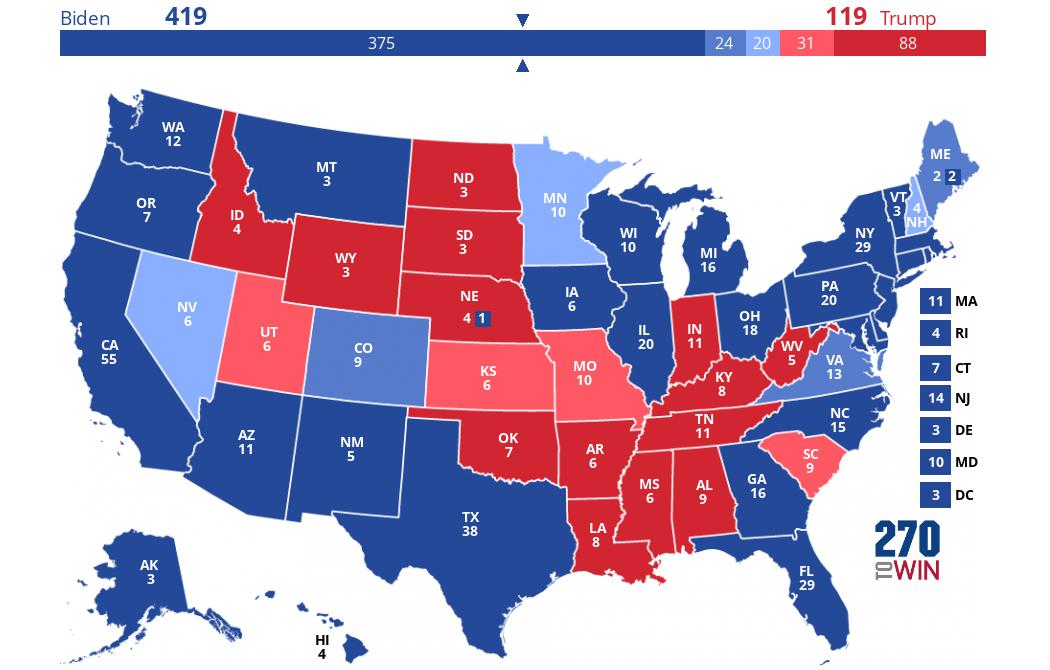
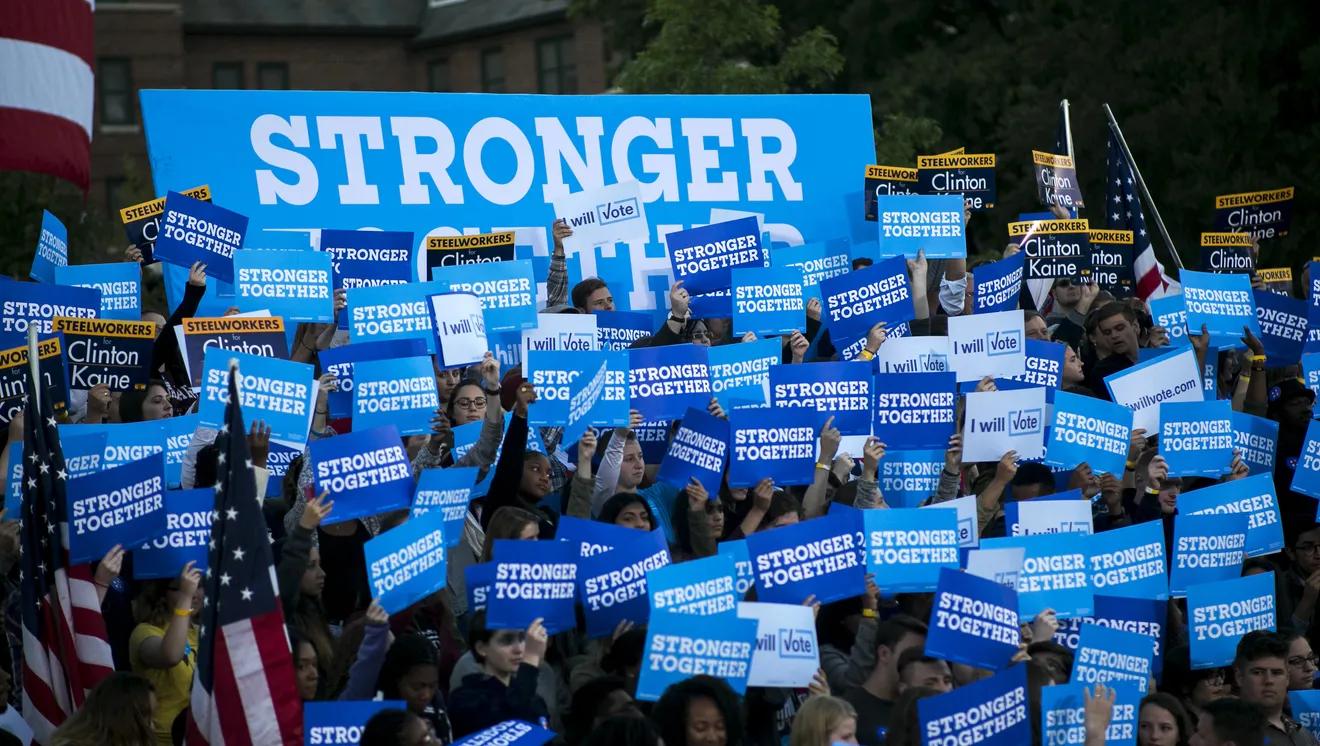
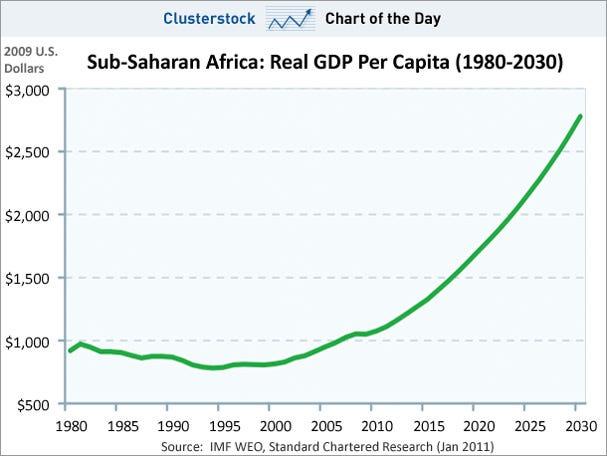
Aided by investment from foreign powers and major corporations, the subcontinent of Africa begins an unprecedented economic boom that dramatically raises the standard of living and makes the continent more attractive to tourists and property buyers.


The Biden Administration's investment in infrastructure also leads to a booming economy, lifting wages to record levels. Many workers find themselves able to buy homes and open retirement accounts for the first time.
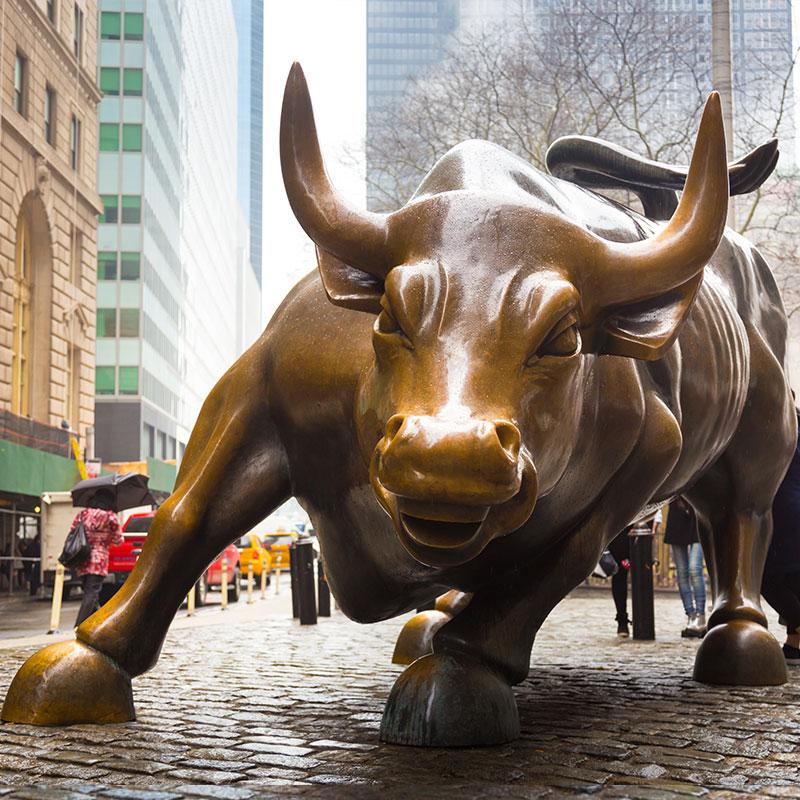
MedicareForAll PaidFamilyLeave

ChildCareTaxCredits


$20MinimumWage
$5TrillionGreenNew Deal
BillionaireWealthTax
JusticeInPolicingAct
VoterProtectionAct

LGBTQProtectionAct
CapRaisedonSocial SecurityThusSavingIt ImprovedMilitaryPayand Benefits
WastefulDefenseCuts
DreamerActPasses
Anti-BookBanAct
BanOnAssaultWeapons andHandguns
SCOTUSEthicalReforms
CampaignFinanceReform


Donald Trump begins the first of his four prison sentences at the federal correctional facility in Lewisburg, Pennsylvania, where he will be a guest until 2614, after which he is headed to Georgia State Prison and Rikers Island for another 20 and two years, respectively.
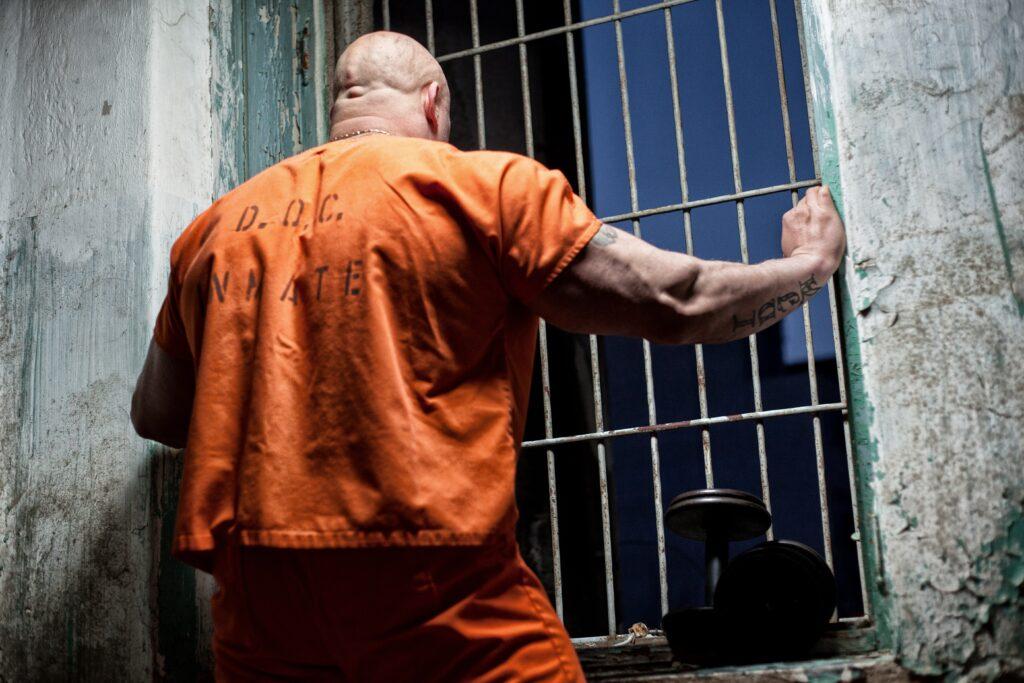
Floridians, angry and frustrated with their state having been run into the ground by the outgoing governor, Ron DeSantis, react at the polls in November by electing a Democrat, Jacksonville Mayor Donna Deegan, as their new governor.



Congress passes a bill, signed by President Biden, that formally apologizes for slavery. In addition, the teaching of black history is made mandatory in all public schools.






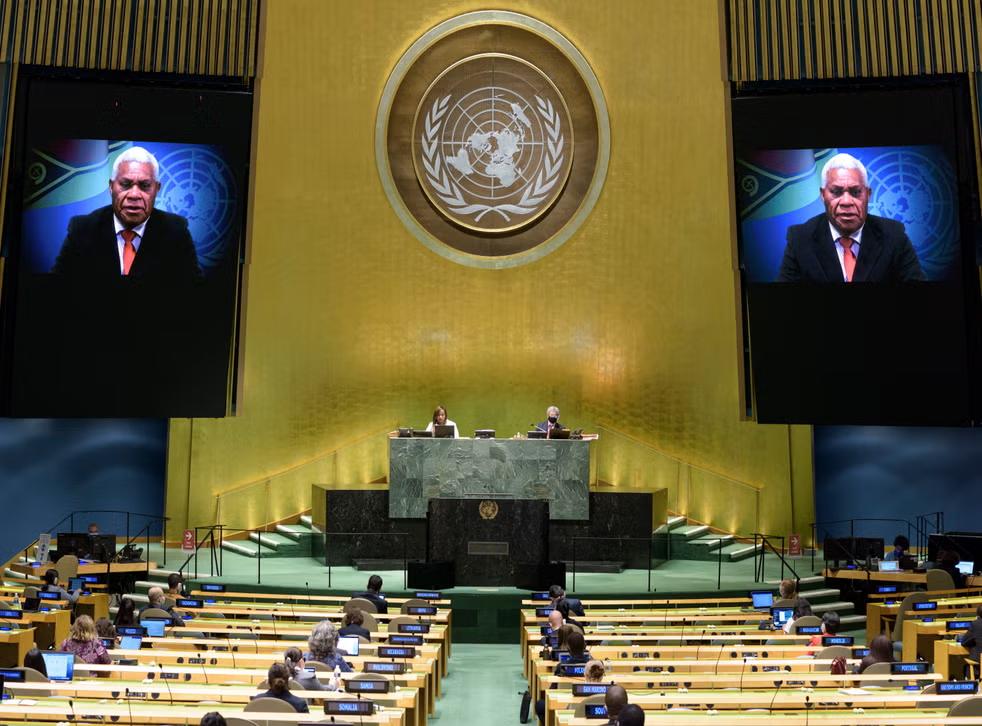

Buoyed by passage of the Dreamer Act in 2025, Congress passes and President Biden signs further legislation to grant citizenship to the 17 million undocumented immigrants residing in the U.S.


The long-promised flying cars become a reality when General Motors introduces its line of drone cars, first a two-seat coupe and then a four-seat sedan. Cost: $99,999 - $179,999.
Ford Motor Company markets the first Personal Jet Pack. Cost: $199,999.

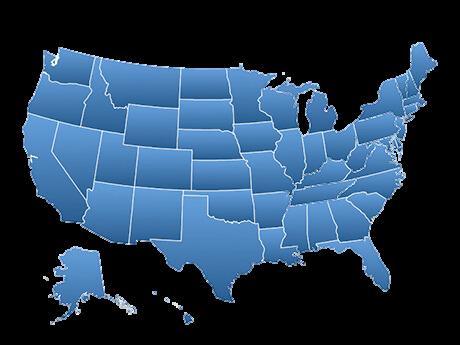
Benefitting from the enormous economic and social gains of Democratic legislation, the Democrats retain control of Congress and the presidency in the greatest electoral rout of Republicans since LBJ in 1964. President-elect Raphael Warnock and Vice President-elect Gretchen Whitmer promise a continuation and enhancement of the Democratic agenda enacted since 2025.

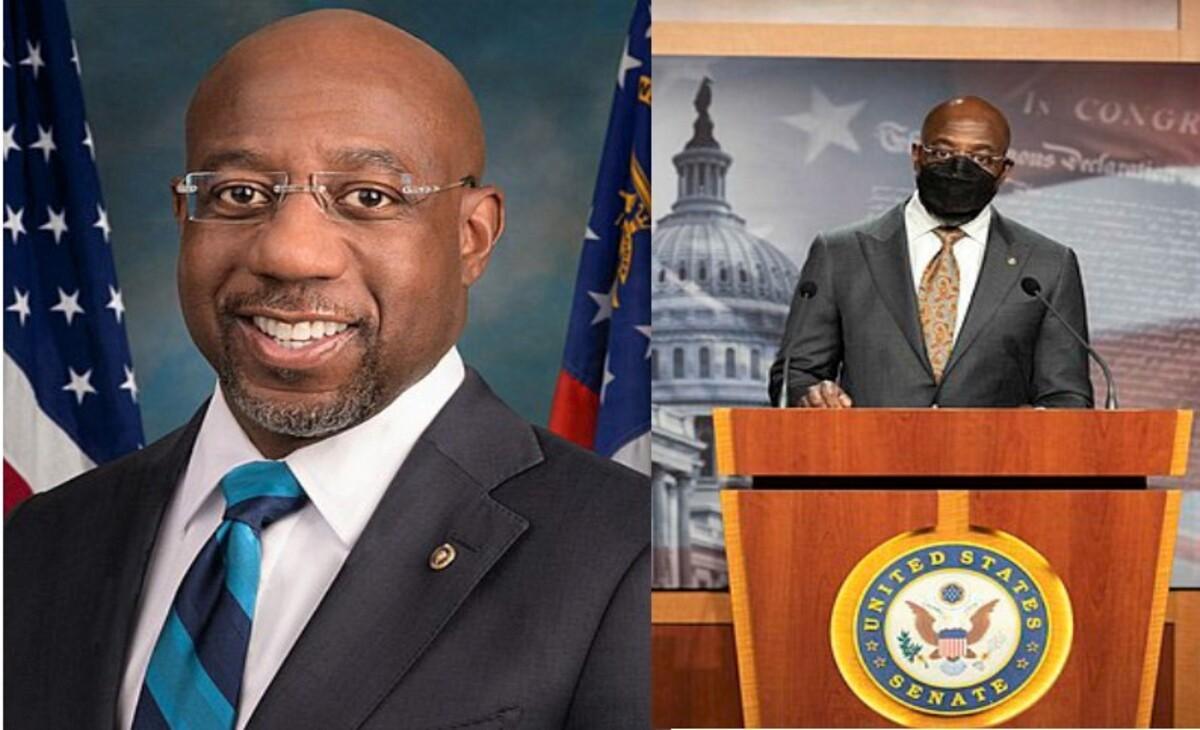
The first checks for $300,000 go out to the nation's 45 million African Americans as recompense for slavery. Property is also returned. Reparations total more than $14 trillion.
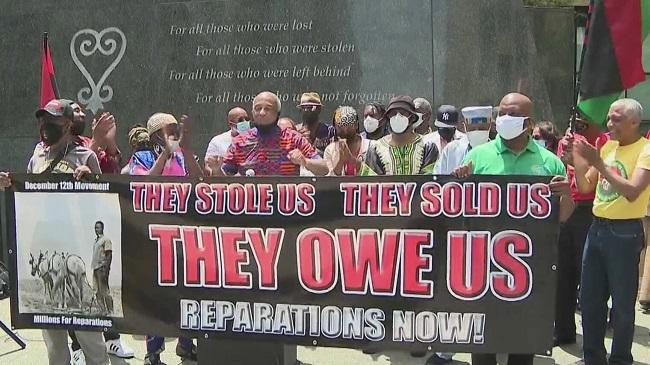
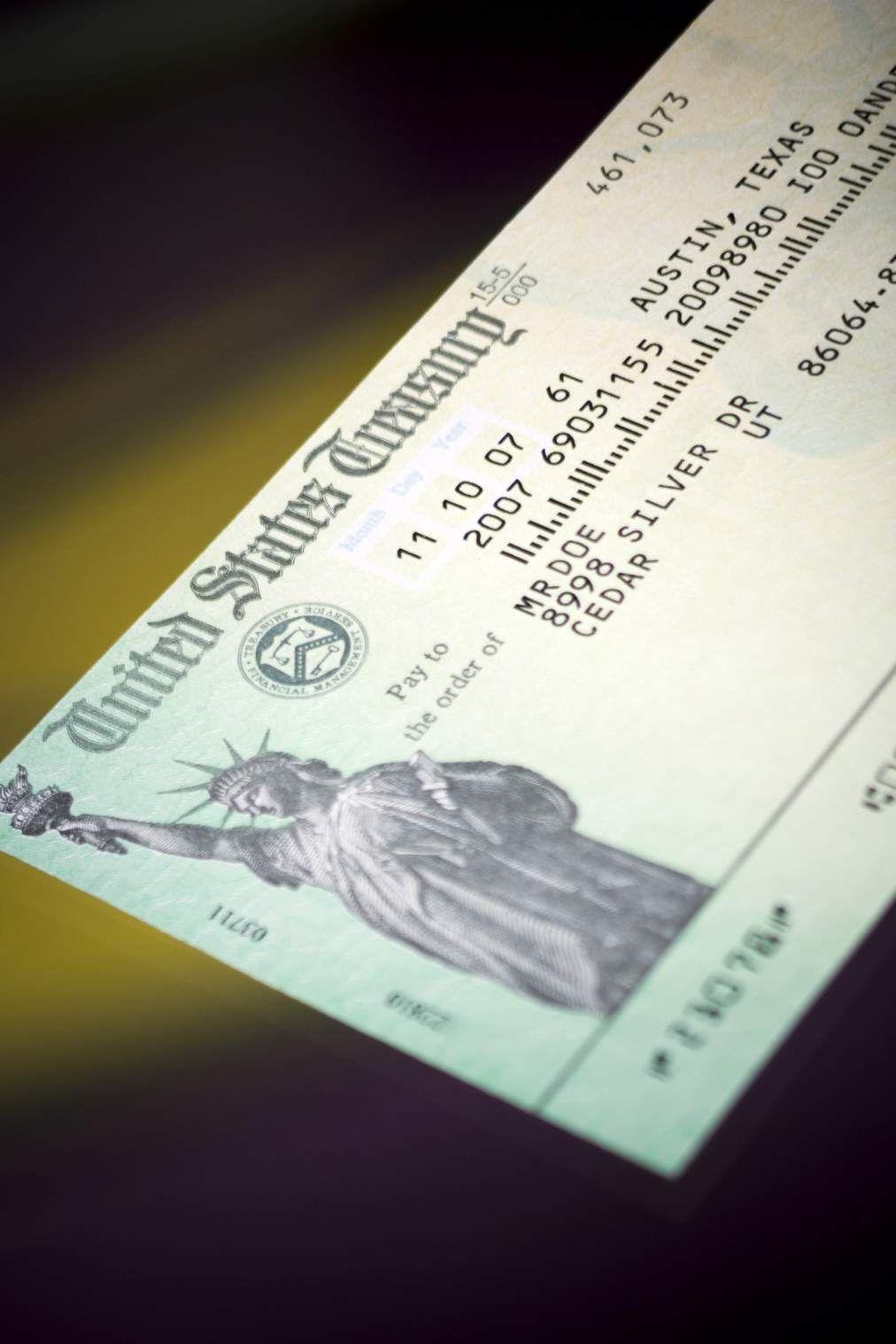

On July 20 - the 60th anniversary of mankind's first walk on the Moon - the U.S. returns to the Moon with a multinational crew led by an African American astronaut. It intends to form a colony.
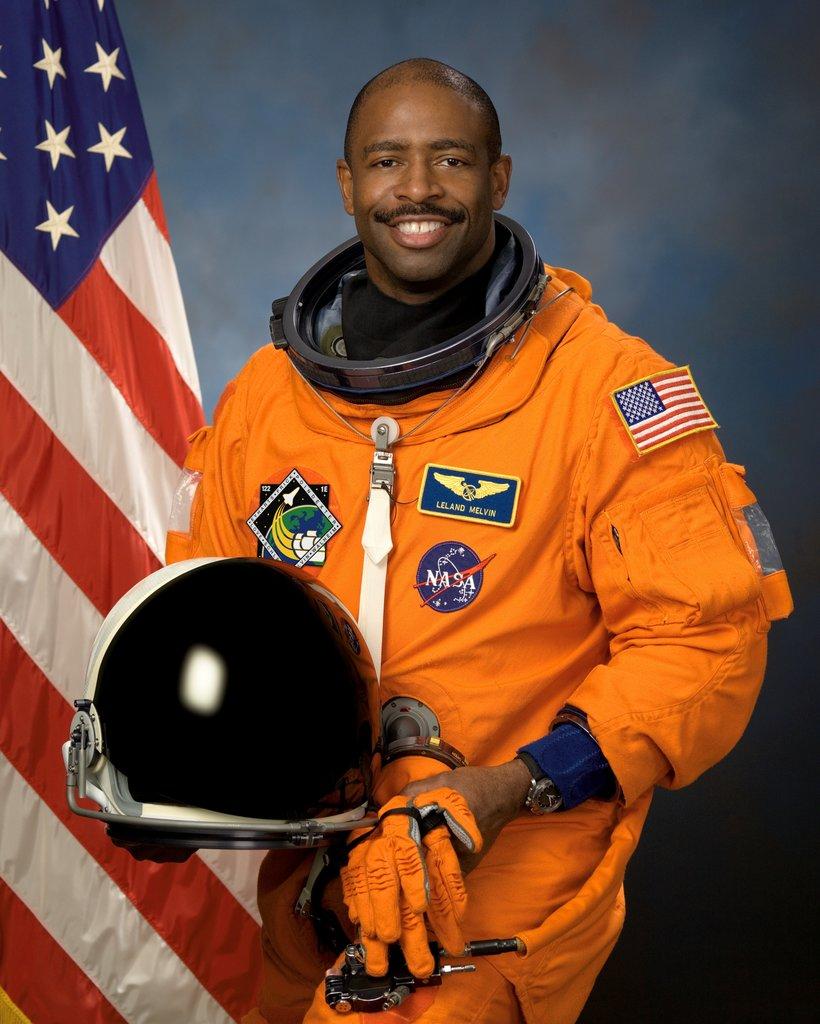

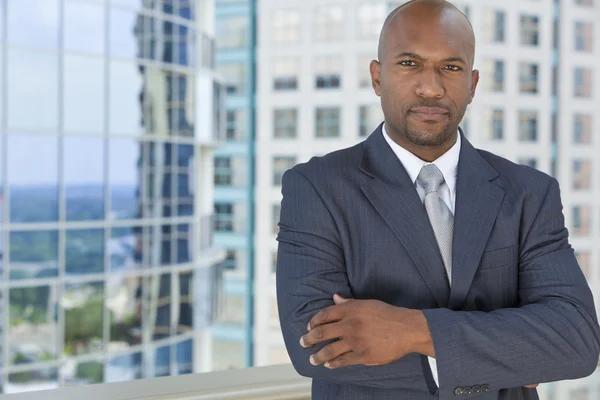
For the first time, a black-owned business makes the Fortune 500 list of America's largest industrial corporations. 1619 Technologies, Inc., a privately held tech firm that did not exist five years earlier, reports revenue in excess of $10 billion, easily placing it on the list. Interestingly, at least 40 percent of the company's stock has been set aside for Employee Stock Ownership.

 JakhairiK.Nassir ChairmanandCEO 1619Technolgies,Inc
JakhairiK.Nassir ChairmanandCEO 1619Technolgies,Inc

The benefits of the $5 Trillion Green New Deal signed into law in 2025, combined with the phasing out of the internal combustion engine and the resulting reduction in the use of gasoline and increase in alternative energy sources, begins to reverse the damage to the polar ice cap from global warming. Damage from wild weather swings such as severe flooding begins to abate.


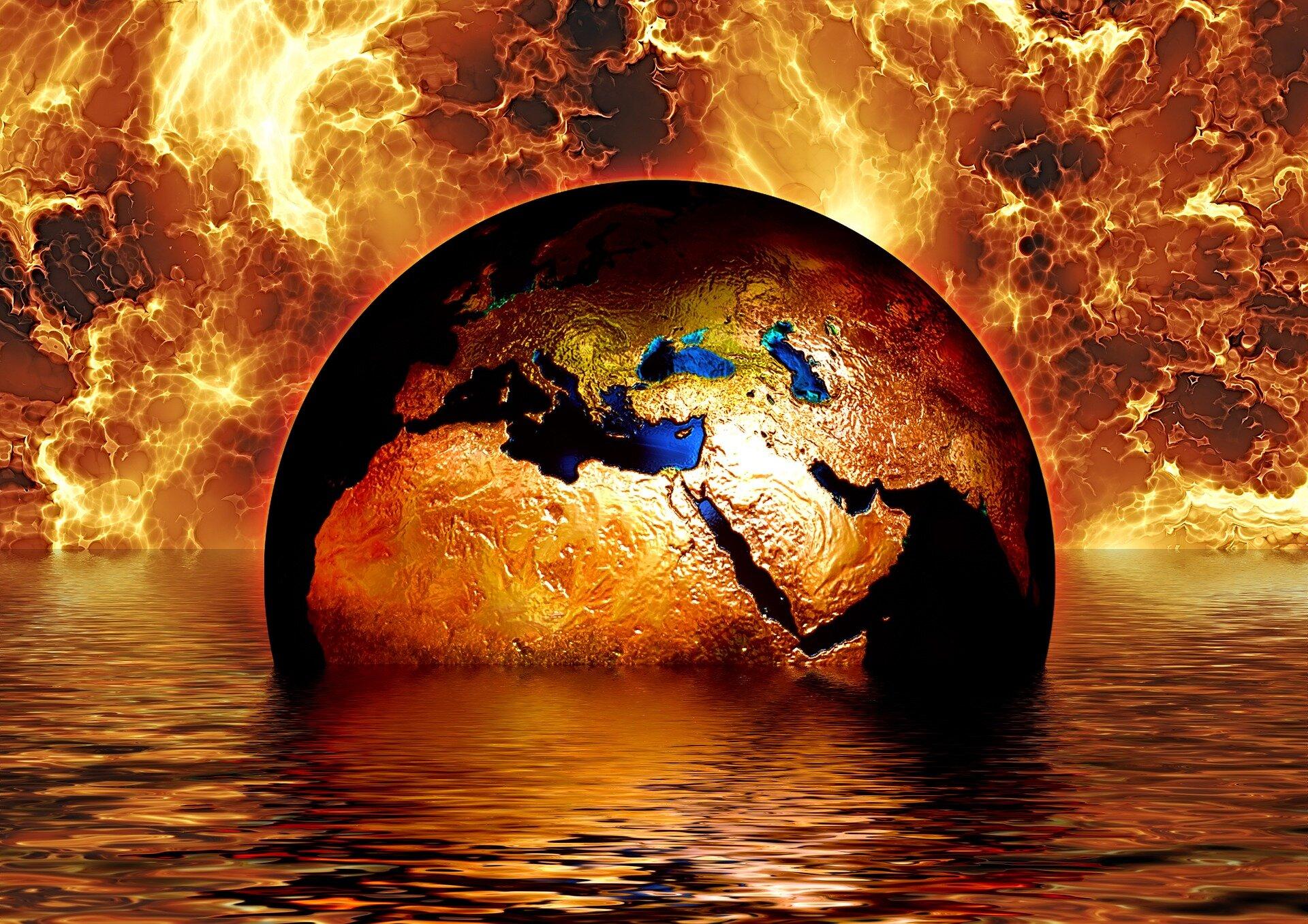
Thanks largely to reparations payments, the rise in the minimum wage, and the resulting economic boom, hourly wages of African Americans rise to $25, and for the first time, they achieve parity with whites. Black savings and homeownership also rise dramatically in conjunction with the higher income.

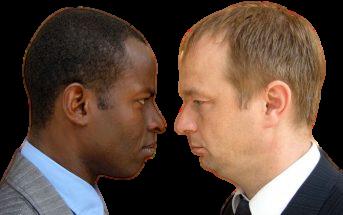


NASA, in partnership with private industry, develops the space elevator, which makes travel from Earth to space without the use of spaceships possible. The first beneficiary: the space tourism industry, charging relatively affordable rates for an elevator ride into orbit.

Flush with prosperity from the 2020s economic boom, the African Union nations emulate the European Union and adopt their own common currency, the Dola, and standardize trading practices. The move is seen as a positive step to unify Africa as one nation.
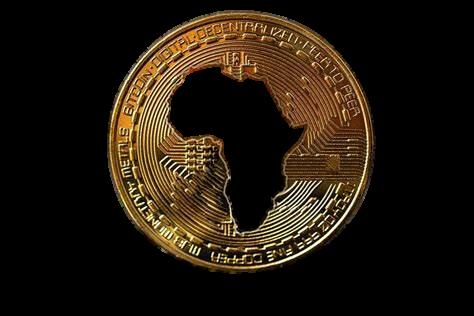
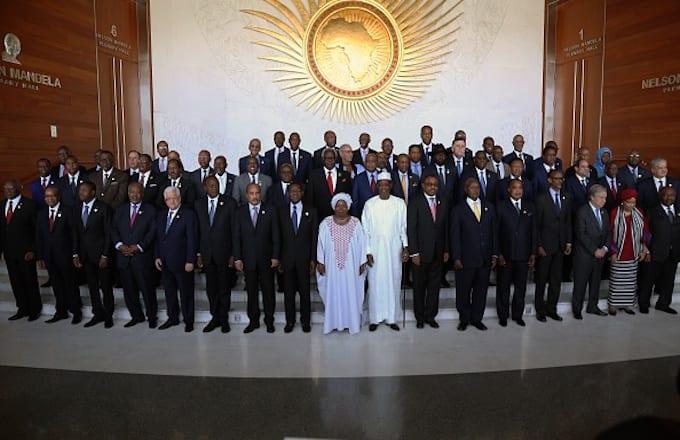
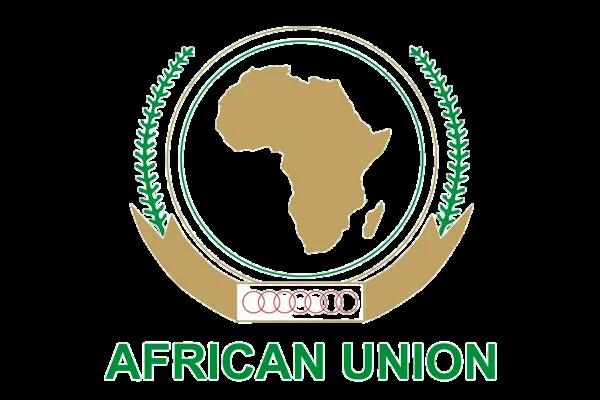

The United States, entering the ninth year of its unprecedented economic boom, returns the Democrats to the White House and Congress. Their progressive policies adopted from 2025 to 2032 make the surge in prosperity possible. It is the first election decided solely by popular vote, as the Electoral College was abolished the previous year.


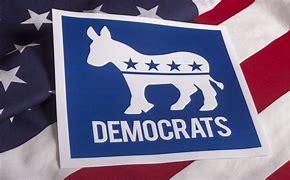


The 15 member states of the Caribbean Community, formed in 1973 to promote economic and political stabilization in the region, adopt the Caribbean Union, along the lines of the European Union, to form a de facto nation. The CU also announces plans to introduce a common currency by 2035.
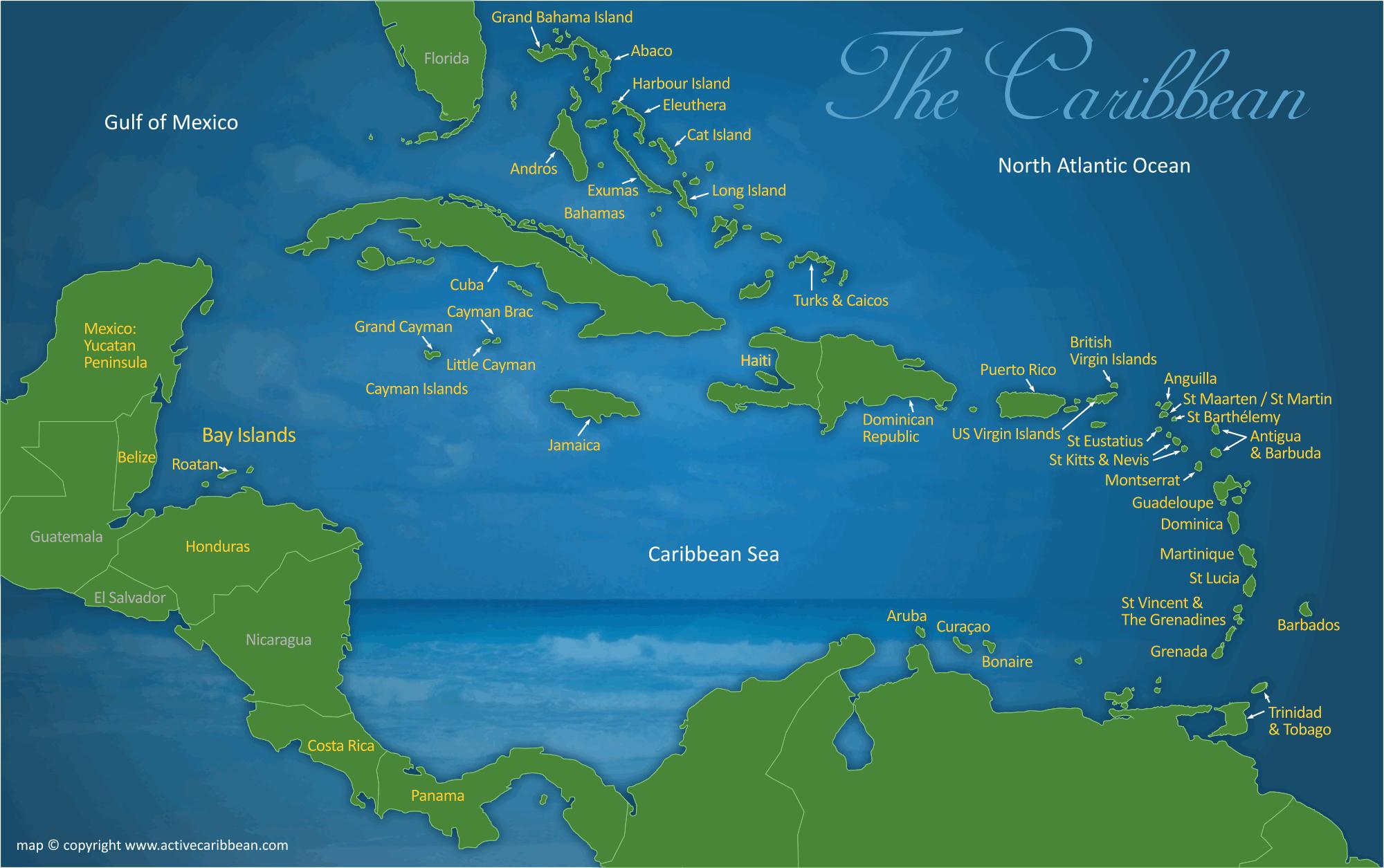
Promising to continue America's New Golden Age, President Raphael Warnock is inaugurated for a second term on January 20th. Days later, he nominates four candidates for the expanded 13-member Supreme Court.


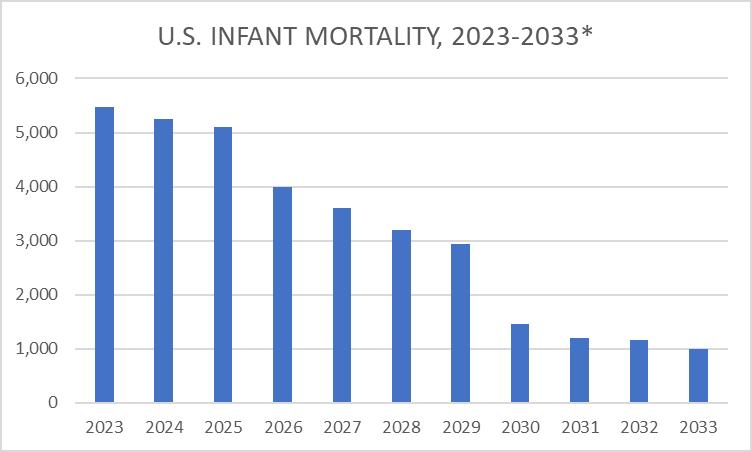
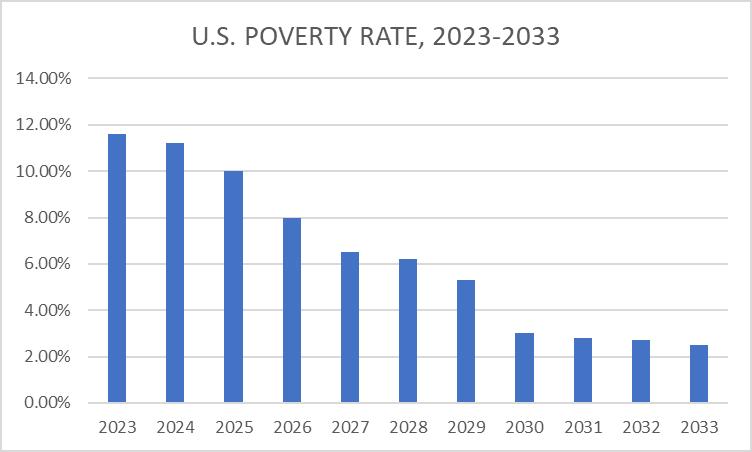
The continuing economic boom caused by rising wages, combined with the adoption of Medicare For All, paid family leave, the child care tax credits, and restoration of abortion rights, leads to a sharp drop in both poverty and infant mortality.

*deaths per 1,000 live births

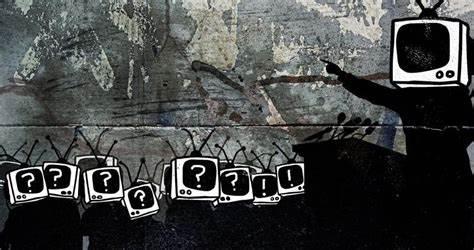 By Earl A. Birkett
By Earl A. Birkett
For the most part, the display of African Americans on television in its infancy in the late 1940s aped their status in the movies and in American society as a whole: seen in the background but seldom heard. When they were, it was usually as comic relief.
By 1950, blacks had achieved a very low status in the societal pecking order. Most were employed in positions of service to whites - porters, maids, janitors and the like. President Harry S. Truman's order desegregating the armed forces in 1948 went a long way toward raising opportunity and the resulting profile of black people in American life. The new medium of national television took advantage of blacks' status ever so slowly and tentatively. There were four TV networks in the 1950s - ABC, CBS, NBC and DuMont - and only two programs that featured blacks of any note.
The first black person on TV may have been Broadway star Ethel Waters, who hosted a one-off variety show on NBC on June 14, 1939, when television was still being developed. She would make history in 1950 as the first African American to star in a show, Beulah, a situation comedy about a maid serving a bungling white family, who got her employers out of scrapes in every episode. But the show, like its contemporary, The Amos 'n' Andy Show, relied heavily on caricatures of black characters for laughs. Waters soon left the show, marking the beginning of a struggle to have black lives and experiences portrayed in significant and accurate ways.
More typical of the decade was Amos 'n' Andy, a sitcom featuring black leading actors. The offshoot of a popular radio program that had run on NBC and CBS from 1928 to 1960, notorious for featuring white actors Freeman Gosden (Amos) and Charles Correll (Andy) portraying black men, it was a sitcom that starred two black men. The radio show that inspired it was not flattering to African Americans,
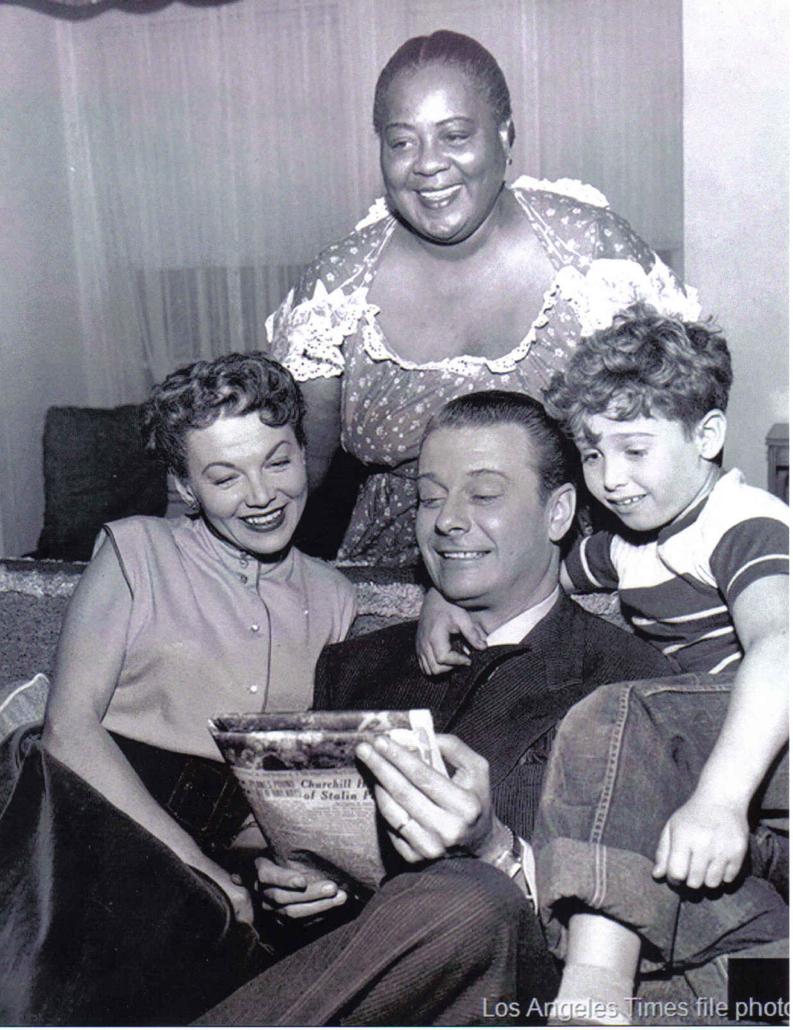
who had mixed reactions, one side calling it "crude, repetitious and moronic," while the other side "lauded the show's wholesome themes and goodnatured humor." The program received decent ratings but was cancelled after pressure from the NAACP, which called it "a gross libel of the Negro and distortion of the truth." The group explained that the show "tends to strengthen the conclusion among uninformed and prejudiced people that Negroes are inferior, lazy, dumb and dishonest." Every character, they claimed, is "either a clown or a crook"; "Negro doctors are shown as quacks and thieves"; "Negro lawyers are shown as slippery cowards"; "Negro women are shown as cackling, screaming shrews"; "All Negroes are shown as dodging work of any kind"; and "Millions of white Americans see this Amos 'n' Andy picture of Negroes and think the entire race is the same." These criticisms would take on added salience over the next 70 years.
Eddie Anderson would gain fame as the only other major black person on television until 1957. He costarred with comedian Jack Benny as his valet "Rochester" on The Jack Benny Program from 1950 to 1965. (Anderson originated the role with Benny on radio in 1937.)
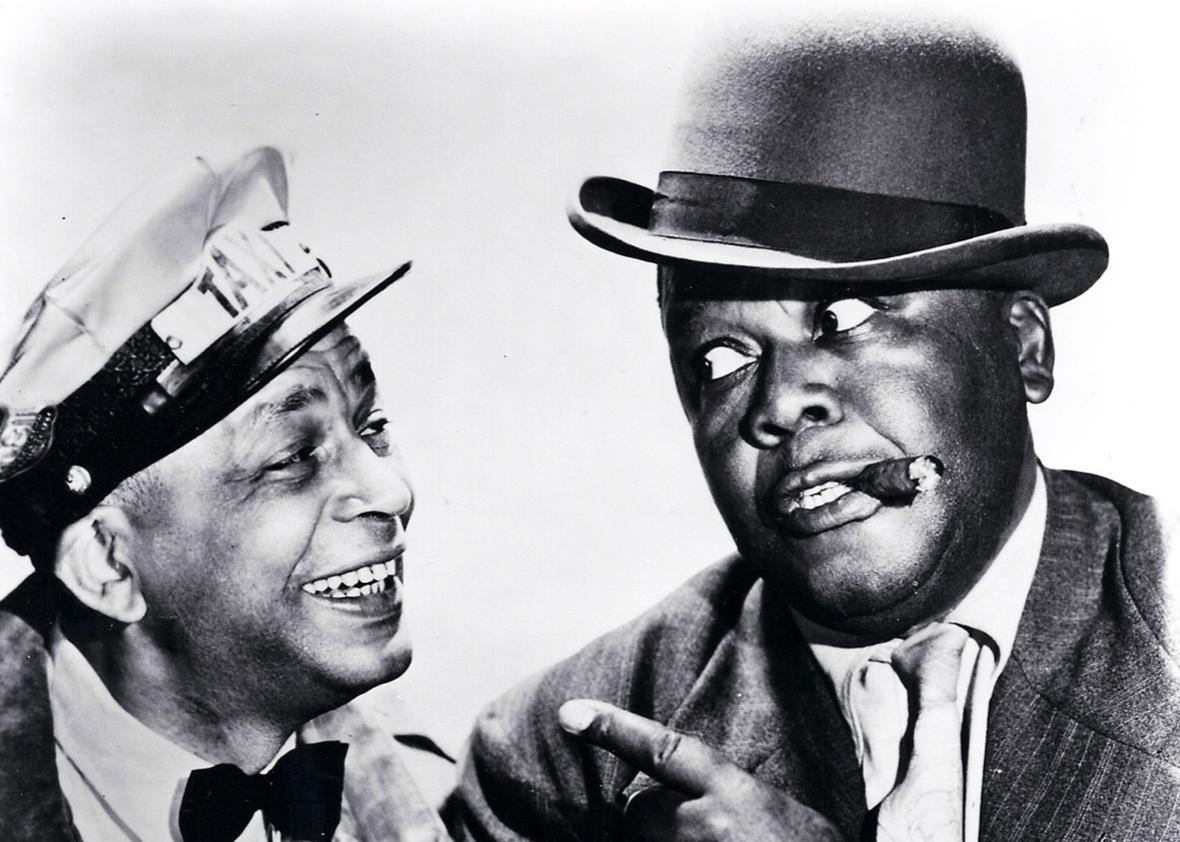
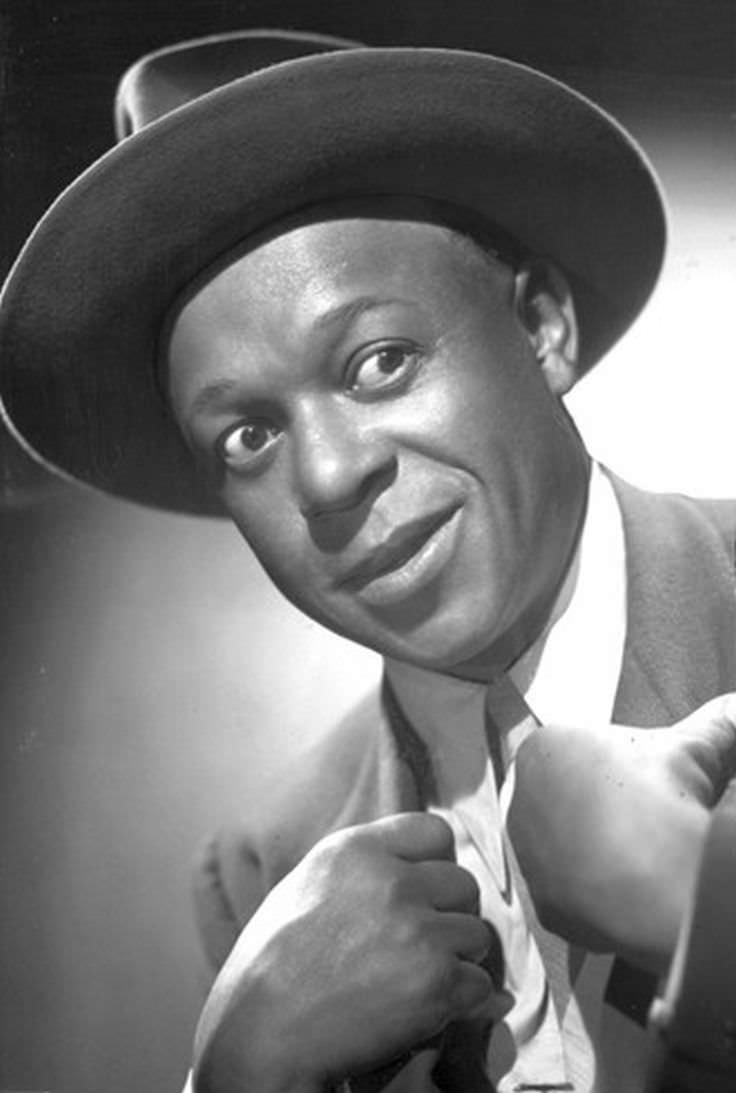
The Misfortune of Nat King Cole
The chief obstacle to the success of black leading performers on television in the 1950s and early 1960s centered around the unwillingness of a white audience and white sponsors to support them Racism was the order of the day, and the nascent Civil Rights Movement was still alien to most Americans as they watched the nightly news broadcasts from Montgomery and Little Rock.
The most prominent and unfortunate example was singer Nat King Cole, who had been given his own variety show, The Nat King Cole Show, on NBC in 1956. One year later, NBC was forced to cancel his show - the first network variety series hosted by a major black star - because of the inability to get enough national sponsors, frightened away by a feared boycott in the South In the North, as well, several NBC stations rejected the show. Cole's response was legendary: “Madison Avenue is afraid of the dark.”
A major black star would remain off of series television for the next eight years.
The 1960s Brings New Opportunities
Fortunately, Cole's misfortune did not extend to the new decade of the 1960s. The nation had just elected its youngest president, John F. Kennedy, a Democrat and Roman Catholic, who promised America a New Frontier of equal opportunity for everyone, especially blacks. Among the first to heed the call were the three major networks, ABC, CBS and NBC, which gradually
began to feature African American actors, first in supporting roles, then as leading men and women. Young performers such as Cicely Tyson, Ivan Dixon, and Dick Gregory would gradually make their way onto TV dramas, comedies and late-night talk shows, and ever so slowly, white audiences would become used to their presence. Many sympathized with the African American struggle for civil rights, and they were more receptive to seeing blacks in roles where they weren't relegated to portraying servants and clowns.
servant; they wanted to play the lead offered solely to whites: white-collar hero.
The biggest heroes that year were spies. James Bond mania at the movies also invaded television screens, and a bumper crop of secret agents sprung up all over the tube: The Avengers, The Man From U.N.C.L.E., Get Smart, among many others. NBC, which already had a hit with U.N.C.L.E., greenlit another spy series, this one a jazzy, tongue-in-
The year was 1965. Congress passed and President Lyndon Johnson signed into law the Voting Rights Act, guaranteeing the right of blacks to vote without impediment in the segregated South, achieved at a bloody price in lives. African Americans for the first time were allowed to enjoy the benefits of a burgeoning post-World War II middle class. With their rise in political clout and prosperity came a growing demand for respect, both on television and in real life. No longer would they be satisfied with playing the
would co-star as glamorous government operatives, Kelly Robinson (Robert Culp) and Alexander Scott (Bill Cosby), who would travel the world performing top-secret espionage work in their guise as a tennis bum and his trainer, respectively. The producers and network gambled on Cosby, in his debut series, playing a Rhodes scholar who could excel in the intricate world of spies, the first black actor to colead a drama series. It paid off. Audiences black and white accepted the first black-white buddy coupling where they had equal status, and Cosby won an Emmy and launched one of the most successful careers in TV history.
Cosby's breakthrough immediately opened doors for other black actors. ABC had its own copycat series, N.Y.P.D., featuring its own black-white pairing, Kevin Hooks and Frank Converse as New

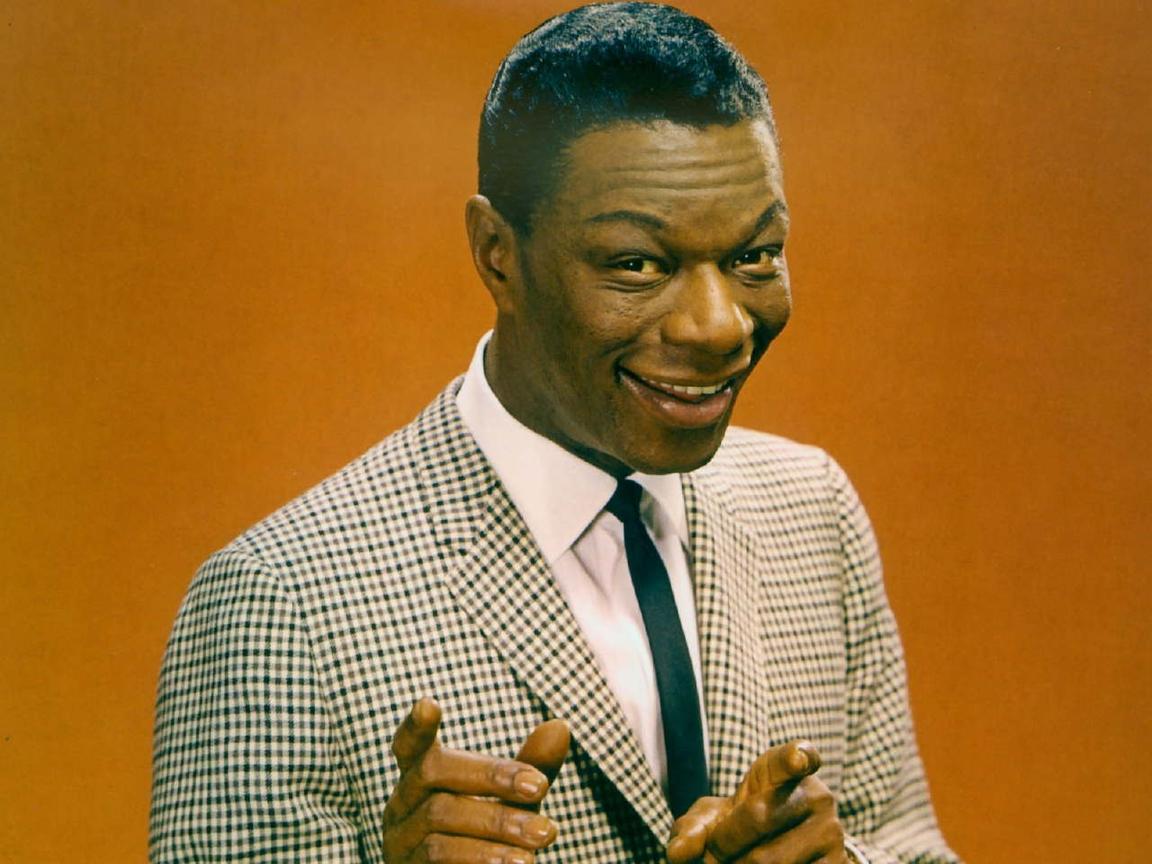
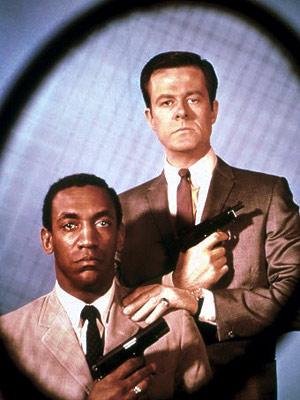
York City police detectives. It only lasted for two seasons, 1967-1969. Far more successful was The Mod Squad, a series designed to appeal to both a multiracial audience and the Baby Boom youth culture. Starring Clarence Williams III, Michael Cole

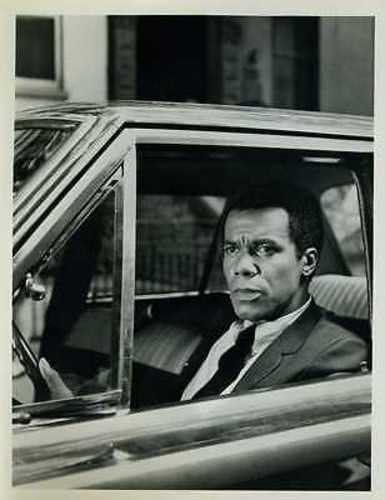
and a negative light - dangerous street criminals. That dichotomy would persist on TV and in real life for the next half-century.
Another First: Julia
While progress was made with placing black actors in ensemble casts, no network, still remembering the bad experience with Nat King Cole a decade earlier, was ready to build a series completely around a black performer until 1968. That year, NBC made the bold leap forward with Julia, starring the Broadway and film actress Diahann Carroll. Rather than play a secret agent or a space traveler, Carroll would be more down-to-earth and relatable, portraying a nurse who was also a single mother, something unheard of at the time. American audiences took to Julia Baker and her young son, Corey, played by actor Marc Copage. The series ran for three seasons, ending in 1971, and earned both a Golden Globe and an Emmy nomination for Carroll.
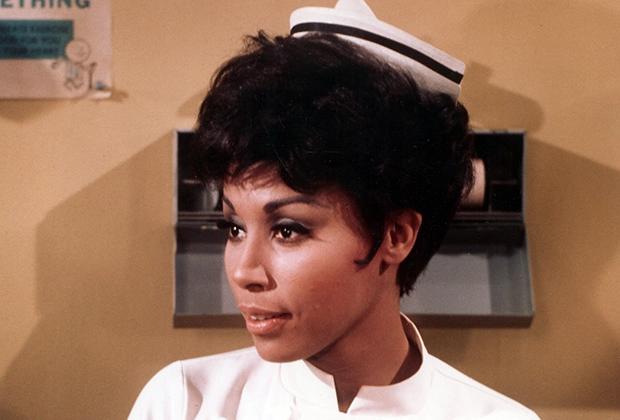
and Peggy Lipton as counter-culture "hippies" who sign on as undercover Los Angeles cops, the series ran for five years, 1968-1973, and helped make white audiences more comfortable seeing white cops and black cops work together on a co-equal status, one of them being a young white woman.
The storylines of these TV detective shows reflected a fast-changing American society, one that did not just reflect the mores of white suburban and rural middle-class viewers. They would be introduced to a grittier, urban environment that featured more blacks in both a positive light - small businesspeople, professionals and law enforcement officers, often with families -
The shift in TV programming created by Bill Cosby and I Spy spilled over into 1966 and beyond. Other shows saw that adding a black role of substance could not only spice up their appeal and attract audiences but also make them appealing to both critics and civil rights activists, not to mention Emmy voters.
All three major networks debuted series that would go on to become prime pop culture icons right up to 2023. Of the three landmarks, two of them would be produced by Lucille Ball. Ball, the famous comedian and TV pioneer had built her sitcom I Love Lucy into a major Hollywood studio, Desilu, by 1966. That year, she was presented with two series pilots, one with a science-fiction theme and the other with an action-adventure theme.
Ball sold the science-fiction pilot, Star Trek, to NBC for the fall season. The space opera about the intergalactic voyages of the United Earth spaceship Enterprise was unique in that it had a multiracial cast of Earthlings and aliens that included African Lt. Uhura (Nichelle Nichols), the chief communications
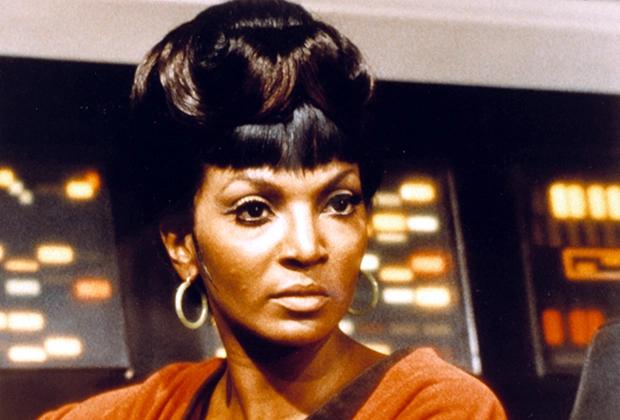
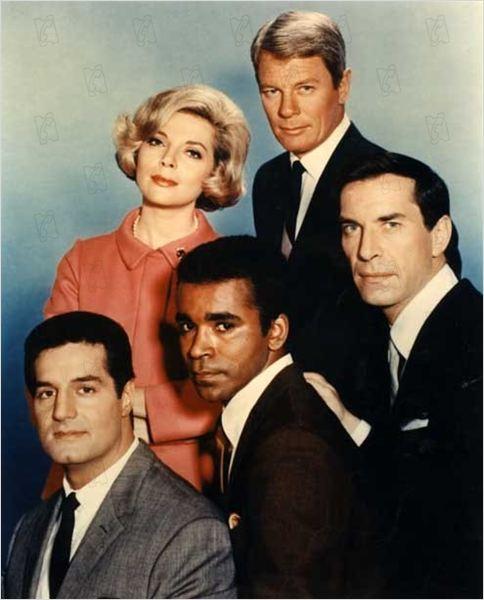
officer. Uhura and Captain Kirk's kiss in one episodethe first onscreen interracial kiss in history - was among the many firsts achieved by this series, which ran until 1969 and has since become a highly popular and lucrative TV and movie franchise. Nichols was a symbol of the Civil Rights Movement and an enduring inspiration, especially to black women, that the future includes them as well.
The other pilot, a spy series called Mission: Impossible, went to CBS and premiered that fall. It featured a team of five highly skilled civilians who use their unique specialties to form the Impossible Missions Force and are given only the most difficult, almost suicidal, missions to perform for the U.S. government. One agent, Barney Collier (Greg Morris), is a gadgetry whiz who provides the IMF with the complex equipment needed to complete its missions. Morris was so good at portaying Collier that scores of blacks flooded engineering schools and helped create today's tech culture.
The third series, Batman, a live-action comic book broadcast over ABC from 1966 to 1968, was the first to depict a black woman as a femme fatale: Eartha Kitt as the sexy and seductive Catwoman. Kitt's portrayal has defined the role in the movie franchise to this day. (Kitt would also play similarly alluring roles on other network series of the era, including Mission: Impossible.)
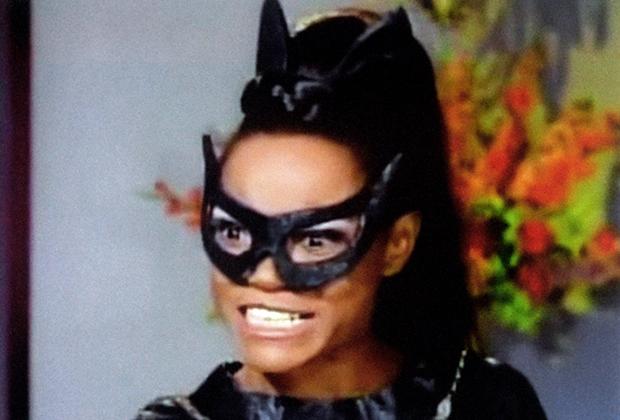
The success of Julia and similar shows proved that there was a burgeoning and profitable market for the networks and their advertisers to appeal to black children. Baby boomers were the first generation to grow up in the shadow of television, and they enjoyed seeing themselves reflected onscreen and seeing commercials for products designed for them: sugary breakfast cereals, Barbie and G.I. Joe dolls, Easy-Bake Ovens, Hot Wheels, banana bikes, etc. Even better, black kids began to see themselves in these commercials. Rodney Allen Rippy, a cute, cherubic 5-year-old, became a household name in the early 1970s for commercials in which he was eating a huge Jack-in-the-Box hamburger.
Rippy's entry extended to the lucrative world of Saturday morning cartoons, previously dominated by the iconic Bugs Bunny/Road Runner Show. Once again, Cosby broke new ground with his creation, Fat Albert and the Cosby Kids, an animated series that was a sentimental look back on his childhood growing up in a Philadelphia black ghetto. The endearing series, which ran on CBS from 1972 to 1985, proved that American audiences were not just interested in seeing black adults, but they also wanted to see their children, which would set the tone on television for the remainder of the century.
Good Times, Lear's second series, which CBS aired from 1974 -79, offered a view of black family life from a Chicago housing project. The blue-collar Evans family reflected the ills of the decadeunemployment, welfare, crime, discriminationwhile striving for a piece of that promised American pie. They managed to find humor in an often desperate situation and had a breakout star in Jimmie Walker's J.J., who coined the catchphrase, "Dy-no-mite!" The series inspired an imitator, What's Happening!!, an ABC series that aired from 1976-79.
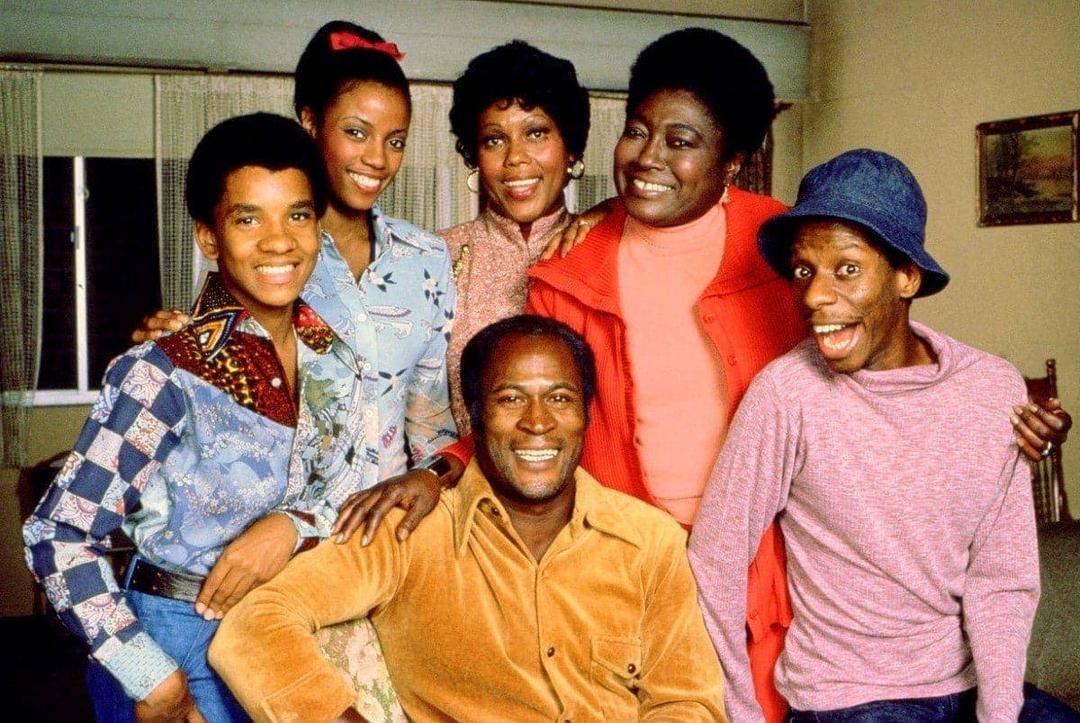
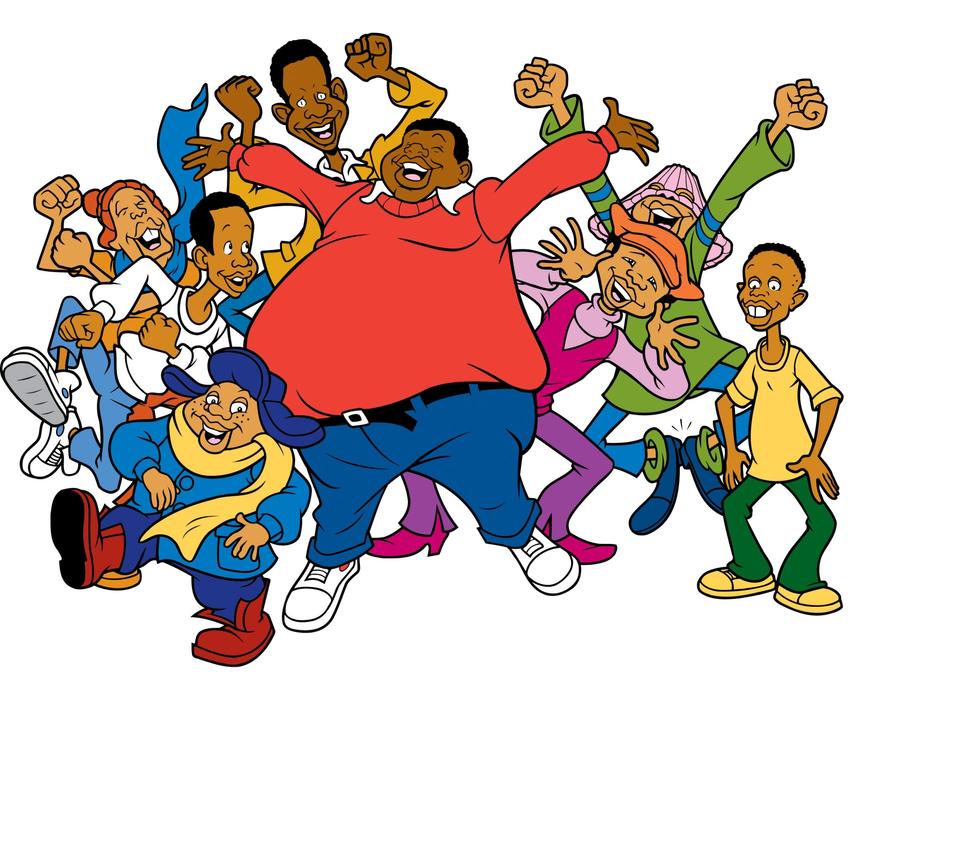
Beginning in the early 1970s, there was a massive transition in TV programming from shows such as The Partridge Family and The Brady Bunch that depicted white families to shows that documented the large variety of black families and how they cope with modern life. At first, the networks to spearhead this change were NBC and CBS, especially when they aired three series produced by Norman Lear that offered completely divergent views of the black family experience in America.

The first, Sanford and Son, the NBC series starring Redd Foxx and Demond Wilson as a Los Angeles junk dealer and his son, explored the tension in black father-son relationships and between the black and Latino communities in Southern California. It ran from 1972-1977.
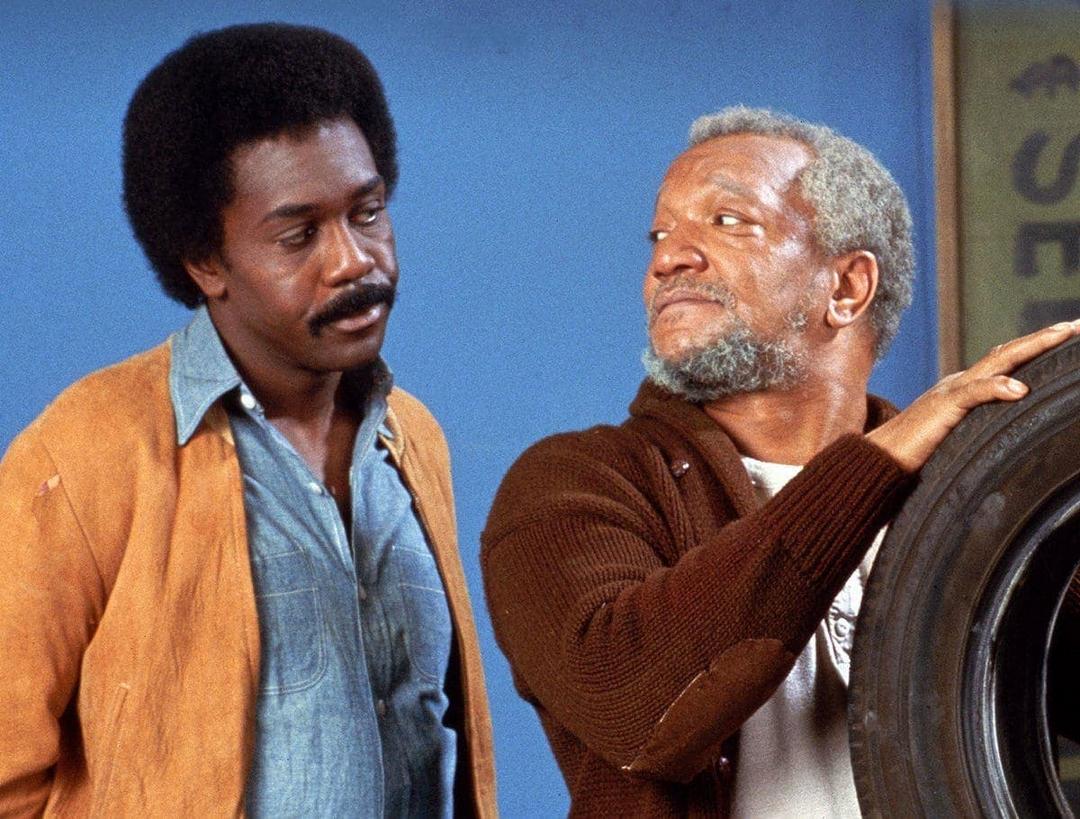
It was Lear's third series, however, that has had the most enduring impact. The Jeffersons, which
premiered on CBS in 1975, was revolutionary in that it showed a black man, George Jefferson, who rose from a modest background to become a self-made millionaire living in a luxurious apartment building on Manhattan's tony Upper East Side. It also showed how George, a bigot, had to cope with his son Lionel marrying the daughter of an interracial couple. Watching "fish-out-of-water" George and his family navigate both the very different black and white worlds every week was fascinating and funny at the same time. The series lasted until 1985.

Roots: The Mini-Series That Riveted America America's Bicentennial in 1976 sparked renewed interest in the touchstones of the nation's past and individual genealogy. This reflective period could not avoid America's origin sin, slavery. Alex Haley's semi-autobiographical novel, Roots: The Saga of an American Family (Doubleday, 1976), touched on these dual themes. It traced the life and descendants up to the 1960s of Kunte Kinte, a young African who was captured and sold into slavery in the America of the 1700s. ABC turned the novel into a TV mini-series broadcast on its network in 1977. Starring a young Levar Burton as Kinte, it captivated audiences who had never before seen such graphic (though watered-down) depictions of slavery's horrors. (Haley's novel is now banned in several red states as a backlash against Critical Race Theory.) The novel and mini-series sparked a
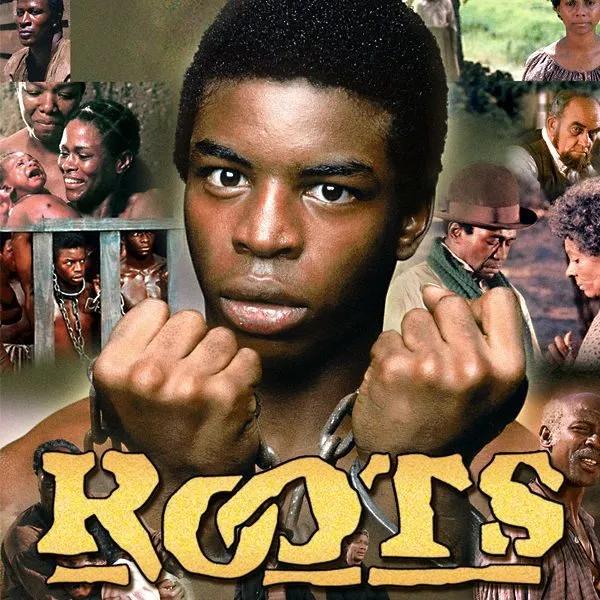
Jack Benny, black performers were now allowed to carry the ball themselves. Comedian Flip WIlson was given his own comedy-variety show on CBS, the singing group The Jackson 5 was afforded equal TV time as The Osmonds, and black women such as Teresa Graves (Get Christie Love!) now had the chance to be the action superhero. Saturday Night Live, NBC's late-night sketch comedy show that premiered in 1975 and that is now a national institution, featured actor Garrett Morris in its original cast. He was the first of many black performers, including Eddie Murphy and Tracy Morgan, who became household names by first appearing on SNL.
national conversation on race relations and interest in African American heritage, and even a desire to promote human rights. Many blacks proudly identified with Kinte and his descendants' struggles, which also gained the sympathy of many whites. Sadly, that sense of empathy would dissipate in some quarters over the coming decades.
By the mid-1970s, American television viewers were quite comfortable seeing blacks portrayed in all facets of life, and in both comedic and dramatic fashion. In a far cry from the days of Eddie "Rochester" Anderson playing comic foil to
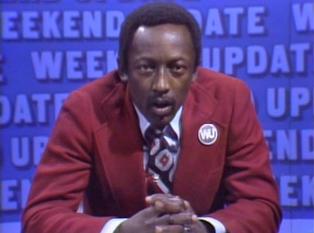
One CBS drama series would have a more immediate impact on black youth going forward: The White Shadow. Set in an urban high school, it centered around an ex-pro basketball player (Ken Howard) who set out to turn a basketball team of disadvantaged, mainly black teenagers into a success on the court and in life. What was remarkable about this series, which aired from 1978-81, is that it foresaw the type of high schoolers who would soon change the sport of basketball (and by extension American culture) forever - men such as Michael Jordan, Magic Johnson and Shaquille O'Neal.
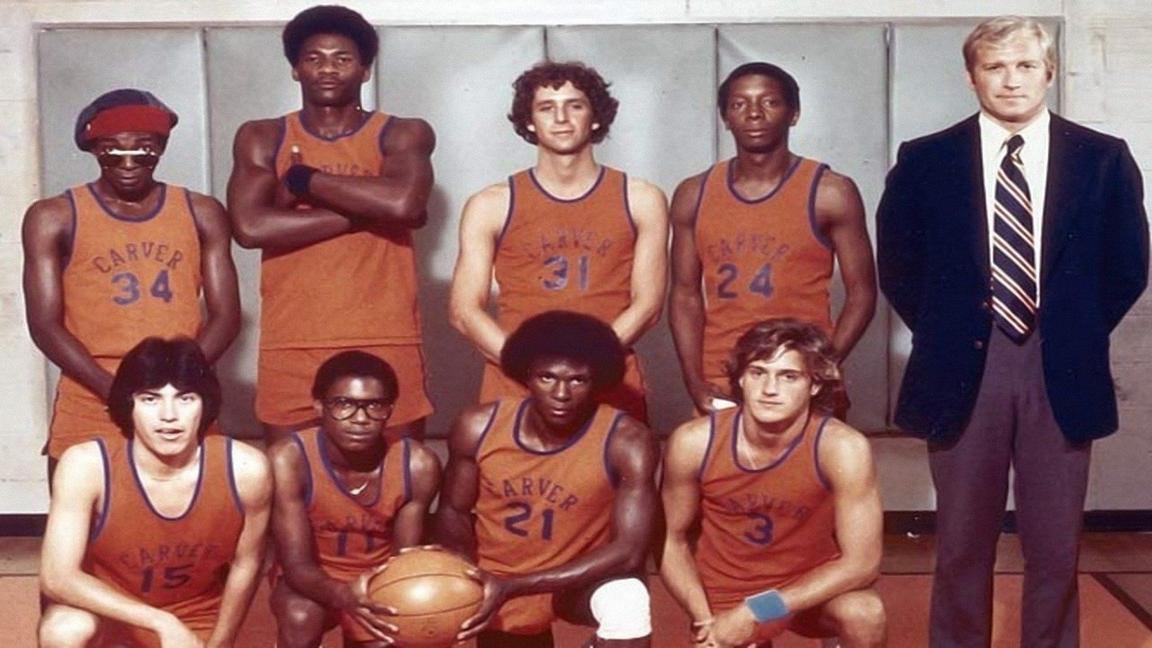
By the early 1980s, American viewers had grown ever more comfortable seeing blacks in multiracial ensemble casts as equals and headlining their own shows. No longer invisible in American society, they had reached the point where they came to symbolize the best of that society. In the new decade, NBC led the way in racial reawakening with its two sitcom series, Diff'rent Strokes and The Cosby Show
Diff'rent Strokes was essentially a reworking of The Jeffersons. Two orphaned brothers, Arnold (Gary Coleman) and Willis (Todd Bridges) Jackson, are adopted by their deceased mother's wealthy
ignoring the fact that many black families had achieved white-collar and upper middle-class status by this time. Nevertheless, the show was so popular and iconic that Cosby was called America's Dad, a status previously held by Robert Young and Ozzie Nelson back in the 1950s and Fred MacMurray in the 1960s.
GARYCOLEMAN(CENTER)ANDTODDBRIDGES(RIGHT) WITHTHECASTOFDIFF'RENTSTROKES
white employer, Philip Drummond (Conrad Bain), and move in with his family at his sumptuous Park Avenue apartment. Amidst the comedy, serious issues were tackled, including mixed-family relationships and feelings of belonging. It aired from 1978-1985.
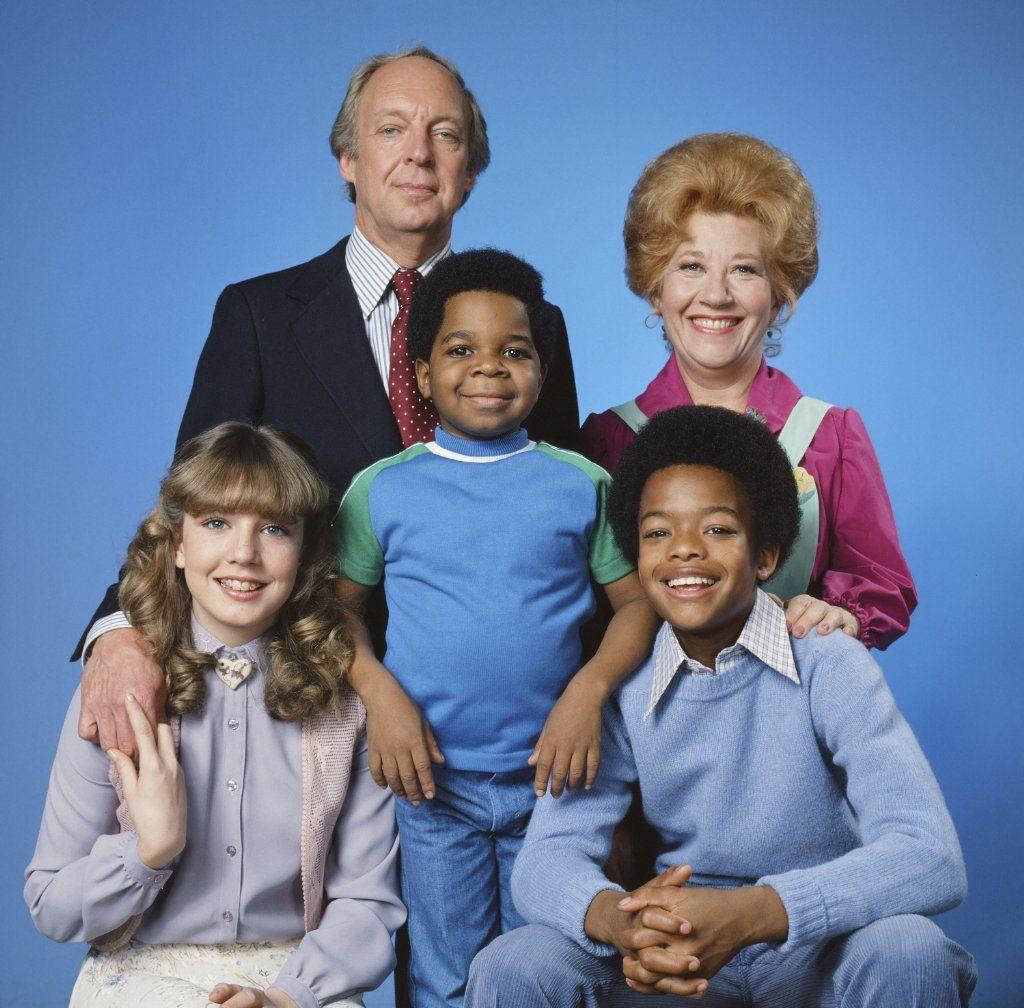
However, the series that had by far the biggest impact on American culture into the 1980s was The Cosby Show. After a decade-long absence, Cosby returned to series television in 1984 with this unique sitcom as the physician head of a household living in a stylish Brooklyn brownstone that included his lawyer wife and four children. The Huxtables were an upscale family that faced problems both black and white American families could relate to. Some people, including some blacks, considered the concept of a household headed by two black professionals as unrealistic,
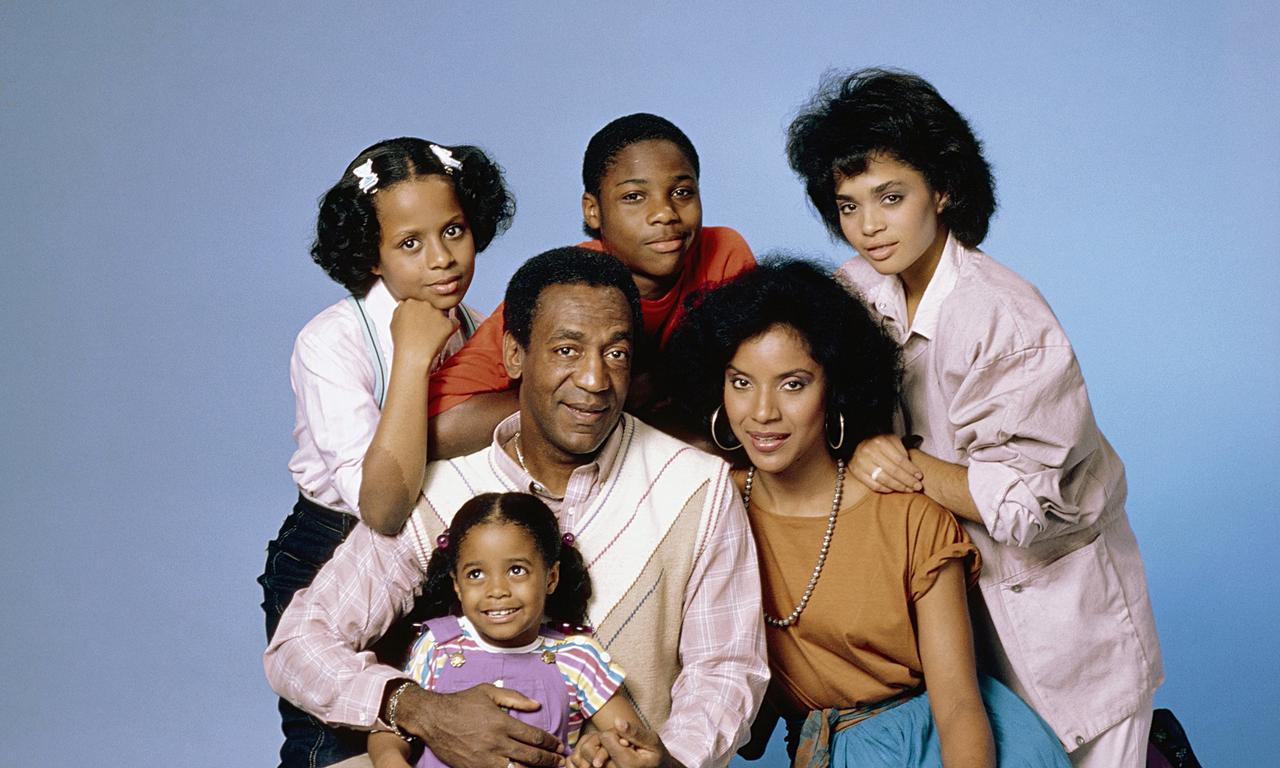
The 1980s closed with black actors well on their way to dominating the medium of television in the next 30 years. A role like that of Burton as Geordi La Forge, the chief engineer of the 24th century spaceship USS Enterprise, once rare on TV, had become so commonplace that no one thought twice of it. In the coming decades, black actors will be free to portray a wider range of backgrounds and emotions.

Until the 1960s, news had always been the neglected stepchild of the television business. The nightly news broadcasts were only 15 minutes long. CBS News anchored by Walter Cronkite, who was not yet the most trusted man in America, was the first news program to expand to 30 minutes in September 1963. Breaking news bulletins were not much older. If you wanted in-depth coverage of current events, you still read the major daily newspapers or maybe a weekly newsmagazine. The reason is television is a medium that was initially invented to entertain, not inform. There simply was not enough profit in telling American viewers what was going on in the world. Further, the world looked
Birmingham in 1963 that ignited public guilt and outrage to a point where legislation securing the rights of African Americans was finally passed in 1964 and 1965. As people watched white Birmingham firemen turn powerful water hoses on defenseless black protesters, many of whom were children, it was clear to all who the victims were and who the perpetrators were.

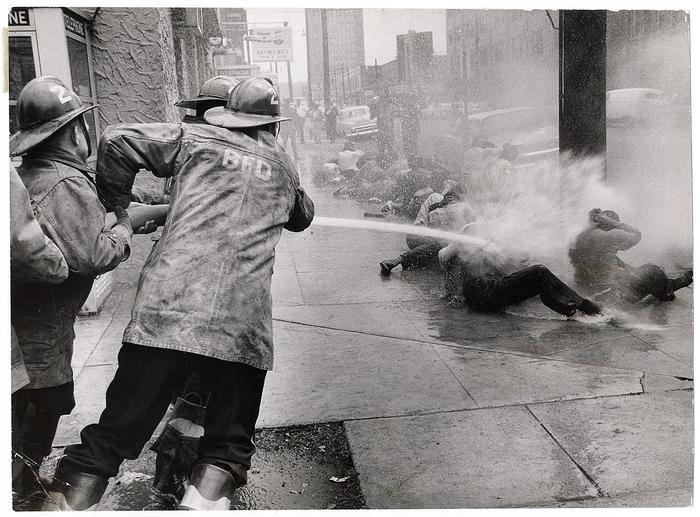
The success of the Civil Rights Movement in securing the moral high ground proved the propaganda value of TV news. Like all tools, however, TV news can also be exploited by the dark side. As black grievance turned from peaceful marches to sometimes violent riots as the decade wore on, it didn't take long for the movement's white supremacist detractors to use TV news to paint blacks as a violent and predatory people in the minds of both whites and blacks, especially in middle America. Network and local TV news showed cities burning all over the country, from Watts to Detroit to Newark, and blacks looting. The culmination was Martin Luther King Jr.'s assassination in April 1968, when TV audiences saw curfews enacted and Army National Guard troops patrolling the streets in tanks and cordoning off the Capitol with rifles and barbed wire. The criminalization of the black man had begun.


white Americans watching their fellow black Americans fight for their right to full citizenship, equality and respect.
To its credit, CBS News, especially when Edward R. Murrow was leading its broadcasts, often faced down opposition from its corporate overlords to alert the public to the dangers of McCarthyism and the Atomic Age, worker exploitation and environmental pollution. However, while all these were important, what really made television news indispensable to the average American was the Civil Rights Movement.
From the beginning, civil rights leaders all agreed that for their movement to succeed, they must appeal to the conscience of white Americans, and the only way to do that was to get them to watch what was happening to them in the South on television. It was TV reporters delivering stand-up accounts from Little Rock in 1957; Anniston, Alabama, in 1961 (during the Freedom Rides); and
BAVUAL 60
Thus, here is America in 2023, still feeling the aftereffects of a TV propaganda war for the hearts and minds of Americans over how they view their fellow black Americans. From cities in flames, TV news advanced to the drug war of the 1970s and 80s, Hillary Clinton's "super predators" of the 90s, and the police shootings and beatings from Rodney King to Tyre Nichols.
RIOTERSAFTERMLKWASASSASSINATED,1968


Because of its size, its possession of the largest population in Africa, its diverse people, and its vast natural resources, the West African nation of Nigeria is sometimes called the "Giant of Africa."
In addition to having one of the largest river systems in the world, the country contains many geographically distinct areas, including mountains, swamps, jungles, deserts, plains and savannas.
In terms of people, its vast ethnic and tribal groups include the Hausa, Yoruba, Igbo, Fulani, and hundreds of others. Although its official language is English due to a long period of British colonialism before it achieved independence in 1960, there may be more than 400 languages spoken in the nation.
Lagos, the nation’s largest city, is the largest metropolitan area in Africa and may be on its way to becoming the largest in the world.
In terms of political power, Nigeria ranks at the top in West Africa and is also the region’s richest country. Oil is its most important export, and over half of its oil exports go to the United States. Cacao and rubber are also significant exports.
Known for its oil and business strength, the nation is the home of some of Africa's wealthiest men. Still, because of an unfair distribution of its wealth, various internal conflicts, longtime political problems, and government corruption, perhaps 60 percent or more of its people live below the poverty line. Many live on less than a dollar a day.
Historically, several indigenous pre-colonial states and kingdoms existed in what is now Nigeria since before the Common Era. However, the modern state originated when the country gained its independence from British colonization in 1960. This was following a long colonial period that began in 1882 and lasted nearly 80 years.
After Nigeria gained its independence, bilateral relations between Nigeria and the United States were formally inaugurated. Unfortunately, not long after gaining its independence, the new nation experienced political assassinations and two military coups in 1966 and a civil war that lasted from 1967 to 1970. Afterward, it was ruled by several military dictatorships and short-lived democratically elected civilian governments, with more military coups and coup attempts in 1975, 1976, 1983, 1985, 1990 and 1993.
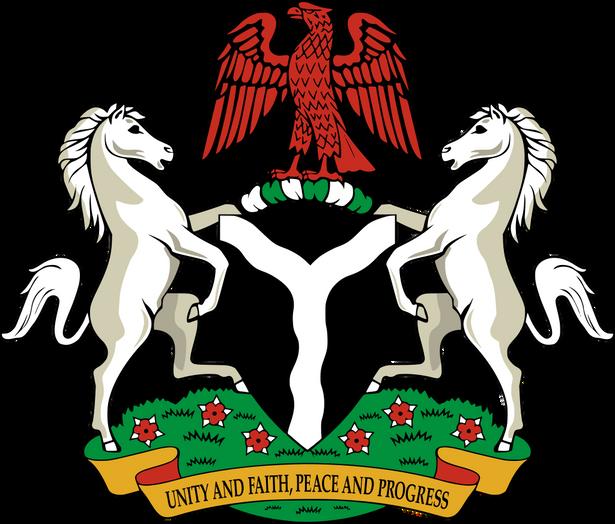
Even though it had rarely objected to military rule in Nigeria, the U.S. reacted much more strongly to Sani Abacha’s violent regime that gained control in the 1993 coup. After Abacha’s death in 1998, however, the U.S. welcomed Nigeria's 1999 return to a more democratic system.
Under Nigerian President Olusegun Obasanjo, who was elected in 1999, the relationship between Nigeria and the U.S. improved and aid and trade increased. Although there have been strains in the relationship over the years, Nigeria has been one of the United States' most significant partners in Africa and the U.S. is still a major market for Nigerian crude oil.
The U.S. is also a significant source of foreign aid to the nation and the main foreign investor. More than a million Nigerians and Nigerian Americans also live in the U.S. and are a source of significant family remittances to Nigeria.
Even though the nation continued to suffer from extensive political corruption after its escape from military dictatorships, it has somewhat succeeded in moving closer to a fairer democratically elected system.
Despite the nation’s longtime troubles, its cultural influence has grown over the years, with its literature, music and film making a significant international impact.
Because English is the nation’s official language and most Nigerians understand it, most Nigerian literature is written in English, although some Nigerian writers write in the Yoruba, Hausa and Igbo languages. From the works of playwright Wole Soyinka, who received the Nobel Prize for Literature in 1986, and well-known and popular novelist and poet Chinua Achebe to the prolific storyteller Chimamanda Ngozi Adichie, Nigerian writers have carried the Nigerian story far beyond its borders.
Nigerian music has also reached far beyond Nigeria and found acclaim elsewhere.
In the 20th century, Nigerian musician Fela Kuti and others combined indigenous music such as fuji and highlife with African American funk, jazz and other genres to form Afrobeat, which later influenced hip hop.
The looser Afrobeats style, a later evolution of Afrobeat, has been popularized by many Nigerian musical artists, and many, including L.A.X., Wizkid and Yemi Alade, have made, and even topped, the international music charts.
Other types of music associated with Nigeria include juju, fuji and afan. A type of percussion music combined with traditional Yoruba music, juju was popularized by King Sunny Adé and other Nigerians. Fuji, a Yoruba percussion style, was created and popularized by Alhaji Sikiru Ayinde Barrister. Afan music was invented and popularized by Umuobuarie Igberaese.
The nation’s musical abilities gained much international attention in 2008 when MTV hosted an award show in Nigeria’s capital city, Abuja.
Perhaps more amazing, Nigeria’s film industry, which is sometimes called Nollywood (Nigeria plus Hollywood), has grown so much that it produces more films than Hollywood and is the second-largest producer of movies in the world, behind India. This, despite the nation’s much smaller size in comparison to the U.S. and India.
The Figurine, a 2009 thriller that was successful in Nigeria and also screened at international film festivals, increased attention toward Nigeria’s film industry internationally.
The 2010 film Ijé, by Chineze Anyaene, then became the highest-grossing Nigerian film until 2014 when it was surpassed by Half of a Yellow Sun (2013). In 2016, this record was lost to The Wedding Party, and, in 2021, Omo Ghetto: The Saga (2020) surpassed that record.
T.B. Joshua's Emmanuel TV, which originates in Nigeria, is among the most viewed stations on the continent.
In 2014, the nation’s film industry became the third most valuable worldwide with a worth of 5.1 billion U.S. Dollars.
Boasting such cultural wonders, along with its natural beauty, diversity, resources and wealth, Nigeria has come a long way since the tragedies of British colonialism and its struggles following independence. Along with its current economic and cultural successes, if it can overcome lingering problems such as high unemployment, poor distribution of wealth, and government corruption, it could very well turn out to be an African gem that just needs some polishing and a little more time to reach its full potential.
RoyalBeninivorymask, oneofNigeria'smost recognizedartifacts BeninEmpire,16th century

Ikogosi Warm Springs in Ekiti State is one of the most astounding creations of nature in the world The warm spring flows down a hill, right next to a cold spring, after which they meet at a confluence and continue their journey into a river. Visitors are enchanted with stories about the healing powers that can be accessed by bathing in water from the spring The fact that both springs’ temperatures flow from the same source remains a cause of wonderment to geologists and tourists alike. Ikogosi Warm Springs are surrounded by dense, beautiful greenery, and there’s also a resort


Nike Art Centre, Lagos, is one of Nigeria's hidden treasures. Located in Lekki, Lagos, the four-story building includes an art gallery and textile museum featuring over 7,000 pieces. The centre has a diverse collection of art by a multitude of artists, celebrating Nigeria's talent and offering visitors an insight into various cultures of Nigeria through the medium of art. It can take up to a full day to discover all the Nike Art Centre has to offer. Fortunately, the gallery is open seven days a week and often holds art exhibitions, workshops and cultural days.


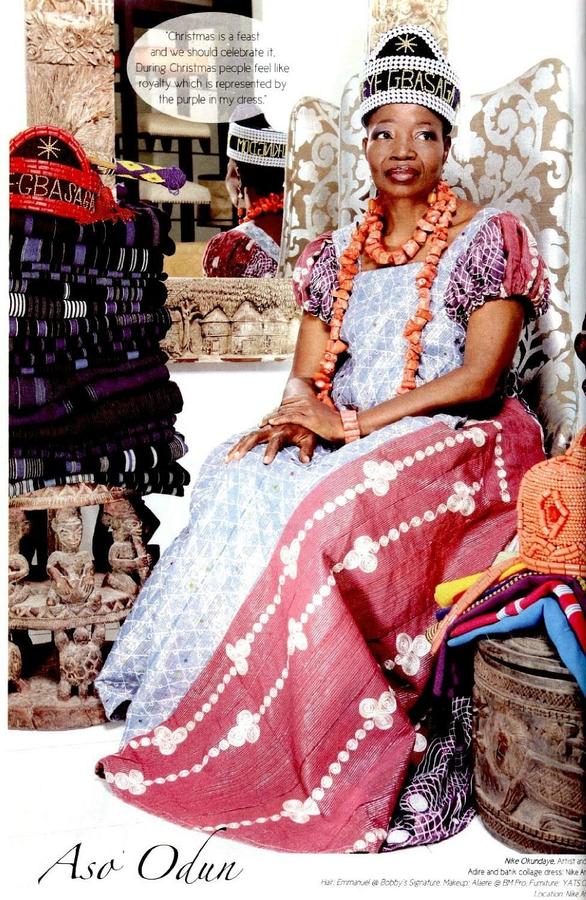

The Lekki Arts and Crafts Market (also known as Jakande Art Market or Oba Elegushi International Market), as the name implies, is located in Lekki, a city in Lagos, Nigeria It is a large market, showcasing a wide variety of African art and crafts. Regarded as the largest art market in Nigeria, its catalog consists of paintings, sculptures, woodwork, fashion accessories, furniture, metalworks, intricately designed chairs and bowls, locally made fabrics, bangles, Ankara, etc It is also a tourist attraction because people can always visit the market for sightseeing or developing their creativity. The beautiful pieces on sale throughout the market are always on display for all to see.

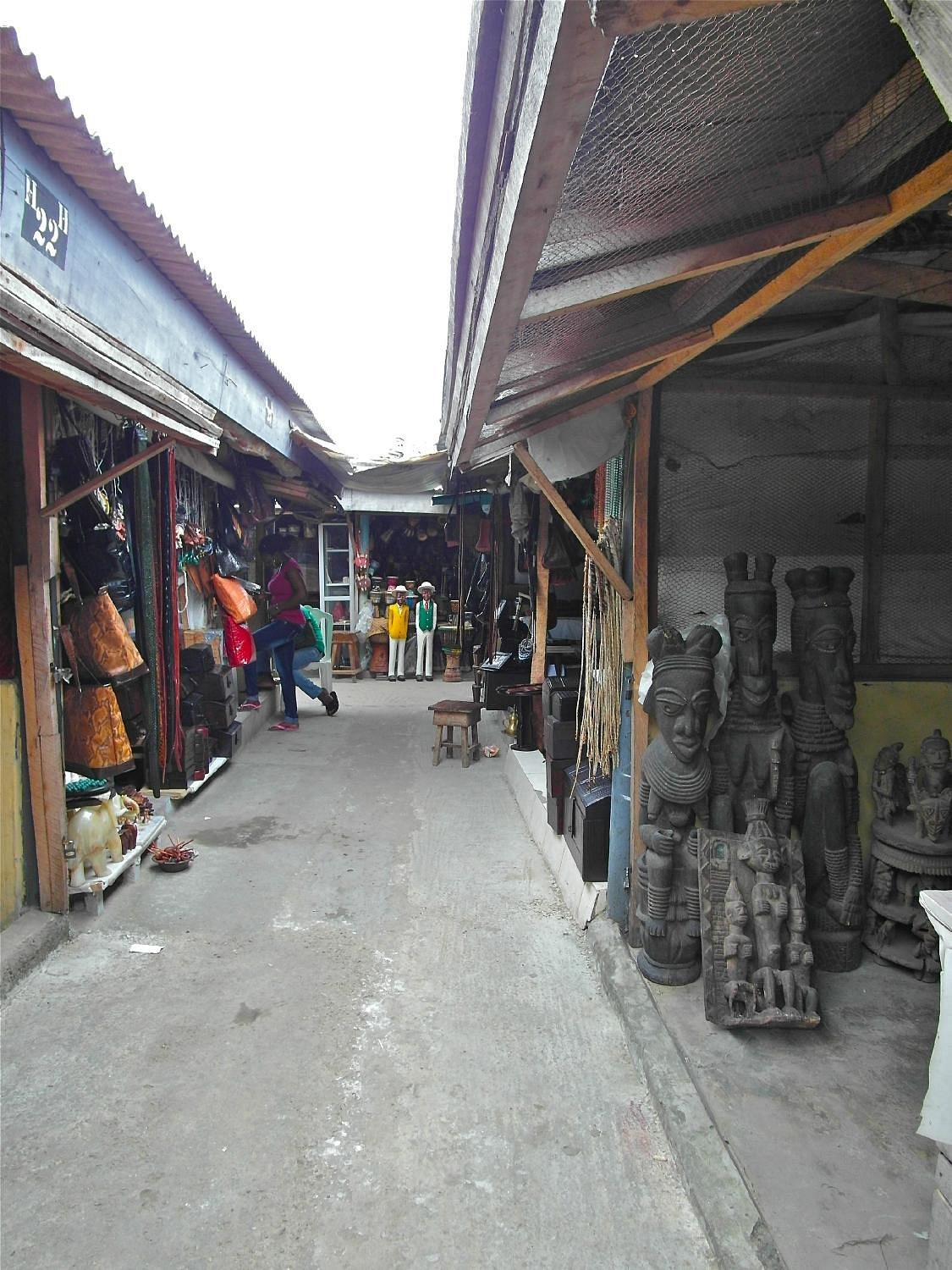

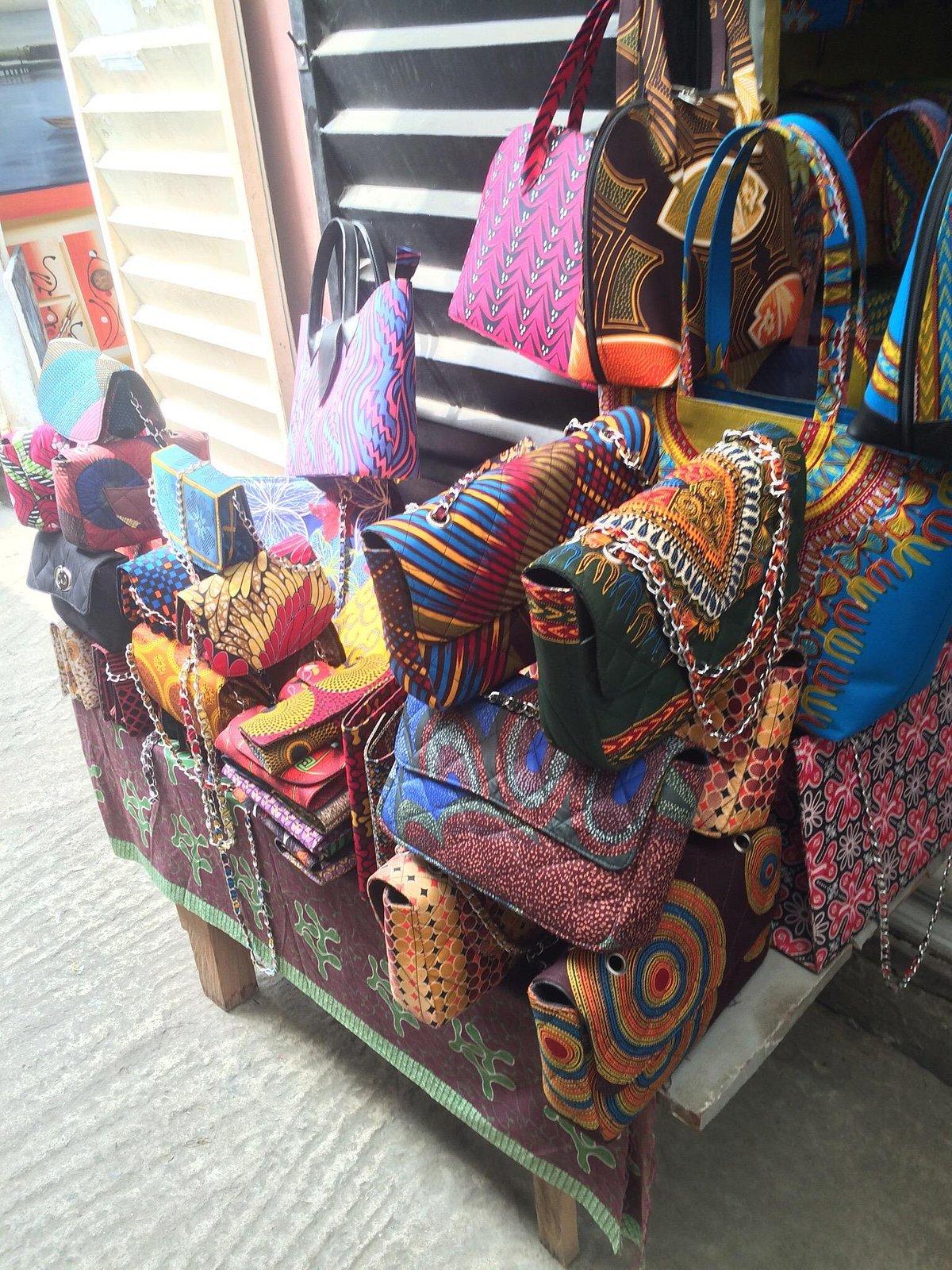
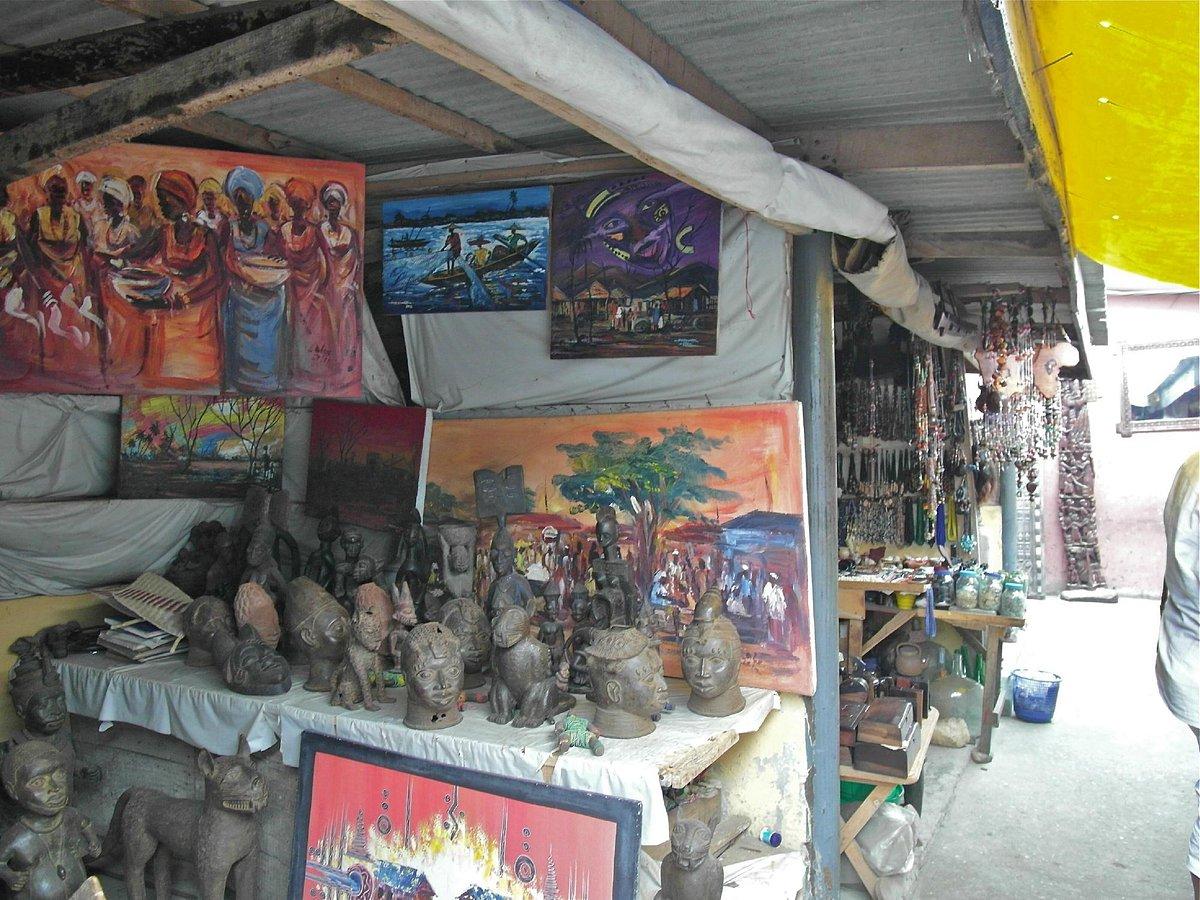
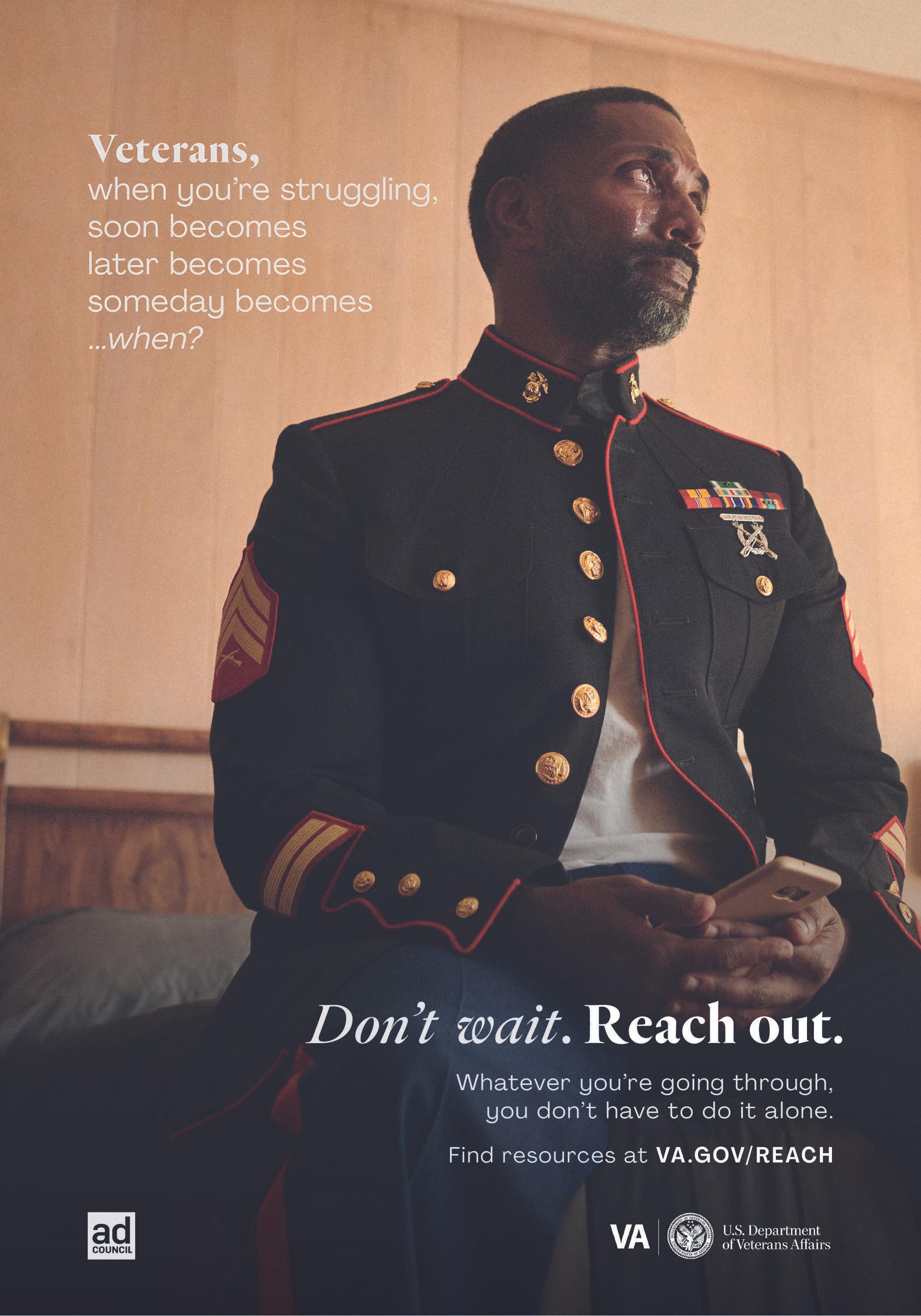
As recently as a few decades ago, parents using the public school system had little choice where to send their children to school.
The rise of charter schools changed the education marketplace and provided new options, even for parents without the means or desire to send their students to private schools.
"Charters add more options and different models of schools to the system, which usually gives parents more choice," former staffing director at Boston Public Schools James Bacon, who is now director of outreach and operations at the education technology firm Edficiency, wrote in an email "In many ways, the biggest pros and cons of charter schools stem from the same fact: That in most cases, charter schools are given more freedom than traditional public schools."
The Difference Between Charter and Public Charter schools are publicly-funded, tuitionfree schools, but they differ from traditional public schools in key ways. Comparing charter
By Jacob Fischler from USNews.com October 19, 2021schools to public schools requires weighing a few different considerations
First, charters have more flexibility Rather than being part of a public school district, which dictates curriculum and standards in all schools, charters operate autonomously through individual agreements, or charters, with state or local governments that dictate rules and performance standards
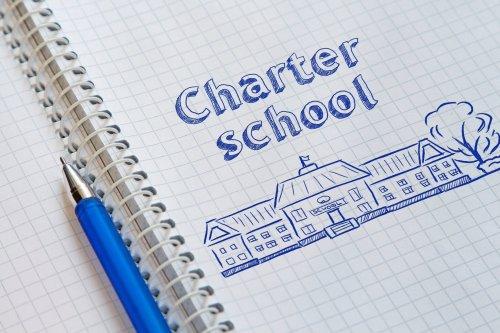
Given the ability to operate through these agreements, individual charter schools can tailor their curriculum, academic focus, discipline policy and other matters generally decided at the school district or state board level. In return for that flexibility, charter schools are supposed to be more accountable to parents and the state or local governments that authorize them.
"The flexibility that charter schools are afforded in our system means that they try different things," says Frank Adamson, an assistant professor of education leadership and policy studies at California State University Sacramento who has studied charter school performance.

Some schools may focus on arts or theater Others prioritize ecology and sustainability or racial and social justice.
"Some of those approaches are more tailored toward what I consider to be the highest quality education, which are student-centered but facilitated by high-quality teachers and less so by a focus on test scores or on an overdependence on technology in the classroom," Adamson says
Charters exist in 44 states and the District of Columbia, according to the National Alliance for Public Charter Schools, an advocacy group, and they have become a more popular choice in recent years.
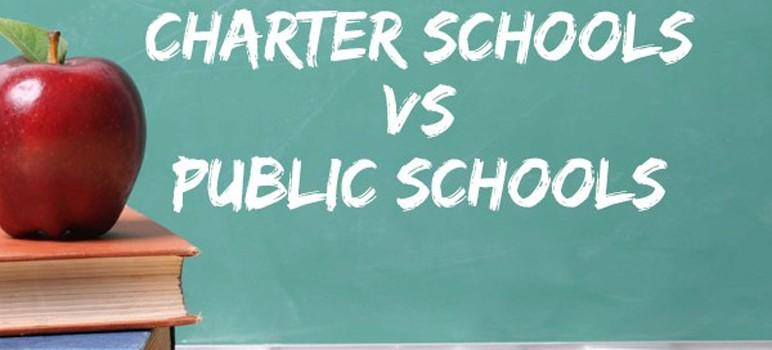
Enrollment has more than doubled, from 1.6 million in the fall of 2009 to 3 3 million in the fall of 2018, the last year for which data is available from the National Center for Education Statistics In that time, charter students went from 3% of all public school students to 7%.
A 2019 U.S. Department of Education study found that there was no meaningful difference between the eighth graders in charter schools and public schools when it came to math or English proficiency, as measured by the National Assessment of Educational Progress, often called "the nation’s report card "
The charter school movement, which gained prominence in the late 1980s and has been gaining ground ever since, began as a way to close the achievement gap between white and non-white students Many charters still view that as a core mission
But many of the same problems that plague traditional public schools are found in charters as well New Orleans, where nearly all public schools became charters after Hurricane Katrina in 2005, still deals with the stratification of students and a pernicious racial achievement gap, says Adamson, who has studied the impact of charter schools in New Orleans
Stanford University’s Center for Research on Education Outcomes, often called CREDO, studies charter schools extensively and what its researchers have found reflects the promise and limits of charter schools. For instance, a 2020 CREDO study in Washington state found that "in both reading and math, four out of nine or 44% of charters … do not differ significantly from the traditional public school option "
One area where charter schools students did show positive growth in reading and math compared to their counterparts in traditional public schools was among students whose native language is not English.
Still, even though charter schools are often promoted as a gateway to educational equity for poor and minority students, research suggests they are neither the panacea that supporters claim nor the problem that critics charge, despite passionate arguments on both sides.
"Though they do not consistently find benefits to students in district schools, they rarely find the harm predicted on the basis of districts’ overall funding and costs," Paul T. Hill, a research professor at the University of Washington and founder of the Center on Reinventing Public Education, wrote for the Brookings Institution
The schools are tuition-free and generally do not require the entrance exams, interviews or auditions that often come with private school admission But that doesn’t mean they’re easy to get into
Many high-performing charters draw large numbers of applications, and some use a blind lottery to determine which students can enroll Even getting a place in such a lottery can require planning.
Charters may set a deadline for applications in November, months before classes start, Adamson says Also, how these lotteries work can differ by locale, with some areas giving advantage to families who meet certain criteria Education experts recommend that parents do research into the charter, visit the school and compare it carefully to the public-school
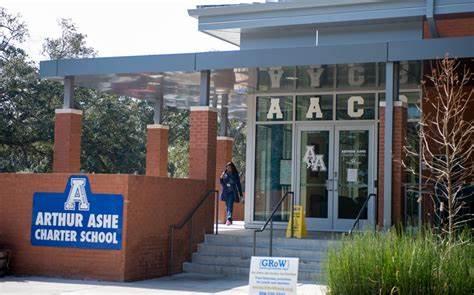
alternative Look beyond test scores and talk to educators who work at the school and parents who send their children there
"In my experience, parents should know what matters most to them, and then ask for quantitative and qualitative data around those points if they cannot find it online," says Bacon, who serves on the school board near his home in Wisconsin.
Quantitative data includes test scores, graduation rates, college attendance rates and similar metrics, he says. Qualitative information could include surveys that measure student and family satisfaction, the type of curriculum they use, their beliefs and their policy on discipline
Both charter schools and public schools depend on test scores to show their value. Federal law has pushed traditional public schools to focus on testing, but the competitive model of charters means "they live or die on their test scores," Adamson says
While the pandemic has disrupted testing at both charter and public schools around the country, experts say that assessment is likely to play an important role in the systems that emerge
Charters are schools of choice, meaning that parents choose to send their children In order to attract those students, and thus continued support, charter schools are incentivized to achieve high test scores as a way to show their quality
"I think the argument could be made that their accountability metrics are often tied heavily to these scores and required for them to have their charter renewed, with the threat of the school being shut down if they don’t perform," Bacon says. "So it’s certainly something to be mindful about when exploring a charter school option."
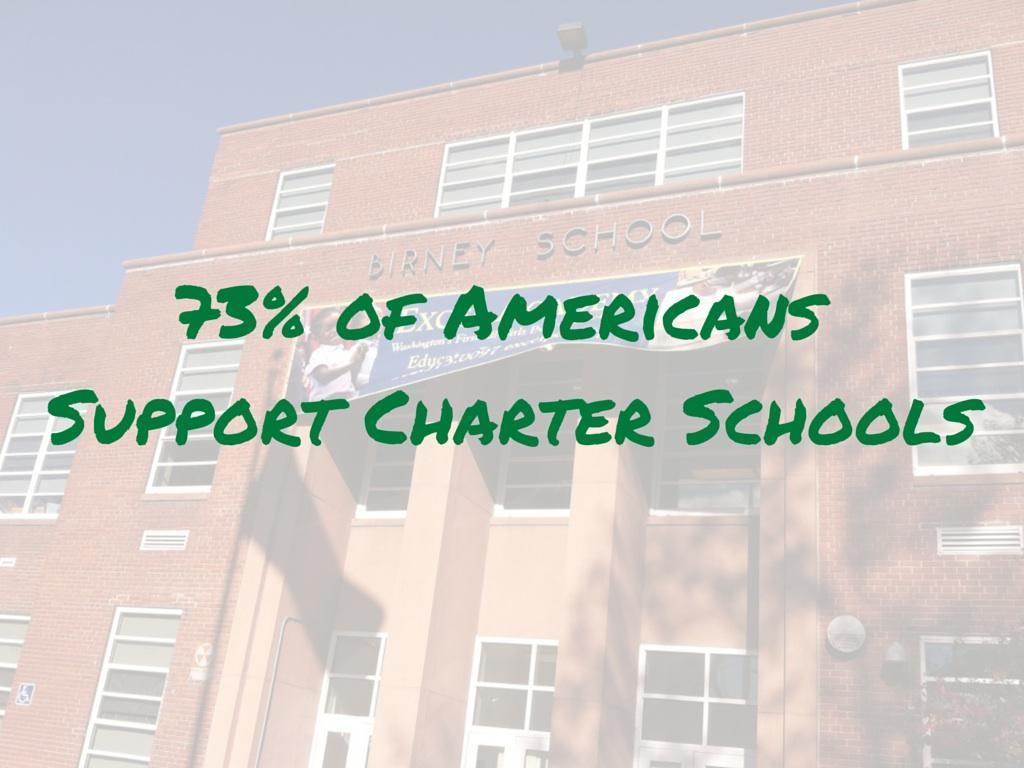
Many parents looking at high school educational options are likely to encounter a magnet school, whether it is focused on science, the arts, public service or even more specialized interests.
“Magnet schools have been a springboard for success for so many students,” says Todd Mann, executive director of Magnet Schools of America, a professional association that supports magnet schools.
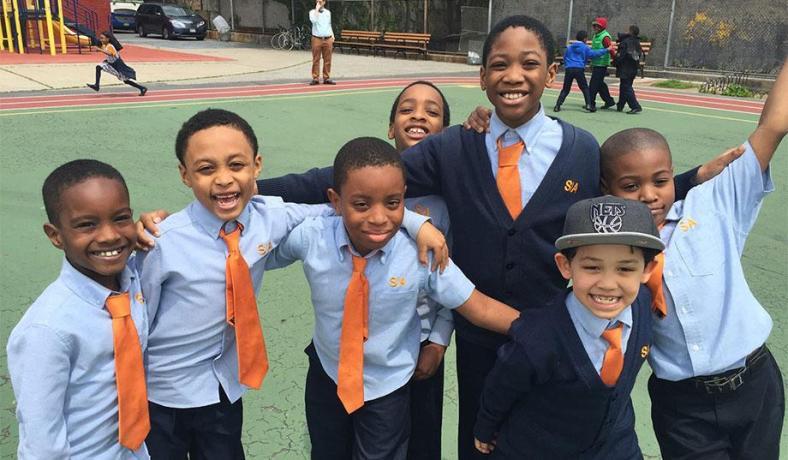
Magnet schools were born of the civil rights movement as a way to eliminate school segregation. They are part of public school districts, or sometimes a collaboration between more than one district, and are run by public school administrators. Unlike traditional public schools, they often have a focus, like arts or science, and draw students from outside the usual neighborhood boundaries.
About 3.5 million children attend magnet schools –roughly one of every 15 students in public schools –and there are about 4,340 magnet schools across the country, according to Magnet Schools of America. California, Florida, New York, Illinois, North Carolina and Texas all are states where magnet programs are strong.
Choosing a Magnet School Magnet schools offer an increasing number of specializations. For example, the Connecticut River Academy in Connecticut is a high school focusing on advanced manufacturing and environmental science. At the Sumner Academy of Arts and Science in Kansas, every student participates in the rigorous International Baccalaureate program. Education experts say parents need to do research to determine whether a magnet school is a solid fit.
“Seek information often and early,” says Casey Cobb, a professor at the Neag School of Education at the University of Connecticut, who researches magnet school policies.
Laurie Kopp Weingarten, a certified educational planner and independent educational consultant in New Jersey, says magnet schools have pros and cons.
“For students who know what they want to study, they can start exploring at a younger age,” she wrote in an email. “That can help them learn if they truly are interested in the field that the magnet school focuses on. They also receive, in many cases, a private school education equivalent at a public school cost.”
The danger, she says, is that students are asked to make a decision in eighth grade, and a four-year commitment can be a lot for someone just entering their teens.
“Often these students realize after a few years that the subject of the magnet school doesn’t align with their interests and talents,” Weingarten says. “At that point, they either have to remain in the high school, studying classes that don’t interest them, or they need to return to their home high school in the middle of their school years. Neither option is optimal.” There are also many considerations beyond academics. Magnet schools can involve longer commutes, and not all provide transportation. That can add to a family’s logistical challenges and costs. Some smaller schools have fewer offerings in terms of sports and other activities. A magnet school can also mean friends are spread out geographically, giving children fewer peers in their own neighborhoods.
Magnet schools that have too many applicants sometimes use lotteries for admission. Schools in extremely high demand often have grade requirements and use standardized tests. Some go even further. For example, Thomas Jefferson High School for Science and Technology in Virginia, rated one of the top high schools in America, includes a problem-solving essay as part of the application. Schools that focus on performing arts, such as Duke Ellington School of the Arts in Washington, D.C., can require an audition or portfolio review.
“Families should gather as much information as they can about admissions,” Weingarten says. “Most high schools are transparent about how the process works. It can usually be found on their website. … They can then try to prep their student for the test, essay, interview, etc. And, of course, students need to earn high grades in middle school.”
Parents will want to help their children prepare. For example, if the school requires an interview, parents
can set up mock interviews with a family member. Asking other families who have been through an interview process can help kids understand what to expect, Cobb says.
Though the COVID-19 pandemic has caused schools in many locales to question their testing policies, admissions tests are still common. Parents can help students improve their scores by practicing for the test in much the same way that college applicants practice for the SAT or ACT. Books and classes are available to get students ready for most standardized tests.
Weingarten says tests can weigh heavily on admissions in some areas. “In Monmouth County, New Jersey, where I reside, it’s a whopping 70% of the decision,” she says. “The other 30% is grades in seventh and eighth grade. There are no other criteria.”
School districts often use lotteries to decide who gets into magnet schools, but the systems are not always completely random. Students in some locales get extra points in the lottery for a variety of factors. Los Angeles, for example, gives students extra credit in the lottery for having a sibling at the magnet school, having been on the waitlist the previous year and for coming from a school with overcrowding.
Families in districts with many magnet schools can sometimes list several top choices to improve the chances of getting into one. Often, a lottery drawing will fall short of an admission but will result in placement on a waitlist. A high placement on that list can sometimes result in an admission if students who were admitted in the first round choose not to go.

Whether admission is by lottery or other means, education experts say magnet schools offer benefits that can make the application process worth it. Magnet Schools of America reports that 90% of students graduate at magnate high schools and that 72% go to college.
“A magnet school can offer an advantage because the students are bright … so the classes are demanding and may be more rigorous than normal honors classes,” Weingarten says. “In addition, the school is much smaller than the normal public high school. Students benefit from individualized attention and guidance.”
By Tamara Lytle, USNews.com September 21, 2021BASISScottsdale,Scottsdale,AZ
RaleighCharterHighSchool,Raleigh,NC
BASISTucsonNorth,Tucson,AZ
BASISPhoenix,Phoenix,AZ
BASISOroValley, OroValley,AZ
OrangeCountySchooloftheArts,SantaAna,CA
BASISPeoria,Peoria,IL
BASISMesa,Mesa,AZ
BASISChandler,Chandler,AZ
BASISAhwatukee,Phoenix,AZ
SignatureSchool,Evansville,IN
TheCharterSchoolofWilmington, Wilmington,DE
BenjaminFranklinHighSchool,NewOrleans,LA
BASISFlagstaff,Flagstaff,AZ
TempePreparatoryAcademy,Tempre,AZ
GreatHeartsAcademies-ChandlerPrep,Chandler,AZ
UniversityHighSchool,Fresno,CA
AcademyforScience&DesignHighSchool,NH
OrlandoScienceMiddle/HighCharterSchool,FL
CaliforniaSchooloftheArts-SanGabrielValley, Duarte,CA
UniversityPreparatoryAcademyCharterSchool,San Jose,CA
WaltonHighSchool,CobbCountySchools,GA
StargateCharterSchool,Adams12FiveStarSchools, CO
Math&ScienceAcademy, Woodbury,MN
AdvancedMath&ScienceAcademyCharterSchool. Marlborough,MA
*AllschoolshaveanA+gradefromniche com
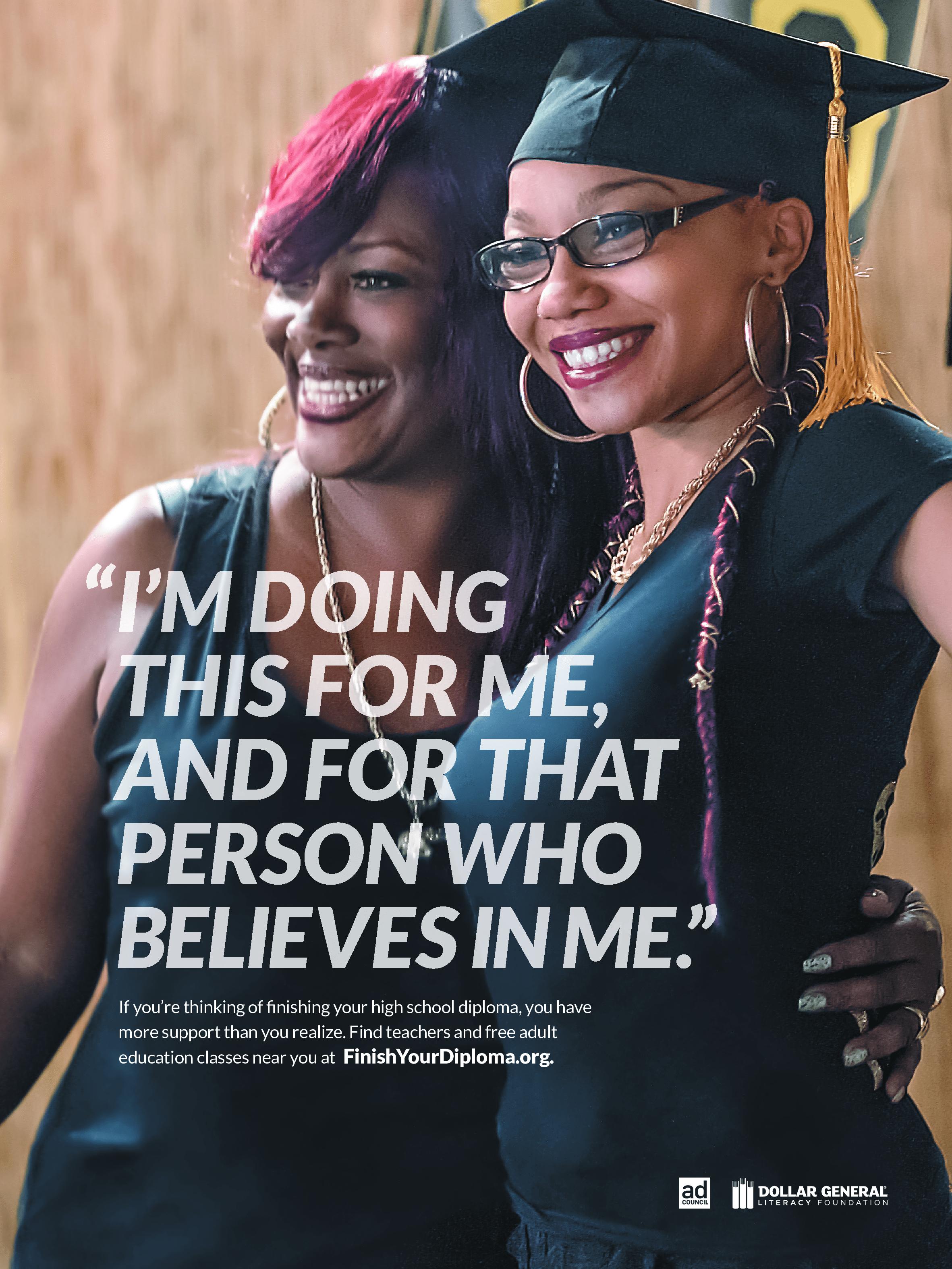

Drafted by the San Antonio (Texas) Spurs for the 2023-24 season, Wembanyama, a 7-foot-5 French phenom with an 8-foot wingspan, walked across the stage at the Barclays Center in New York to shake NBA commissioner Adam Silver's hand and formally mark the start of his new career.
"I can't really describe it," the 19-year-old told reporters following the pick. "One of the best feelings of my life. Probably the best night of my life. I've been dreaming about this for so long. It's a dream come true. It's incredible."
Wembanyama is considered by many to be a generational talent - a player who can defend and play above the rim but move with such fluidity that he can also hit step-back 3-pointers off one leg.

When the Spurs won the right to draft Wembanyama by winning the lottery on May 16, Spurs managing partner Peter J. Holt leaped with joy from his seat on stage inside Chicago's McCormick Place Convention Center.
Spurs coach Gregg Popovich credited Wembanyama's parents for how they have raised him to handle the immense amount of pressure that has been put on him.
"He's got a great disposition, a good combination of intellectual ability, and an emotional intelligence at the same time," Popovich said. "He understands what hype is. He understands all the attention he's getting, but he still welcomes it, deals with it. ... So I think he understands that there's a way to handle that responsibility and still let people feel somewhat close to him. So he doesn't need a lot of advice in that area."
Under Popovich, the Spurs made 22 consecutive trips to the playoffs from 1998 to 2019, which is tied for the longest such streak in NBA history (matching the Syracuse Nationals/Philadelphia 76ers streak from 1950 to 1971).
The past four seasons, however, the team hasn't managed to finish over .500, going 32-39, 33-39, 3448 and then 22-60 last season. Bottoming out during the 2022-23 season, however, gave the Spurs a 14.0% chance of hitting the No. 1 pick.
Wembanyama has some seriously athletic genes. His father is a former long jumper, and his mother played basketball growing up. His sister, meanwhile, won a gold medal for France during the 2017 U16 World Basketball Championship.
Wembanyama is fresh off two consecutive Best Young Player awards in the French LNB Pro A, and he signed a two-year deal with Boulogne-Levallois Metropolitans 92 in Paris earlier this summer. Born in Nanterre, France, just outside of the French capital, the hometown kid has certainly attracted fans far and wide — Wembanyama has been playing high-level basketball around Europe since his 10th birthday.
He grew up playing basketball under the watchful eye of his mother. As an early teen, he was playing for FC Barcelona’s youth team. Like other European prospects, Wembanyama has spent his teenage years playing alongside grown men in the EuroCup and beyond.
Wembanyama spent time playing goalie as a soccer player. He was an accomplished track star and practiced judo for a short time. His mother, a youth basketball coach, steered him toward hoops.
The history of hyper-tall NBA players is a checkered one. He’ll need to be mindful of building out his frame and working to avoid injury. Players of his height are generally more injury prone. Kristaps Porzingis has a similar build, and he’s had several major health issues in his career.
Still, Wembanyama’s defensive potential is hard to ignore. He can close on an opponent’s shot with frightening speed, and his instincts are already incredibly sharp. Years of goalkeeping and martial arts might be the perfect complement to becoming a force on defense.
Wembanyama's debut at the Las Vegas (Nevada) Summer League in July drew sellout crowds. Despite a shaky and unconvincing start in the first game, he rebounded in the second game, erupting for 27 points and 12 rebounds (along with three blocks and a steal). Any worries about Wembanyama’s NBA future are, at this point, unfounded. And if the buzz in Vegas was any indication, San Antonians are in for their most electric opening night in a generation.


Victor Wembanyama is working on one of the greatest moves in NBA history.
"I've been working a little bit on my skyhook," Wembanyama said. "You know, the Kareem skyhook. Hopefully, someday that can be a weapon to add."
Kareem Abdul-Jabbar (whom Wembanyama has taken on as a consultant) made the skyhook famous. It played a big role in him being the NBA's all-time leading scorer for nearly four decades. It is widely considered to be one of the best moves of all time, and yet, for reasons of style, technique and difficulty, it's not something that has been passed down from generation to generation. We'll see if Victor can change all that.
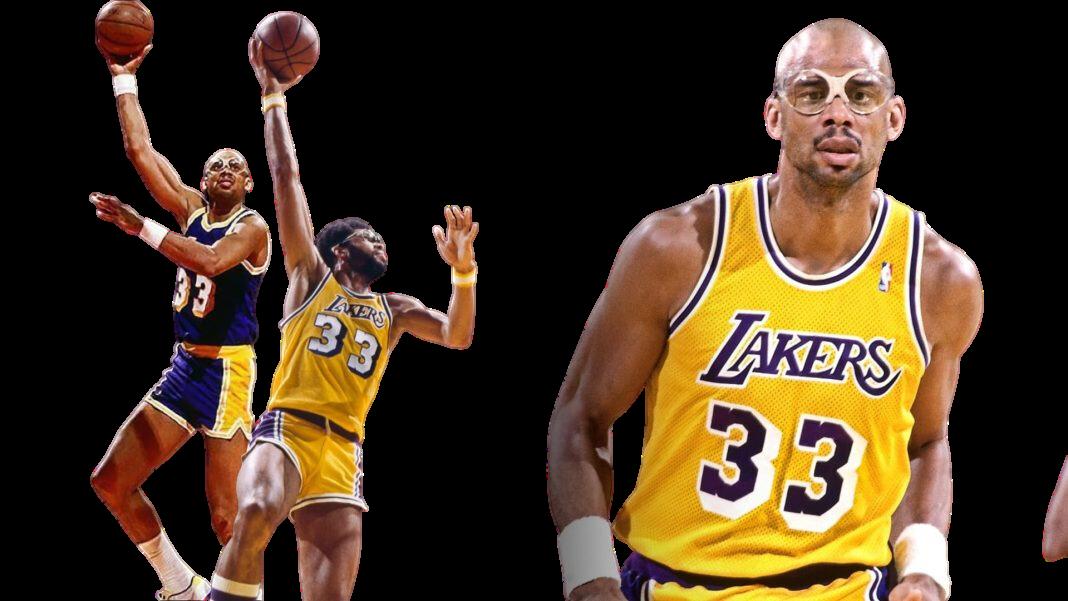

Enslaved Africans, nearly 11 million of whom survived the Middle Passage, formed the foundation of entire economies and built nations from the ground up, including agriculturally. Contrary to the belief that they learned these skills on Southern slave plantations, the men and women brought their knowledge of farming, rice cultivation, fishing, preserving, and cooking to North, Central, South America, and every island colony along the way. This knowledge was invaluable to sustain a growing nation.
Africans also tucked away seeds before being loaded into cargo holds, and when these people were planted in new lands, so too were these seeds Okra, rice, sorghum, pigeon peas (gandules), and black-eyed peas were all introduced to new parts of the world this way.

African American food culture has long been shaped by the historical experiences of enslaved Africans and their descendants From early plantation cooking to contemporary soul food, African American cuisine is a unique blend of flavor and tradition Biscuits and gravy are perhaps the most iconic African American foods. Biscuit is a generic term for a thick pancake popular in Southern United States cuisine; however, biscuits can be made from many different ingredients and are not unique to the South. “Gravy” is a sauce that results from cooking meat in liquid (usually milk), which helps to tenderize the meat and adds a savory flavor


This dish is a classic and is enjoyed by many. It is usually made with a crispy coating and is often served with a side of mashed potatoes.
This creamy and cheesy dish is a favorite among children and adults. It is usually made with a white sauce and is served with bread

This is one of the most popular pizzas in America. It has a creamy buffalo sauce and is topped with melted mozzarella, blue cheese crumbles, and chicken.


What’s more comforting than a cheeseburger? Piled high on top of an Italian bread crust, this dish is an excellent option for those who want to eat carbs.
This comforting dish can be found in many households across the country. It has a filling that includes meat and vegetables and is often accompanied by a side of mashed potatoes and/or gravy.


Jollof rice is a spicy rice dish cooked with tomatoes, peppers, onions, and meat or fish. It is a staple in West Africa and a source of national pride.
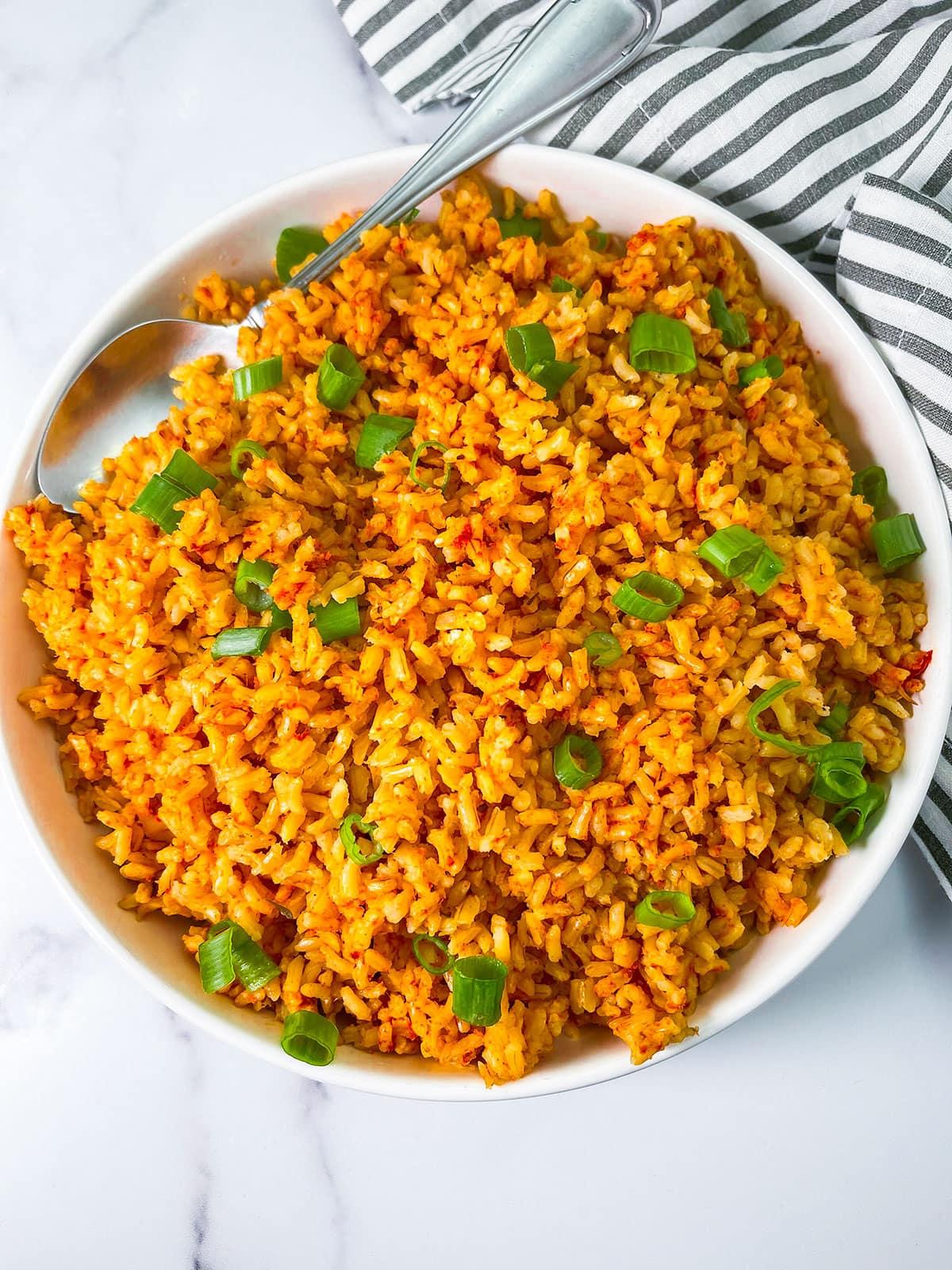
Chicken muamba is a rich and flavorful stew made with palm oil, garlic, chilis, okra and chicken. It is a popular dish in Angola and other parts of Central Africa.

Couscous is a spicy semolina dish cooked with tomatoes, peppers, onions, and meat or fish. It is a staple in West Africa and a source of national pride.



Kebabs are skewered pieces of meat, usually chicken, that are marinated and grilled over charcoal. They are a favorite street food in Egypt and other parts of North Africa and the Middle East.
Bobotie is a baked dish of minced meat, eggs, milk, bread and spices. It is often topped with dried fruits, nuts and chutney. It is a traditional dish in South Africa and has Malay influences.





All those islands, all that ocean. Seafood, whether swimming or in a shell, is a Caribbean highlight. Long a staple of sailors crossing the Atlantic, flying fish are a firm and tender whitefish, best served grilled and hugely popular on Barbados and the Windward Islands. Grouper, a large fish, makes excellent steaks and is good in stews while countless varieties of shellfish are served in beachfront bars.
JERK The signature flavor of Jamaica and one of the Caribbean's most famous cuisines, jerk refers to a very spicy dry or wet rub applied to chicken or other meat. After absorbing the flavors, the meat is smoked and/or grilled to fiery perfection. Variations are many, with influences from Africa to Portugal to Latin America.

Ubiquitous across the islands, especially those with a strong Spanish heritage such as the Dominican Republic and Cuba, roast pork is often served with other regional staples like rice and beans plus plantains. Succulent and juicy, pork drippings give everything on the plate a rich flavor. Roadside stands across Puerto Rico serve the much-loved lechón asado, which is spit-roasted suckling pig.
Simmered in huge pots across the Caribbean, this thick and rich stew can include aubergine, okra, squash, potatoes and pretty much anything else that grows in the islands' rich earth. Beef is the most common meat, while fungi - tasty cornmeal dumplings - add texture. It's called souse in the Bahamas, which may refer to the condition of the cook given that no two recipes or even batches are alike.
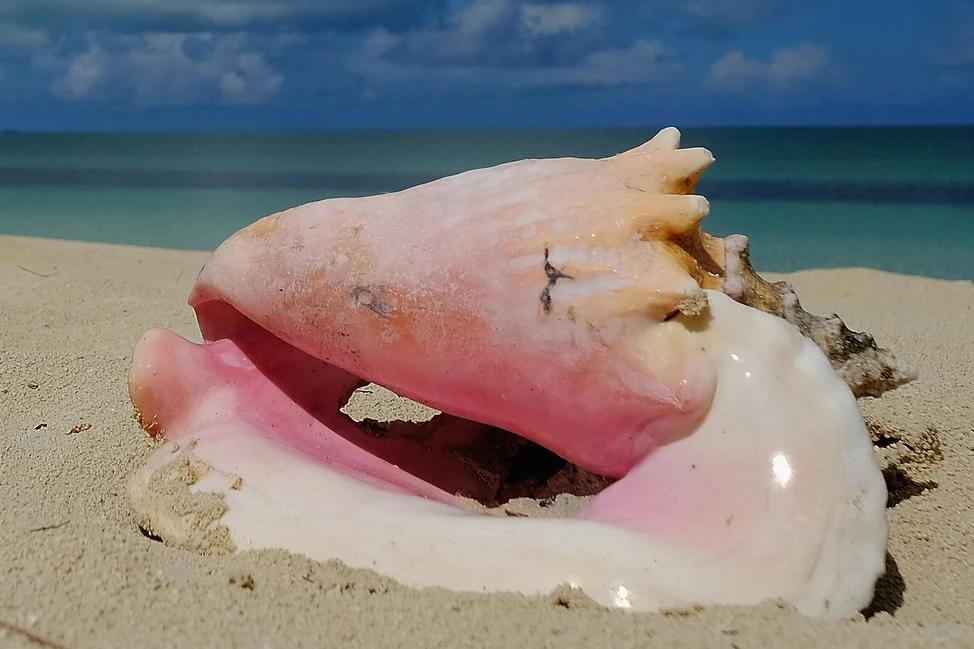
A sort of sea escargot, conch is one of many different large sea snails that are housed in often beautiful shells (piles of them in Bonaire form pearly pink mountains). Something like a huge clam, the meat makes fabulous fritters - a staple in the Bahamas, the Cayman Islands and cruise-ship ports everywhere. Conch also appears in salads, soups and stews. Farm-raised is the most sustainable.


Still craved by locals even decades after they've emigrated, arroz con pollo is the ultimate island comfort food. Wildly popular where Spanish influences remain strong, this deceptively simple dish is a savory mix of flavors that include tomatoes, garlic, peppers and more. Baked until the rich scents fill the kitchen, most would say their mother's version is best.


One Cuban export that has found favor across the Caribbean and Florida, this hearty sandwich was once the lunchtime meal for laborers in Havana. Soft, crusty white bread is layered with ham, roast pork and some sort of mild white cheese. Dill pickles and vinegary yellow mustard provide accents. A sandwich press makes everything gooey, toasty and scrumptious.
"Got some?" is a conversation-starter on tiny Montserrat, where a thin, clove-scented stew called goat water is a national obsession. The broth is heartier on islands like Aruba and Bonaire, where it is called kabritu (or cabrito) and locals solemnly proclaim that their own mother's version is best. Mannish water, a Cayman Islands version, includes a goat head and foot.

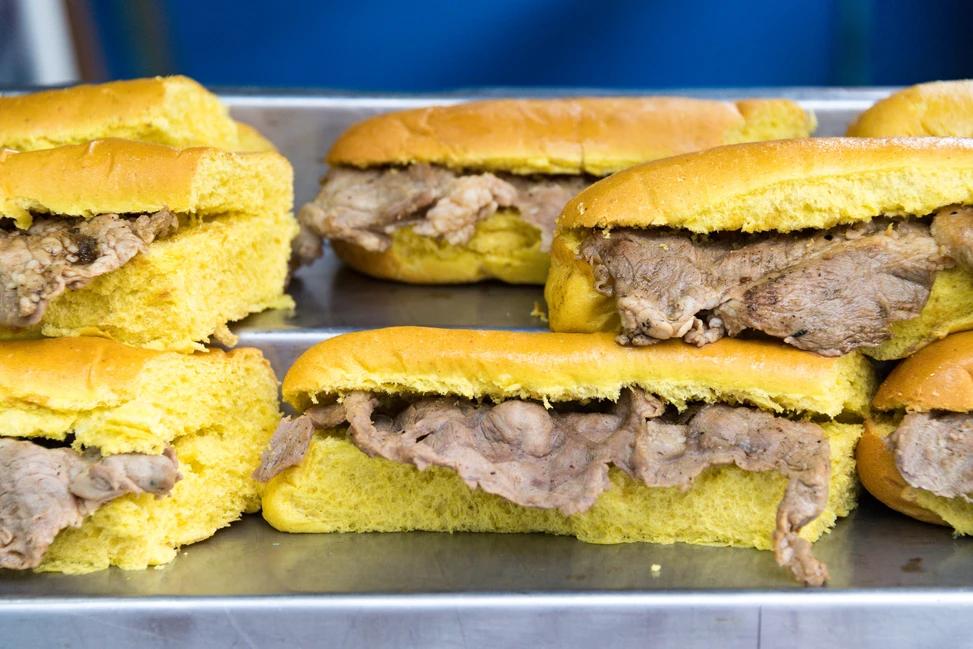
A vegetable dish with roots in West Africa, callaloo was brought to the Caribbean by slaves and is still a vital part of diets on Jamaica and Dominica plus Trinidad and Tobago. Leafy greens (often from the namesake bush or from taro, water spinach and more) are boiled into a thick stew, which may include peppers, coconut milk, okra and all manner of meats and seafood.

This tasty fruit staple grows wild and on farms almost everywhere. It comes in yellow and orange varieties and when perfectly fresh is served plain with a squeeze of lime for a sweet and luscious breakfast. It also appears in salads and even stews. However many prefer papaya mixed into a cocktail with the Caribbean's great contribution to libations: rum.
PAPAYA
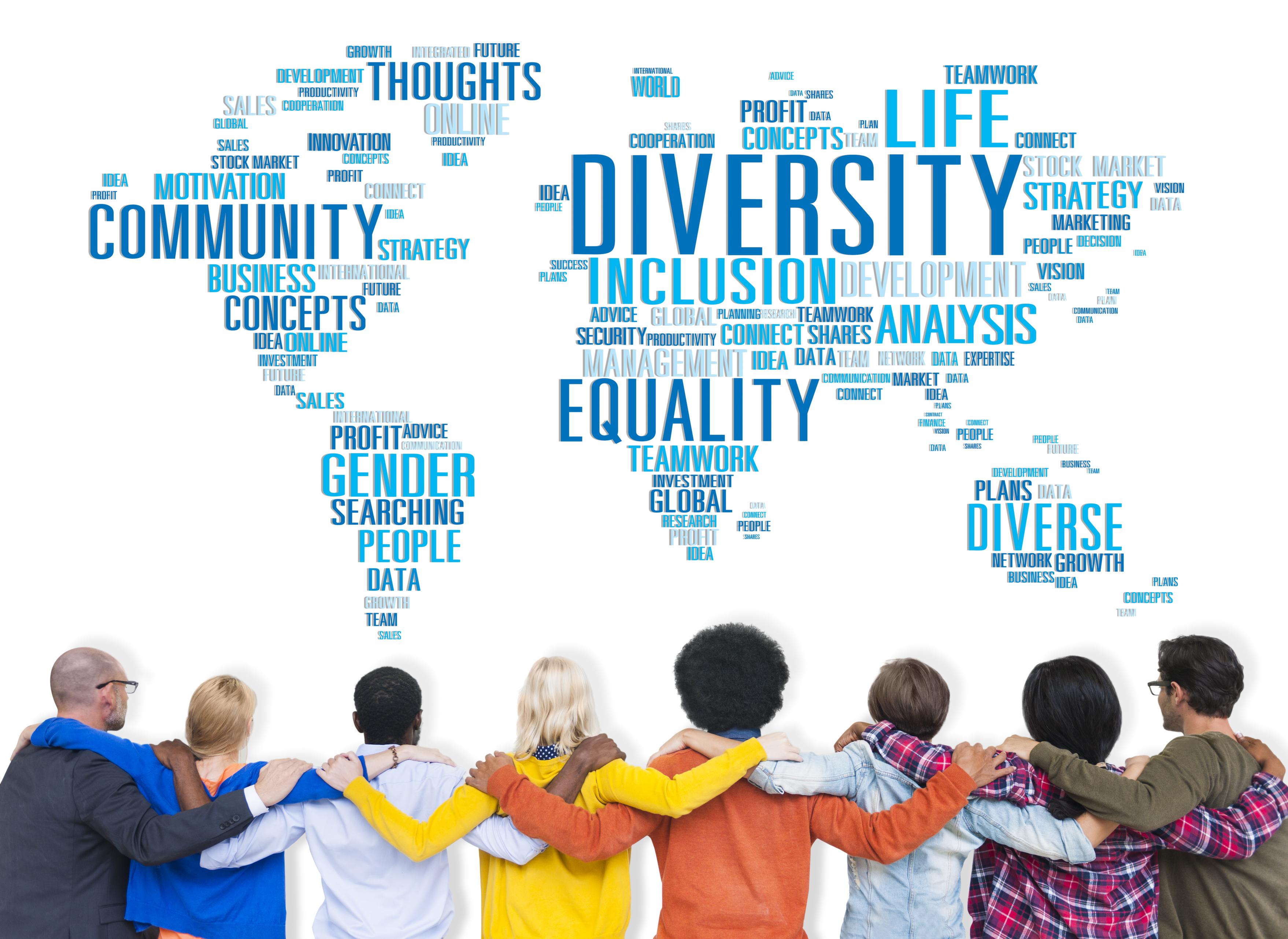

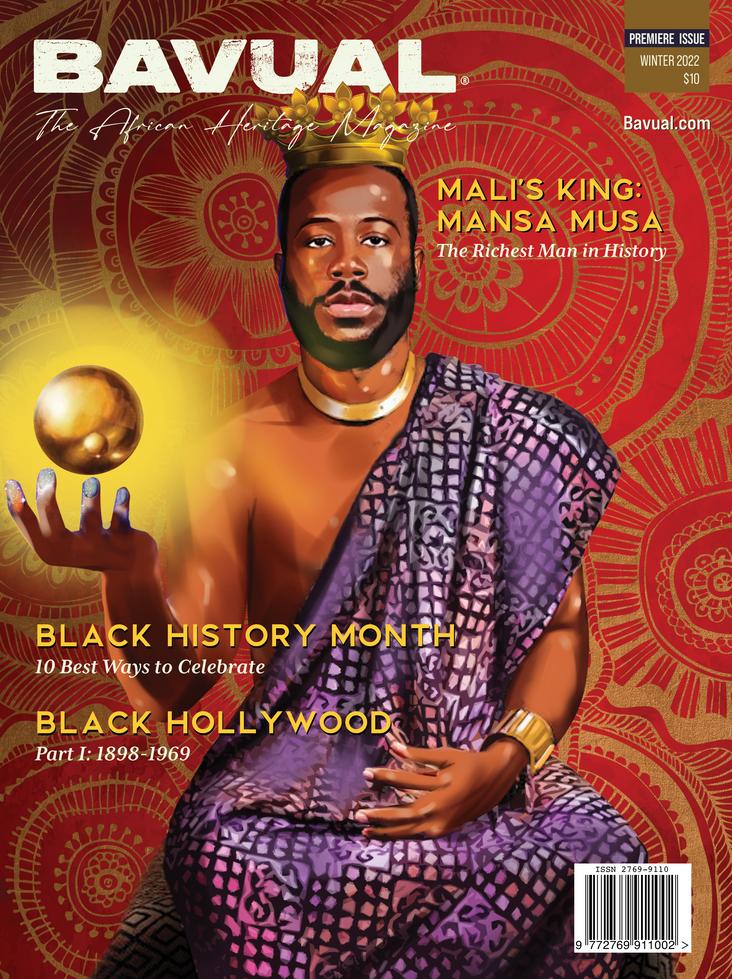
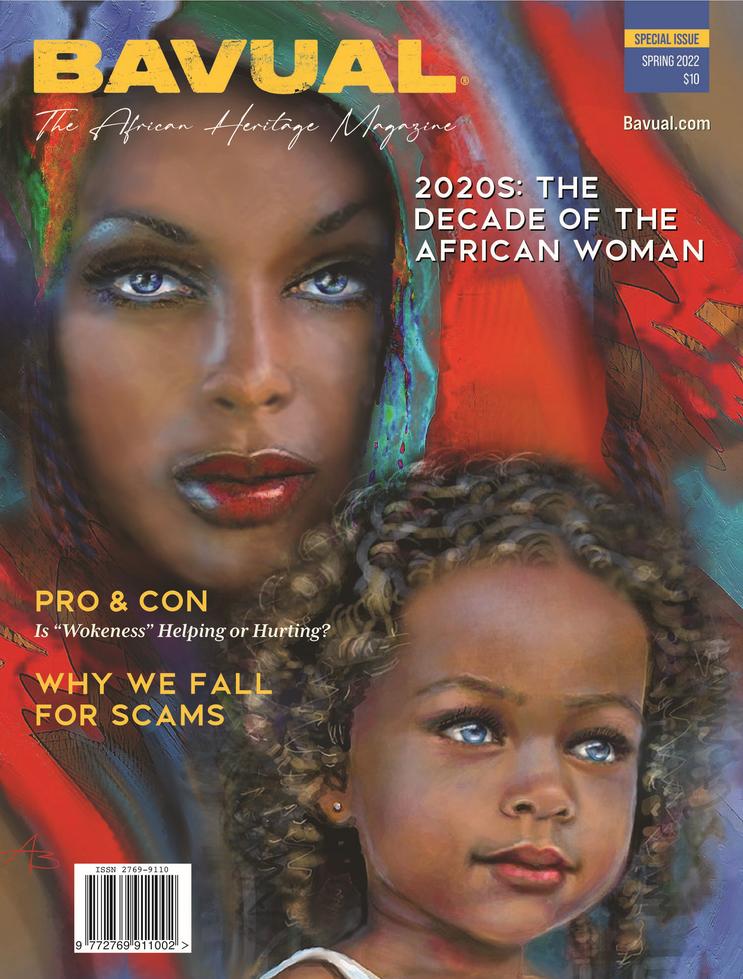
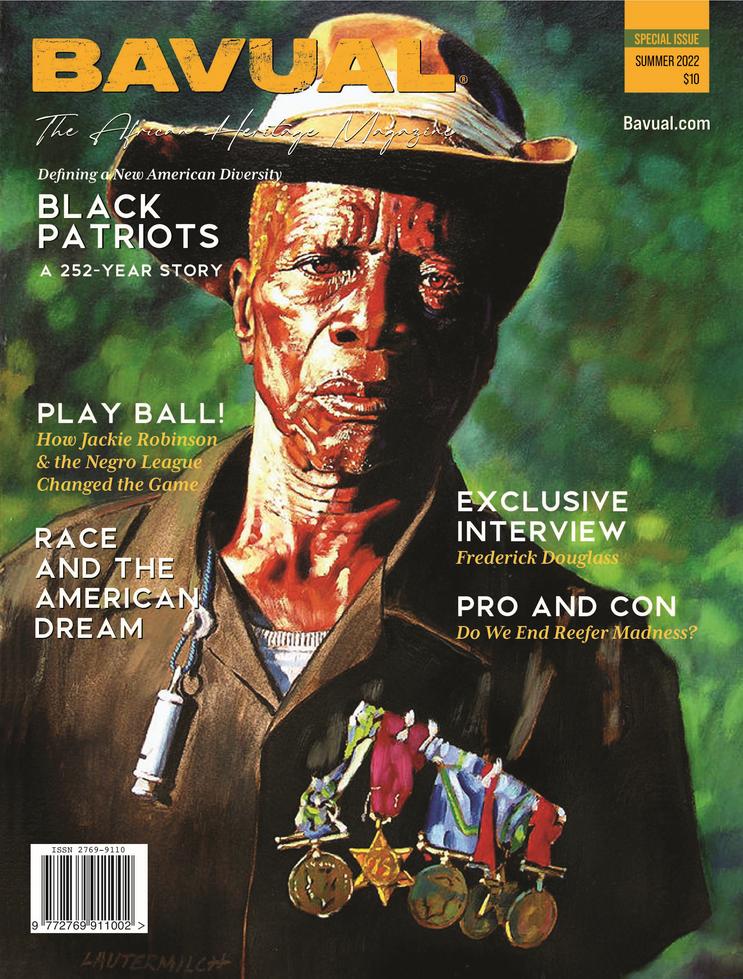
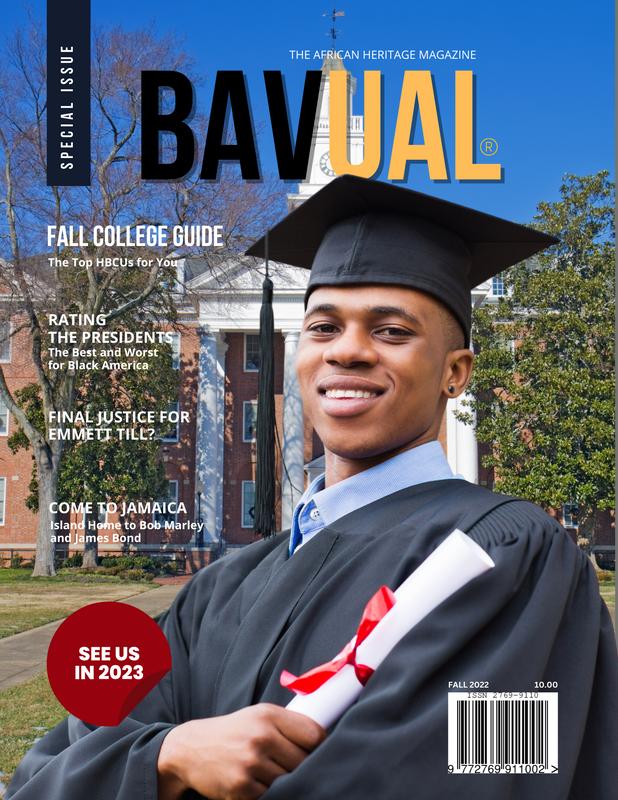
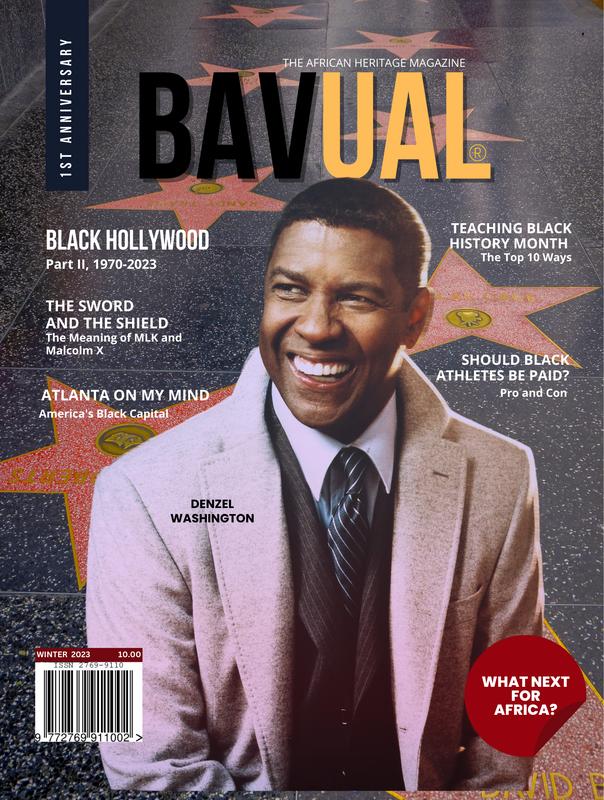
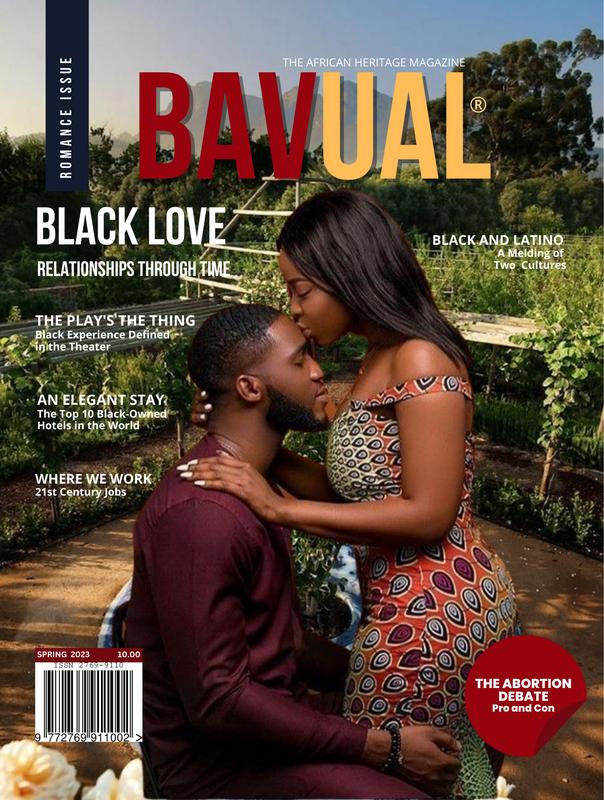
AgroupofAfrican Americanshave beenapartofthe middleandupper classformorethan fourcenturies.
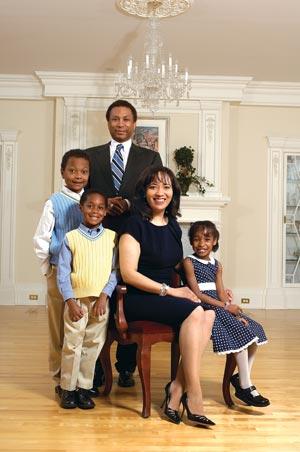
Now 404 years old, the American black bourgeoisie is America’s black upper class based on financial income. The black bourgeoisie includes engineers, lawyers, accountants, doctors, politicians, business executives, venture capitalists, CEOs, celebrities, entertainers, entrepreneurs, and heirs with annual incomes amounting to $200,000 or more.
This social class sometimes referred to as the black upper class, the black upper middle class, or the black elite represents less than 1 percent of the total black population in the United States. This group of blacks has a history of organizations and activities that distinguish it from other classes within the black community and the white-American upper class. Many of these traditions, which have persisted for several generations, are discussed in Lawrence Otis Graham’s 2000 book, Our Kind of People: Inside America’s Black Upper Class.
When enslaved Africans were brought to the Americas in the 17th and 18th centuries, there began to be mixed-race children of black African and white European descent in the Americas. Then called "mulattoes," they were sometimes not enslaved by their white slaveholding fathers and comprised a large part of the free black population in the Antebellum South. In addition, some blacks escaped to freedom during the American Revolution. Others were manumitted by their enslavers. The free black community in the U.S. had therefore increased by 1800, and although most were very poor, some could own farmland or learn mechanical or artistic trades. Some people escaped slavery or served in the American Civil War (1861-1865) for the Union. After the war, Special Field Order No. 15 issued 40,000 former slaves to live on 400,000 acres of Georgia and South Carolina coastal land. Each had a mule, contributing to land ownership among blacks following emancipation.
Other former slaves, often mixed-race house slaves who shared ancestry with their one-time owners and had acquired marketable skills such as cooking and tailoring, worked in domestic fields or were able to open small businesses such as restaurants and
catering firms. Some free blacks in the North also founded small businesses and even newspapers. They were able to get a head start on blacks still enslaved because of their lack of access to wealth accumulation, particularly regarding land ownership.
Regarding education, Cheyney University; Lincoln University, Pennsylvania, founded in 1854; and Wilberforce University, founded in 1856, were the only black colleges operational before the American Civil War; these schools were located in the North. However, a few predominantly white colleges, such as Oberlin College in Ohio and Berea College in Kentucky, had accepted black students even before the war. Their black graduates had been given a head start on economic stability. During the war in the 1860s, organizations such as the American Missionary Association, which had sponsored elementary schools for Southern blacks, established some of the first historically black colleges and universities (HBCUs). These include Fisk University, Hampton University, Howard University, Tuskegee University, Spelman College, and Morehouse College. Those who attended these schools, as well as other black colleges, were able to acquire skills and academic knowledge that put them in a distinctly different class.
Since the founding of these schools was often attended originally by the children of skilled former slaves who had been able to establish businesses or farms in the post-war period, several generations of many families have often become alumni. While today there are well over one hundred historically black colleges and universities in the U.S., these early institutions have consistently been preferred for upper-class blacks. In particular, Hampton University, Howard University, Tuskegee University, Spelman College, and Morehouse College have historically been heavily favored by the black intelligentsia due to their selectivity (cost included), academic rigor, name recognition, networking opportunities, strong funding, and black cultural enrichment. A few free blacks during the 19th century were admitted into private, predominantly white institutions such as Harvard, Amherst and Yale.
Jack and Jill of America, Inc., is a society organization that provides black men and women age 2-19 with etiquette and networking skills and contacts. Founded in 1938, it embraces 50,000 families in 262 chapters.

However, since integration, many children of the black bourgeoisie have attended predominantly white colleges and universities. "In the first time period covered by the scholars, black colleges were attracting significant numbers of students from professional, middle-class black families. [These people] are now the students who are cherry-picked by highly selective, prestigious institutions that weren’t looking for them in the 1970s," said Michael L. Lomax, president of the United Negro College Fund.
In 1904, Sigma Pi Phi fraternity, also known as "The Boulè," was established as the first Greek-letter society for African Americans, admitting mainly those black men who had gained considerable respect within their chosen industries. That fraternity is not present as an undergraduate fraternity. Within a decade, African American undergraduate college students established fraternities and sororities as small, selective social groups that later emphasized scholarship and social activism. Occasionally, alumni members of an undergraduate fraternity are invited to join Sigma Pi Phi as mid-career adults. Alpha Phi Alpha fraternity was established at Cornell University in 1906 as the first African American intercollegiate fraternity.
Today, nine historically black sororities and fraternities make up the National Pan-Hellenic Council, sometimes called the "Divine Nine." These include Alpha Phi Alpha (1906), Alpha Kappa Alpha (1908), Kappa Alpha Psi (1911),
Omega Psi Phi (1911), Delta Sigma Theta (1913), Phi Beta Sigma (1914), Zeta Phi Beta (1920), Sigma Gamma Rho (1922), and Iota Phi Theta (1963). Some contend that historically black Greek organizations differ from those traditionally all-white because of their importance to blacks long after they have left their respective colleges and universities.
In his book Our Kind of People: Inside America’s Black Upper Class, Graham said these sororities and fraternities "are a lasting identity, a circle of lifetime friends, a base for future political and civic activism." Other research on the black elite from a sociological perspective is generally traced to E. Franklin Frazier's Black Bourgeoisie (first edition in English in 1957, translated from the 1955 French original).
Apart from some classic black bourgeois perspectives, conservative intellectuals consistently demonstrate they have personally internalized negative stereotypes about poor blacks and African American culture. The evidence for this lies in the underlying assumptions of their written work, the descriptions of poor blacks in that work, and their biographies. Here are a few observations about the black middle class:
*Homophobia and anti-gay attitudes are pervasive, as seen by the fact that many black Americans are anti-gay marriage
*Affirmative action policies, though it helped many ascend to middle-class status, are no longer needed
*Black politicians are needed to protect the economic status of the black middle class, not to speak about social justice
*Black liberals have no focus and can no longer speak for the burgeoning black middle class
*Intra racism has long been the standard among blacks of different shades of blackness
The assent of the elite black community in America has often intersected with white America. That has not always benefited middle- and lowerclass black communities. In 2017, Ben Carson, a former pioneering brain surgeon, became the Secretary of Housing and Urban Development with no prior administrative or government experience. Over the years, many in the black upper class have founded numerous other organizations that allow them to socialize, build networks, and get involved in communities. One of the most notable is Jack and Jill of America, Inc. Oprah Winfrey, Harry Belafonte, and Denzel Washington come to mind, while others make fewer impacting choices. According to a 2007 estimate, 80 percent of upper-class blacks own their own homes. This is compared to 66 percent of those earning more than $50,000 and 52 percent earning between $30,000 and $49,999. Since around 1980, black professional athletes have financially joined the black bourgeois.
They have had less in common with the black middle and lower class; accordingly, comments like “I am not a role model” and “Republicans buy gym shoes too” from Charles Barkley and Michael Jordan, respectively, are examples. This seems to generalize that the black bourgeoisie athletes' primary loyalty is to the capitalist system. In 2020, after the murder of George Floyd, professional athletes began to speak out more against police terror against the black community in America. The National Basketball Association (NBA) called off its playoff games for a few days. Major League Baseball (MLB), the National Football League (NFL), Major League Soccer (MLS), individual tennis players, and even the National Hockey League (NHL) called off some games, matches and practices.
*Academic underachievement is the result of the black home, not institutional problems such as racism dating back to Jim Crow
The result was a mixture of grandstanding with no marketable change in law enforcement. Barack Obama helped convince these NBA players to return to the court. So, instead of aggressive direct action, we are left with sports arenas being set up as voting centers for the 2020 national election. (The general public has seen these locations used to address COVID-19 as food and vaccine distribution centers in 2021.)
zippia com
As of 2023, There are over 324,951 police officers currently employed in the United States. Of these, 60% are white, 18 2% are Latino, and 12 9% are black. Among police chiefs, 9.9% are black.
The United States has had a system of law enforcement in place since its founding in 1776. Each state and municipality has its own police force, courts and prison system. Crimes committed across state lines are enforced by the U S Department of Justice, headed by the attorney general. The chief investigative agency of the Justice Department is the Federal Bureau of Investigation Laws are also enforced by the Treasury Department, the Homeland Security Department, the Internal Revenue Service, and the Postal Service.
Of the FBI's 13,000 agents worldwide, 400, or 3%, are black. None have ever served as FBI director Overall, 18% of Justice Department employees are black. Two blacks have served as U.S. attorney general, both nominated by a black president
Among all judges, 5 5% are black Two African Americans serve on the U S Supreme Court
There are 50 state attorneys general, of whom five are African American There are over 30,321 district attorneys: 5.4% are black.
There are 685 black lawyers in the U.S., comprising 3.7% of the profession.
ojjdp.gov
In 2020, more than 7 6 million Americans were arrested, of whom 70% were white and 26% were black Of these arrests, 36% of blacks were caught for violent crimes (murder and nonnegligent manslaughter, forcible rape, robbery, and aggravated assault) and 28% for property crimes (burglary, larceny-theft, motor vehicle theft, and arson)



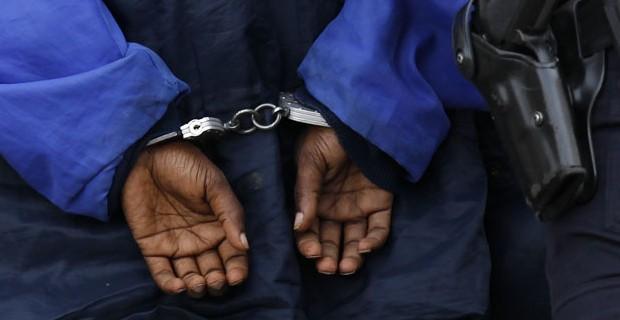
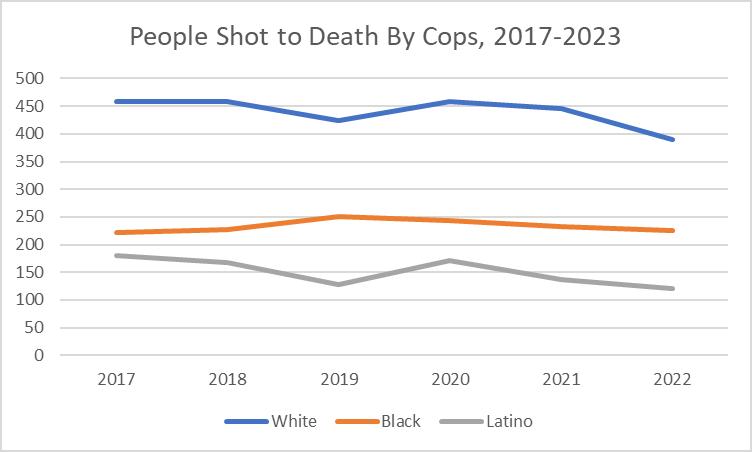
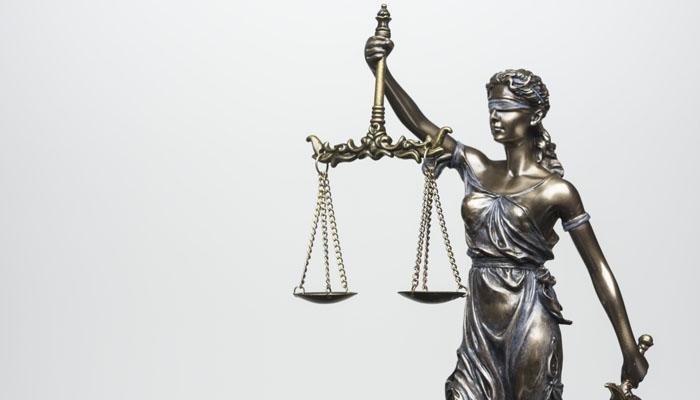
thecrimereport org
Black people are seven times more likely to be wrongfully convicted of a serious offense, including murder, than white people, according to a report released in 2022 by the National Registry of Exonerations Black defendants are 2.4 percentage points more likely than white defendants to be detained while they await their court hearings. The average bail for black defendants is $7,281 higher than for white defendants.*
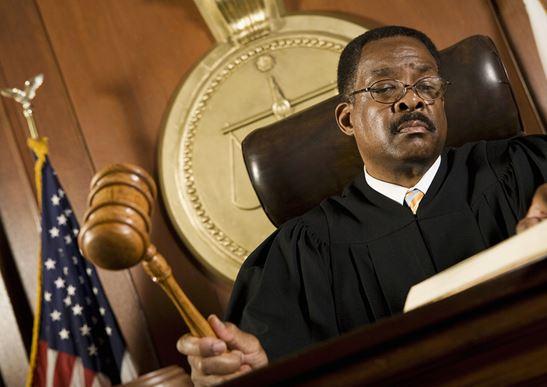
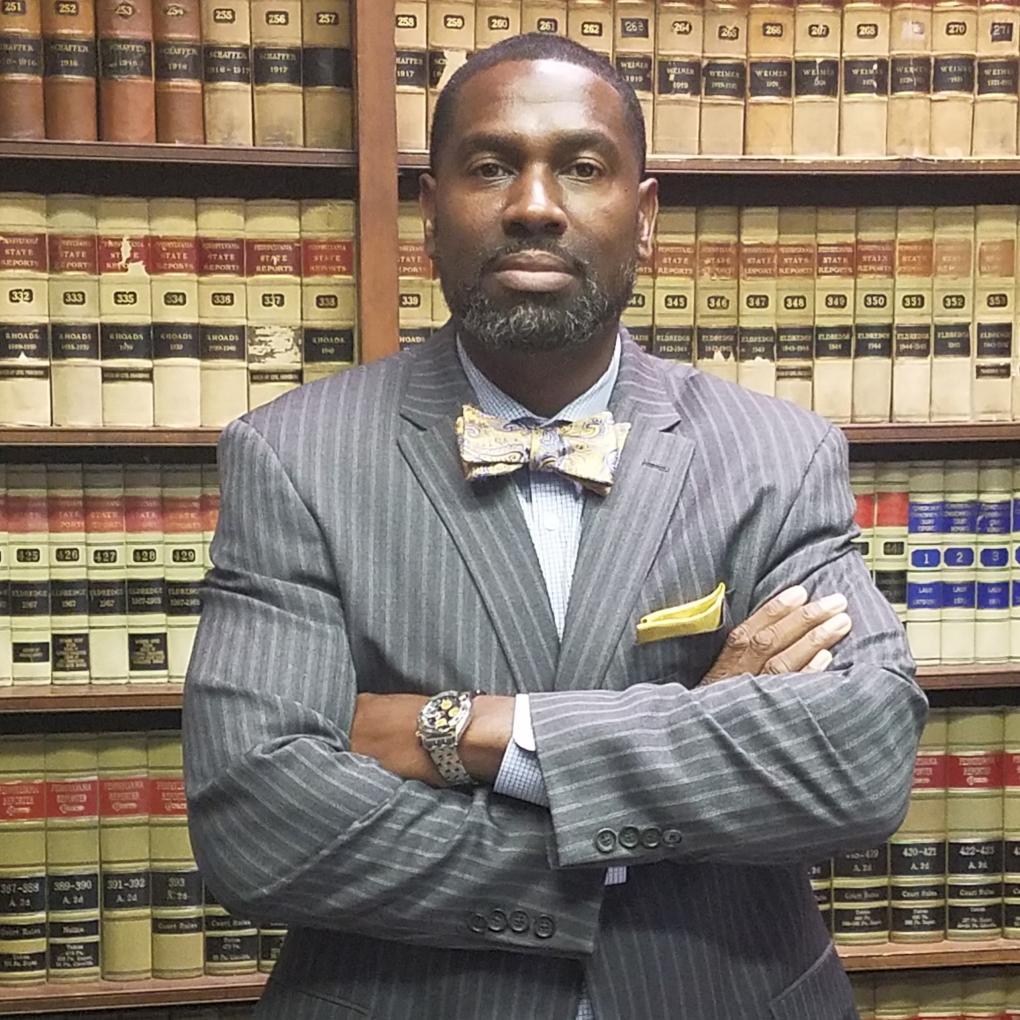
The United States is unparalleled historically and ranks among the highest worldwide in its dependence on incarceration Over five million people in total are under supervision by the criminal legal system Nearly two million people, disproportionately black, are living in prisons and jails instead of their communities.
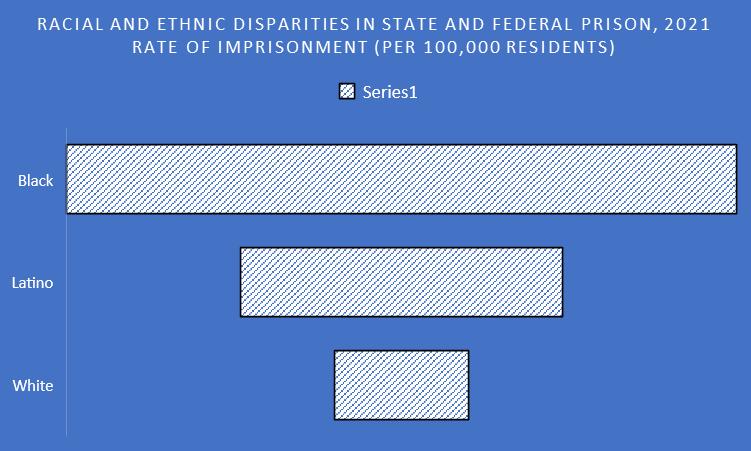
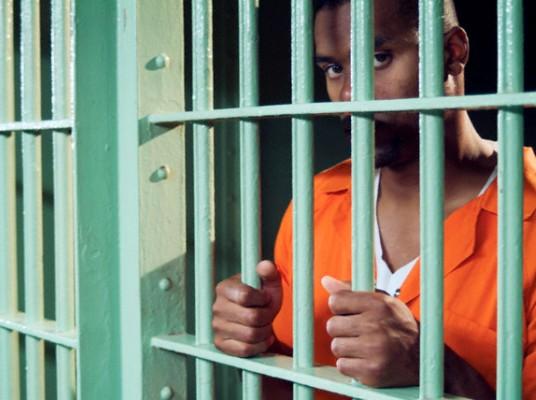
Current death row population: white, 994 (42%); black, 970 (41%); Latino, 330 (14%). Keep in mind that blacks constitute 13% of the U S population

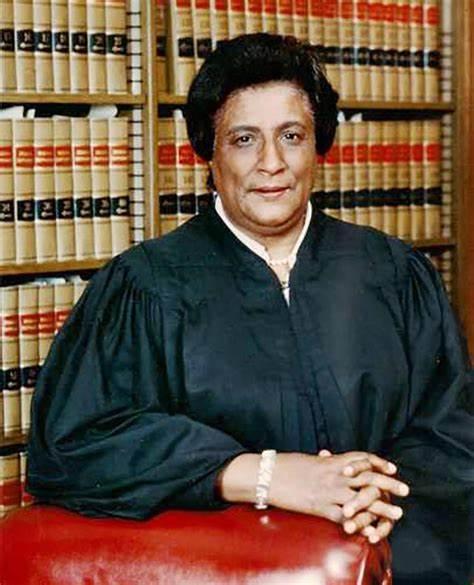
Before there was Supreme Court Justice Ketanji Brown Jackson and Vice President Kamala Harris, there was Motley, a one-time New York state senator, Manhattan Borough president, and civil rights strategist who was appointed a federal district court judge by President Lyndon B. Johnson in 1966, the first black woman to be so honored.
The New Haven, Connecticut, native earned degrees from Fisk University and Columbia Law School before being hired as an attorney for the NAACP Legal Defense and Educational Fund (LDF). In this position, she handled many landmark civil rights cases, including the draft submitted to the Supreme Court in Brown v. Board of Education (1954). As a federal judge, Motley presided over many high-profile cases involving sex discrimination, protesters' and tenants' rights, and women's access. She retired in 1986 as a chief judge and remained on senior status until her death in 2005.
Among numerous honors and awards, Motley received the NAACP's Spingarn Medal and was inducted into the National Women's Hall of Fame. President Bill Clinton awarded her the Presidential Citizens Medal in 2001.
Once the king of black hair-care products in the 1970s, Johnson founded Johnson Products Company, an international cosmetics firm headquared in Chicago. Johnson Products was at one time the second-largest black-owned business in the U.S. and the first to be listed on a stock exchange, the American Stock Exchange, in 1971.
A Mississippi sharecropper's son whose family moved to Chicago when he was a child, Johnson worked at odd jobs before he became a chemist at a local cosmetics firm. In 1954, he borrowed money to form Johnson Products and introduced his first products, Ultra Wave for men and Ultra Sheen for women. It was Afro Sheen, introduced in the late 1960s, during the "Afro" craze, that made Johnson a household name. Johnson Products was the exclusive sponsor of the nationally syndicated dance show Soul Train during the 1970s.
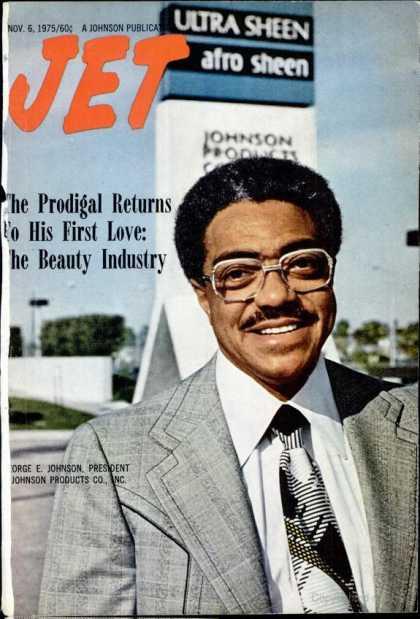
Brimmer gained fame as a key player in U.S. economic policy, having served as the first African American member of the Federal Reserve Board of Governors, a position he held from 1966 to 1974
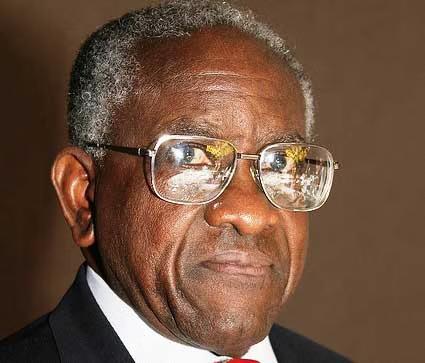
Brimmer rose above his birth to a Louisiana sharecropper family and segregated schools to earn a PhD in economics from Harvard University and serve as a Commerce Department official during the Johnson administration before his appointment to the Federal Reserve He later formed a consulting company, Brimmer & Company. Brimmer's association with the Tuskegee University board of directors lasted 45 years, the final 28 as board chairman.
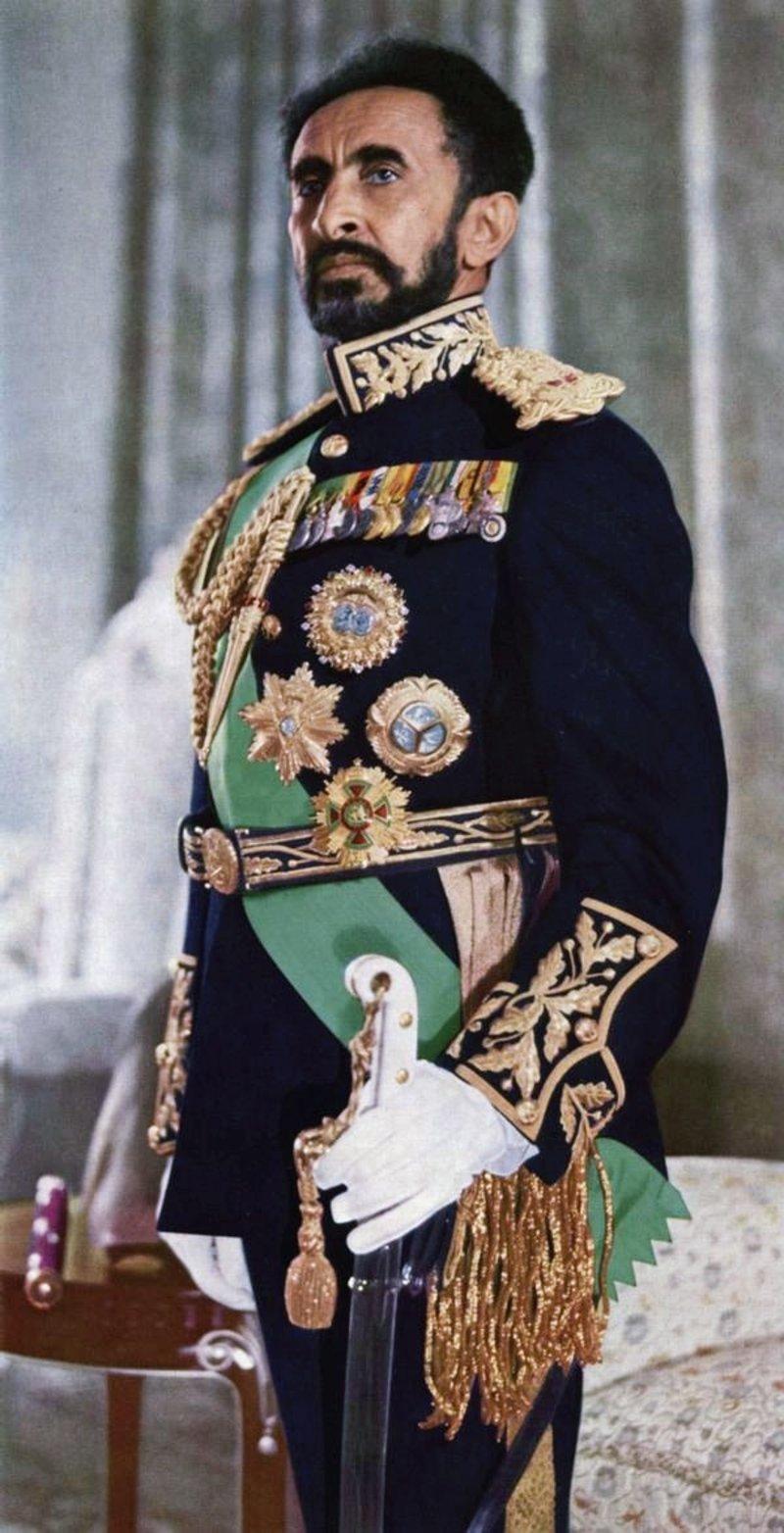
A descendant of Ethiopian royalty that dates back to the Biblical era, Selassie was Ethiopia's emperor from 1930 to 1974 He was a key symbol of respect and admiration for blacks worldwide for his distinguished bearing and his pre-World War II opposition to colonial rule in Africa, especially during Ethiopia's invasion by Mussolini's Italy When Addis Ababa, the capital, fell, Selassie spent a period in exile (1936-41) before Ethiopia was liberated from the Italians in 1941
Selassie, who was said to trace his rule back to King Solomon and Maketa, the Queen of Sheba, had an uneven record as emperor He introduced the country's written constitution in 1931 and abolished slavery but also suppressed rebellion to his reforms among the landed aristocracy and was cited by human rights groups as autocratic and illiberal He was deposed in 1974 and assassinated two years later.
Today he is probably best remembered as the key figure of Rastafari, a religious movement in Jamaica that emerged shortly after he became emperor in the 1930s.
SUMMER 2023
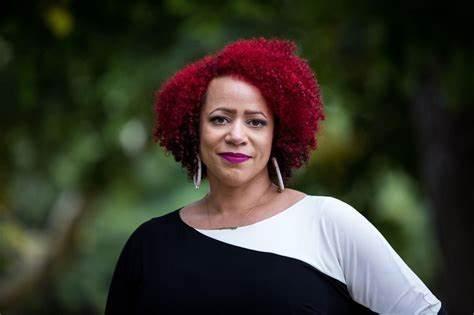
Hannah-Jones is at the center of the American cultural debate on wokeism, having launched The 1619 Project, the massive historical work published by her employer, The New York Times, in 2019. Designed to be a far more revealing account of the origin of slavery in America, the work has become a lightning rod over the teaching of black history The current ban on the teaching of Critical Race Theory (CRT), a law school-level course, in several red states is largely the result of the popularity of this project. Nevertheless, the veteran journalist was awarded the Pulitzer Prize for Commentary in 2020. The award cited her "sweeping, provocative and personal essay which seeks to place the enslavement of Africans at the center of America's story, prompting public conversation about the nation's founding and evolution "
Hannah-Jones, a native Iowan and Notre Dame University graduate, currently teaches race and journalism at Howard University.
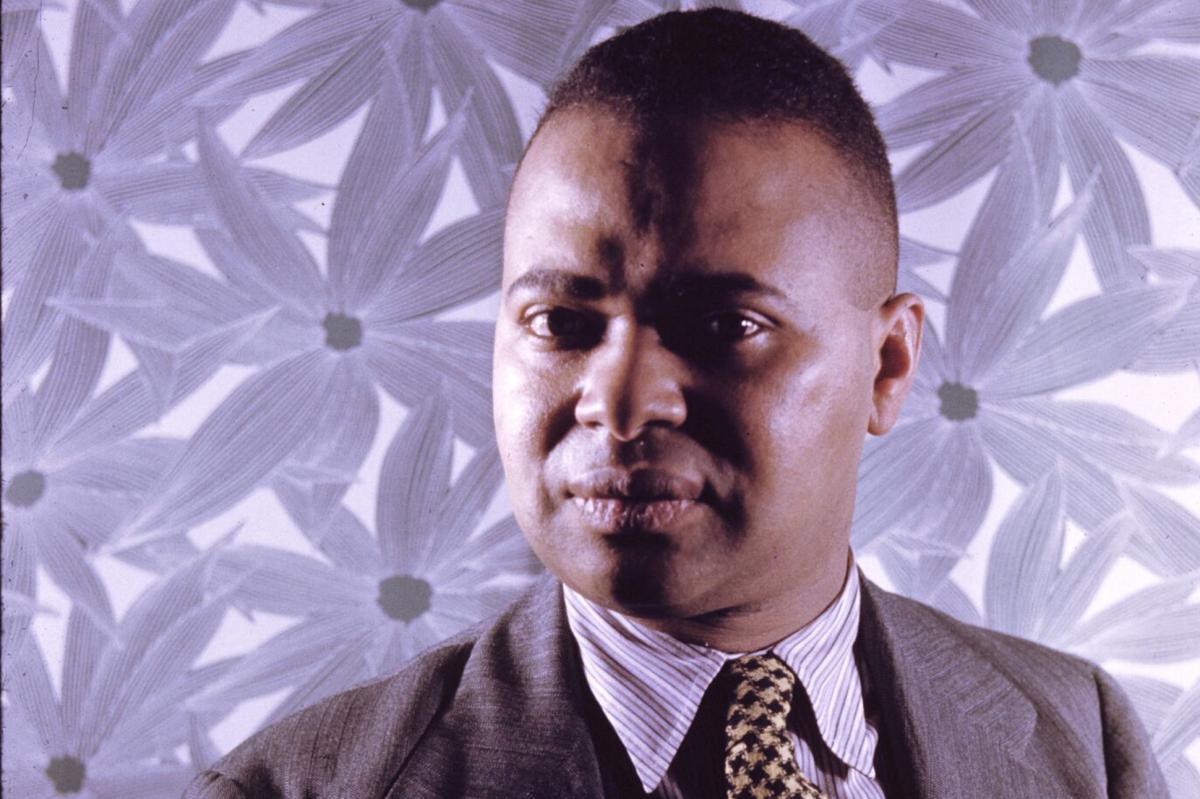
A generation of Harlem public school students (among them Earl Birkett, the father of BAVUAL's editor) owe their education to Cullen, a teacher and one of the premier poets of American literary history, who helped define the cultural awakening known as the Harlem Renaissance of the 1920s and 1930s
Harlem became Cullen's home at age 9, and he was educated at New York University and Harvard University. His most creative period was the 1920s. Colors, his poetry collection published in 1925, became a representative element of the Harlem Renaissance. Written in a careful, traditional style, the work celebrated black beauty and deplored the effects of racism The volume included "Heritage" and "Incident," probably his most famous poems
The prolific Cullen would also write novels, plays, and children's stories and edit several leading literary magazines of his day. He mentored a future writer, James Baldwin, one of his students
Until 2016, Kaepernick was known primarily for his role as a professional football player. The Californian was an all-state star in three sportsfootball, basketball and baseball - all while maintaining a 4 0 GPA, a feat he repeated at the University of Nevada, where he graduated in 2011. While at Nevada, he was drafted by the Chicago Cubs baseball team, but he decided to remain a football player instead, establishing a college record in total yards and rushes as a quarterback
Drafted by the San Francisco 49ers in 2011, Kaepernick as quarterback led the team to a Super Bowl win in 2012 and a place in the NFC Championship in 2013
During the 2016-17 season, Kaepernick first sat, then knelt during the playing of the U S national anthem, rather than stand as is customary, as a protest against racial injustice, police brutality and oppression in the country. Right-wing Americans, led by then-President Donald Trump, exploded with contempt, which likely ended his football career (he has since become an unsigned free agent), but has made him the first modern victim of the anti-woke mob and a symbol for social justice


Among the many books banned by Florida and other red states as being too "woke," Kendi's antiracist treatises are at the top of the list. He seeks to uncover the underpinnings of race and discriminatory policy in America, making him a villain to white supremacists as well as one of Time magazine's 100 Most Influential People of 2020.
Kendi was born in New York City and raised in Virginia. The HBCU graduate (Florida A&M) earned his PhD from Temple University and taught Africana studies, history and international relations at several major universities before founding the Center for Anti-Racist Research at Boston University in 2020 where he serves as director. His best-selling book, How to Be an Anti-Racist (One World, 2019), and essays in other books and journals make him one of the leading intellectual voices against racism
SUMMER 2023


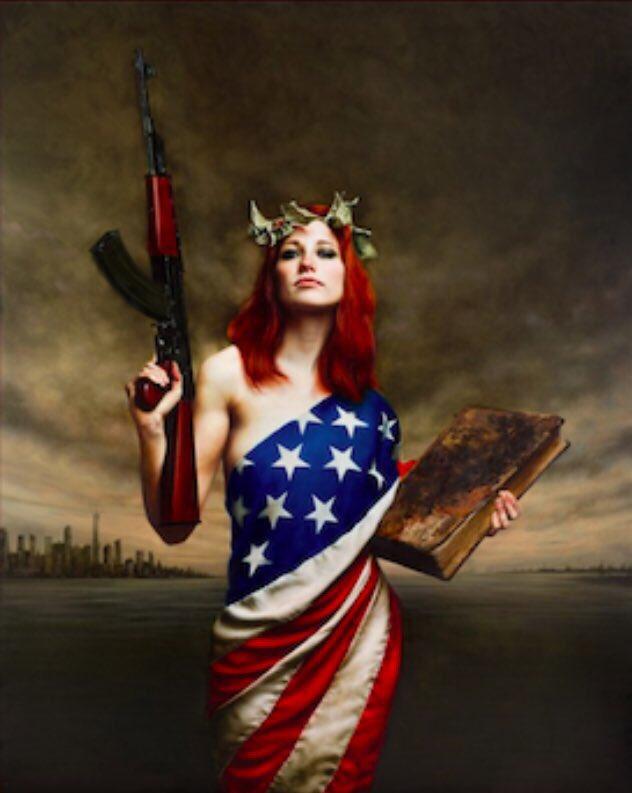
Whendaycomes,weaskourselves,wherecanwefindlightinthisnever-endingshade?
Thelosswecarry.Aseawemustwade.
Webravedthebellyofthebeast.
We’velearnedthatquietisn’talwayspeace,andthenormsandnotionsofwhat“just”isisn’talways justice.
Andyetthedawnisoursbeforeweknewit.
Somehowwedoit.
Somehowweweatheredandwitnessedanationthatisn’tbroken,butsimplyunfinished.
We,thesuccessorsofacountryandatimewhereaskinnyBlackgirldescendedfromslavesandraisedby asinglemothercandreamofbecomingpresident,onlytofindherselfrecitingforone.

And,yes,wearefarfrompolished,farfrompristine,butthatdoesn’tmeanwearestrivingtoformaunion thatisperfect.
Wearestrivingtoforgeourunionwithpurpose.
Tocomposeacountrycommittedtoallcultures,colors,charactersandconditionsofman.
Andsoweliftourgaze,nottowhatstandsbetweenus,butwhatstandsbeforeus.
Weclosethedividebecauseweknowtoputourfuturefirst,wemustfirstputourdifferencesaside.
Welaydownourarmssowecanreachoutourarmstooneanother.
Weseekharmtononeandharmonyforall.
Lettheglobe,ifnothingelse,saythisistrue.
Thatevenaswegrieved,wegrew.
Thatevenaswehurt,wehoped.
Thatevenaswetired,wetried.
Thatwe’llforeverbetiedtogether,victorious.
Notbecausewewillneveragainknowdefeat,butbecausewewillneveragainsowdivision.
Scripturetellsustoenvisionthateveryoneshallsitundertheirownvineandfigtree,andnooneshall makethemafraid.
Ifwe’retoliveuptoourowntime,thenvictorywon’tlieintheblade,butinallthebridgeswe’vemade. Thatisthepromisetoglade,thehillweclimb,ifonlywedare.
It’sbecausebeingAmericanismorethanaprideweinherit.
It’sthepastwestepintoandhowwerepairit.
We’veseenaforcethatwouldshatterournation,ratherthanshareit. Woulddestroyourcountryifitmeantdelayingdemocracy.
Andthiseffortverynearlysucceeded.
Butwhiledemocracycanbeperiodicallydelayed,itcanneverbepermanentlydefeated.
Inthistruth,inthisfaithwetrust,forwhilewehaveoureyesonthefuture,historyhasitseyesonus. Thisistheeraofjustredemption.
Wefearedatitsinception.
Wedidnotfeelpreparedtobetheheirsofsuchaterrifyinghour.
Butwithinitwefoundthepowertoauthoranewchapter,toofferhopeandlaughtertoourselves.
So,whileonceweasked,howcouldwepossiblyprevailovercatastrophe,nowweassert,howcouldcatastrophepossibly prevailoverus?
Wewillnotmarchbacktowhatwas,butmovetowhatshallbe:acountrythatisbruisedbutwhole,benevolentbutbold, fierceandfree.
Wewillnotbeturnedaroundorinterruptedbyintimidationbecauseweknowourinactionandinertiawillbethe inheritanceofthenextgeneration,becomethefuture.
Ourblundersbecometheirburdens.
Butonethingiscertain.
Ifwemergemercywithmight,andmightwithright,thenlovebecomesourlegacyandchangeourchildren’sbirthright. Soletusleavebehindacountrybetterthantheonewewereleft.

Everybreathfrommybronze-poundedchest,wewillraisethiswoundedworldintoawondrousone.
WewillrisefromthegoldenhillsoftheWest.
WewillrisefromthewindsweptNortheastwhereourforefathersfirstrealizedrevolution.
Wewillrisefromthelake-rimmedcitiesoftheMidwesternstates.
Wewillrisefromthesun-bakedSouth.
Wewillrebuild,reconcile,andrecover.
Andeveryknownnookofournationandeverycornercalledourcountry,ourpeoplediverseandbeautiful,willemerge batteredandbeautiful.
Whendaycomes,westepoutoftheshadeaflameandunafraid.
Thenewdawnbloomsaswefreeit.
Forthereisalwayslight,ifonlywe’rebraveenoughtoseeit. Ifonlywe’rebraveenoughtobeit.
BAVUAL 98 SUMMER 2023

